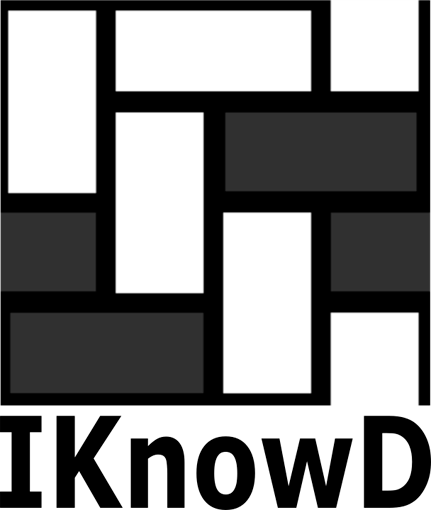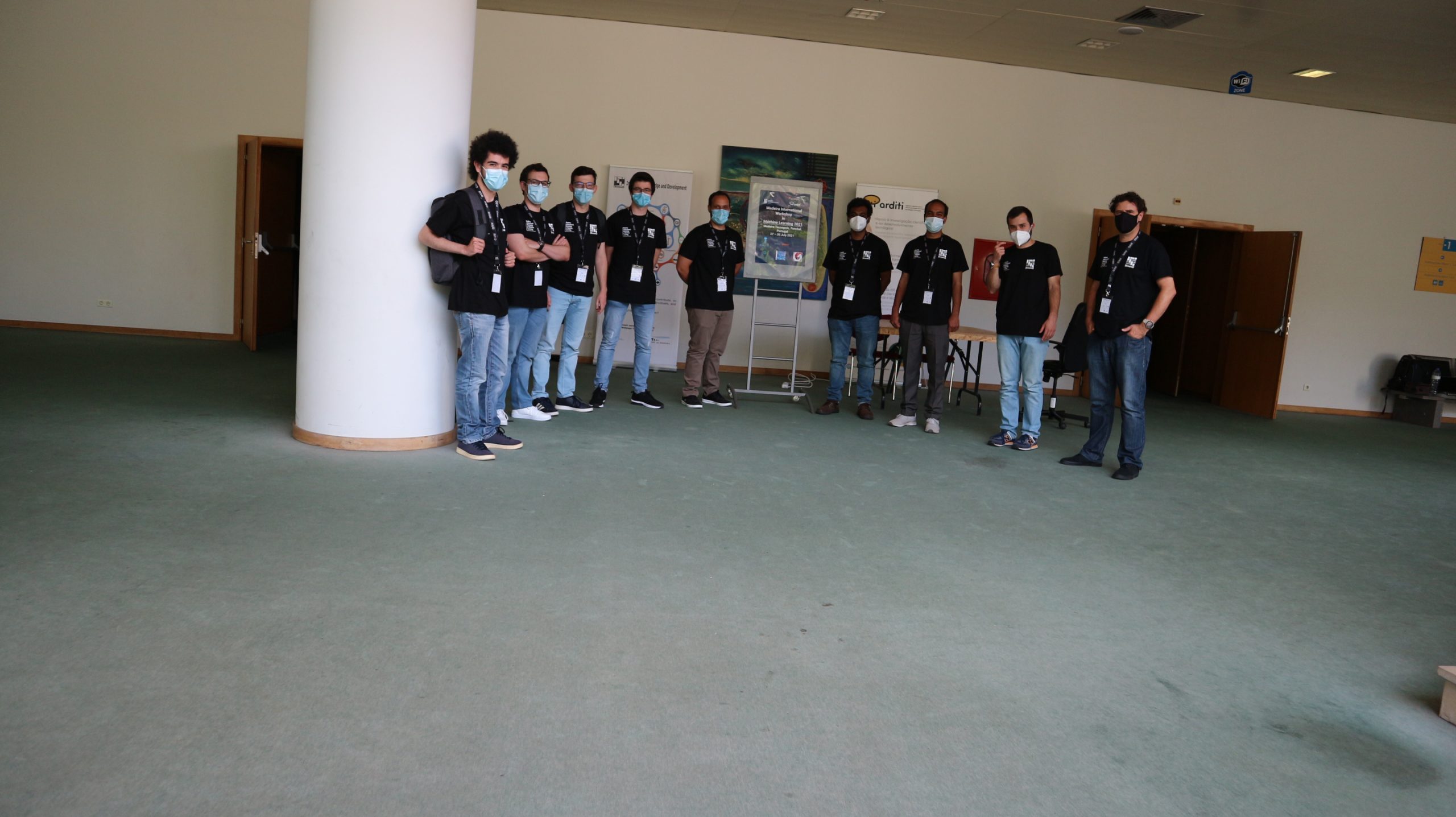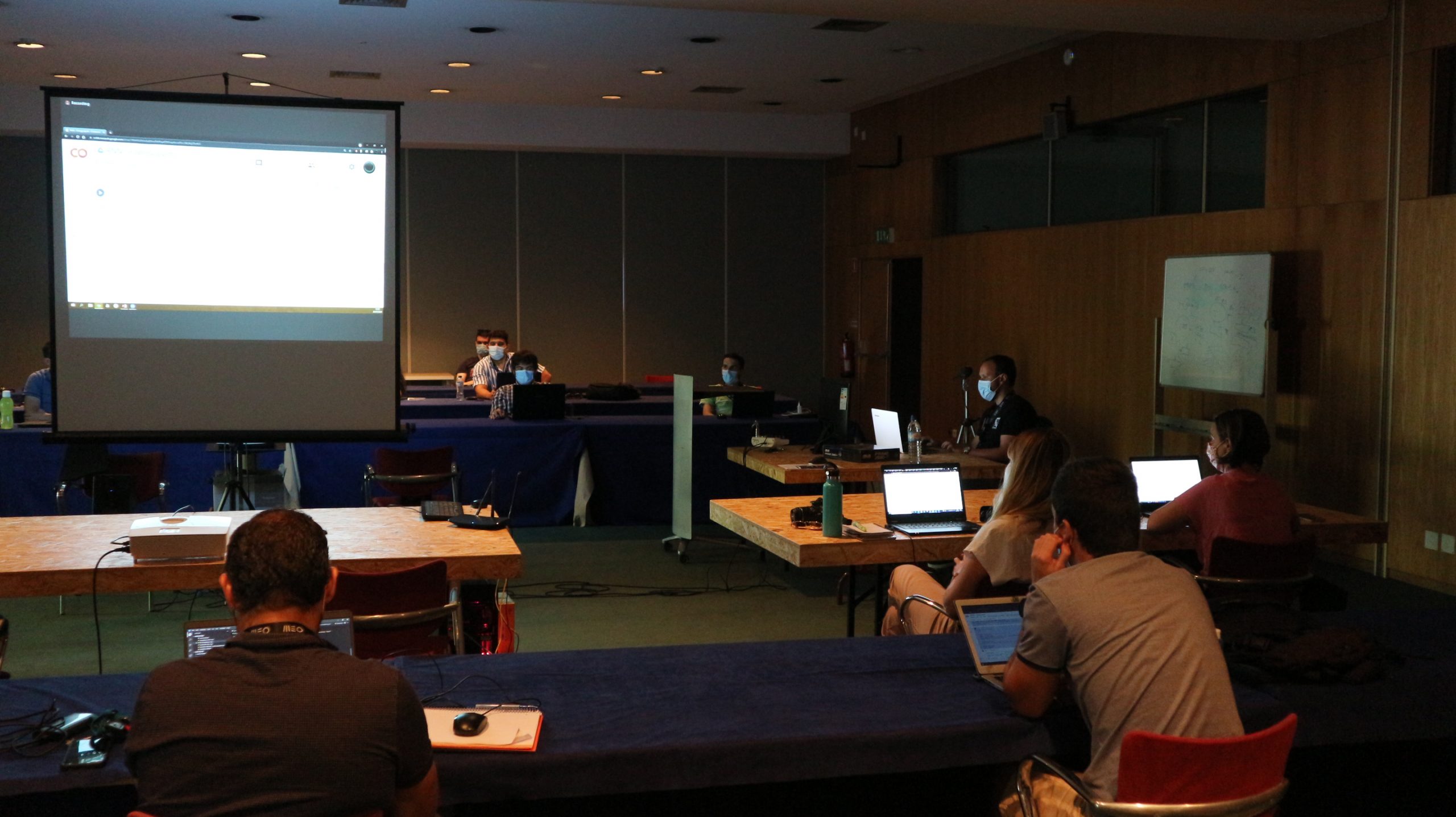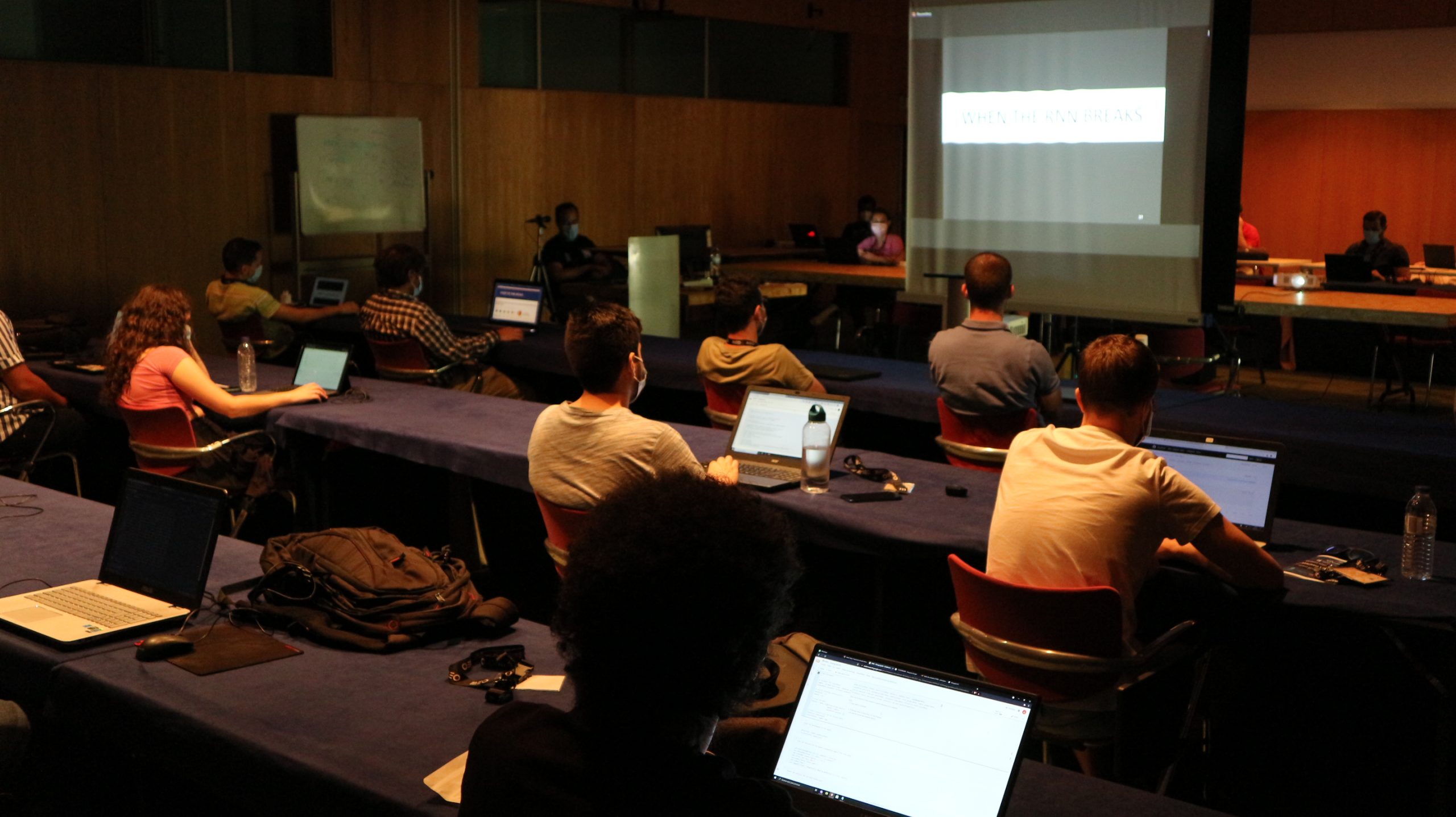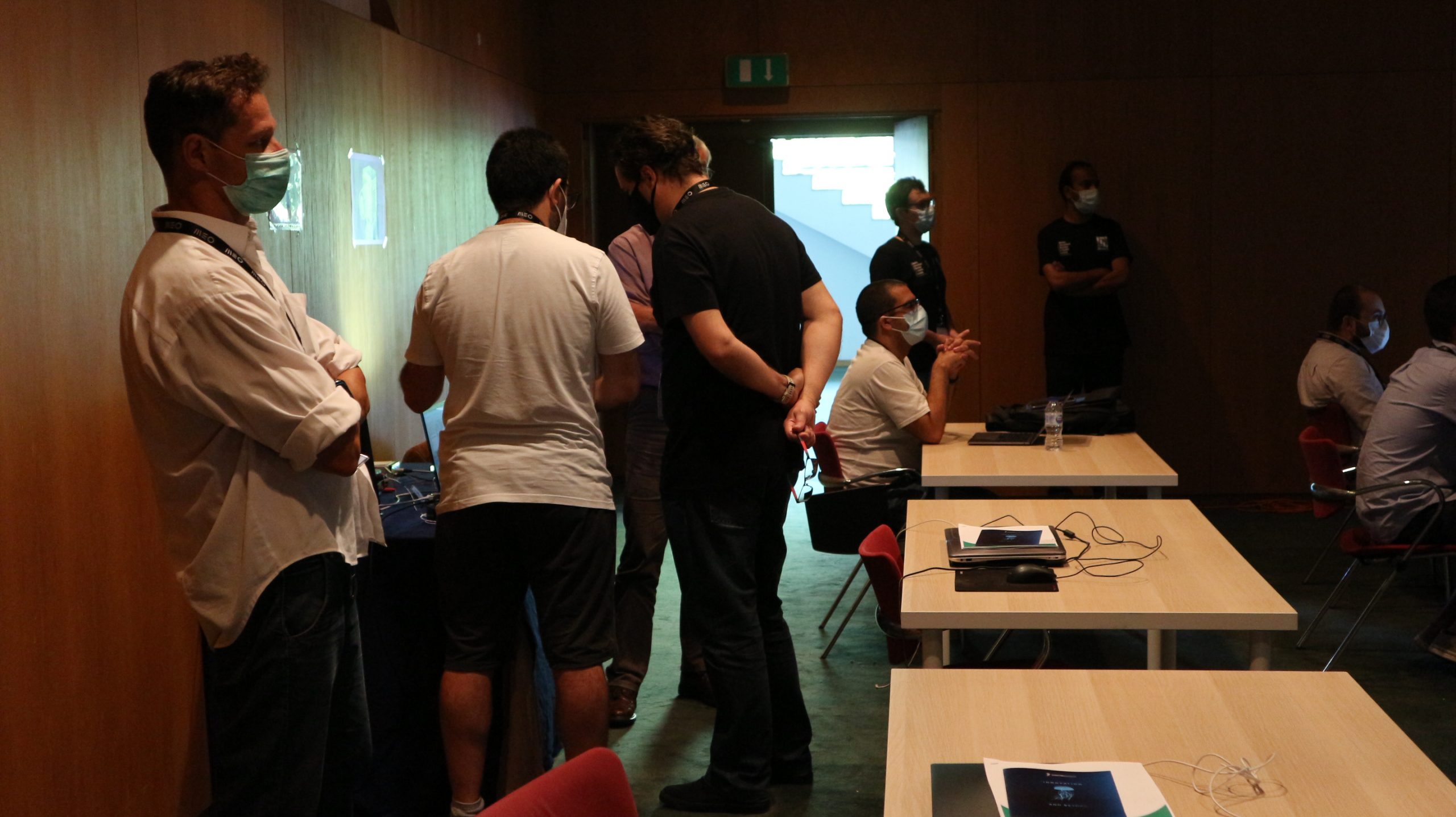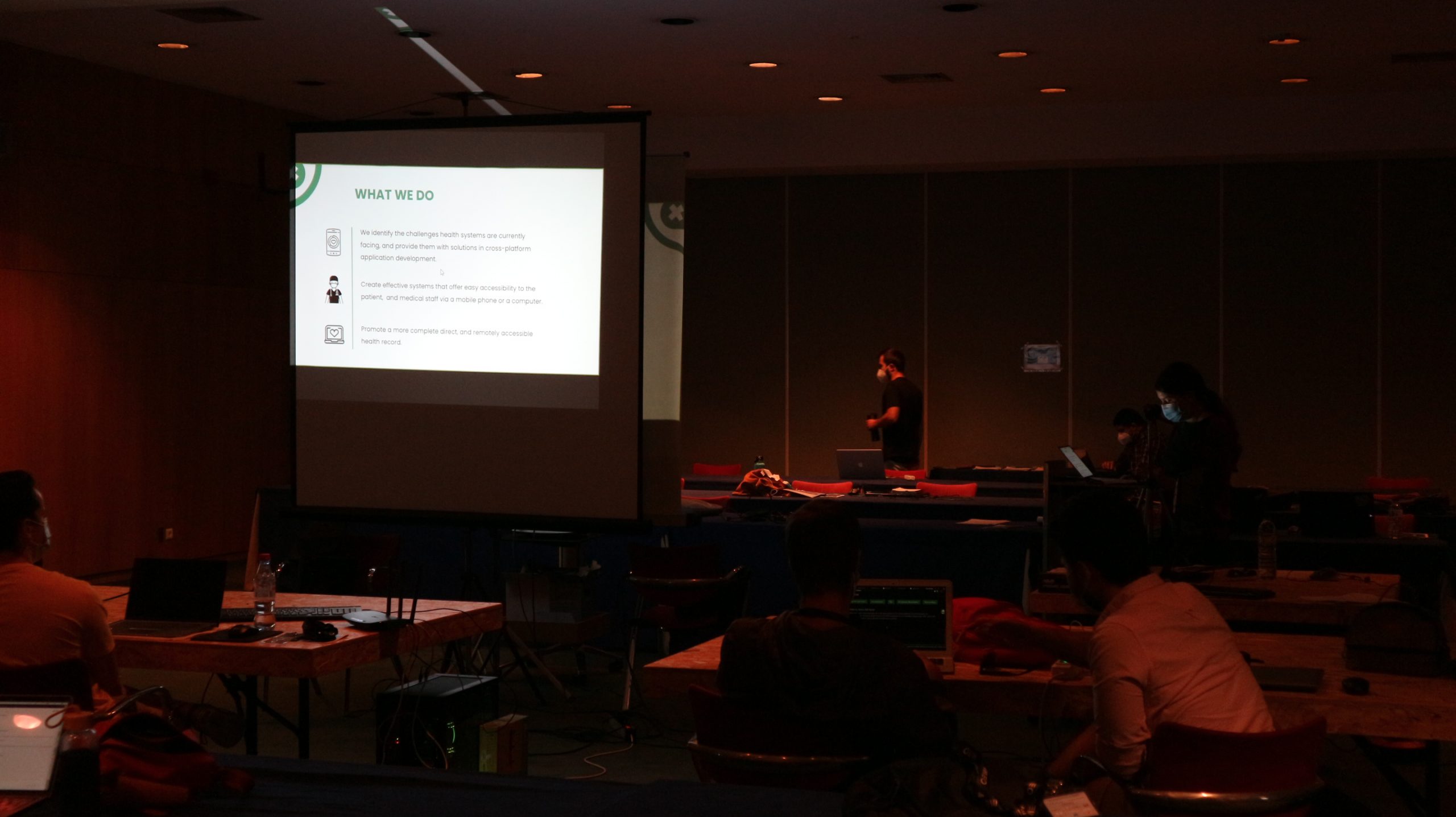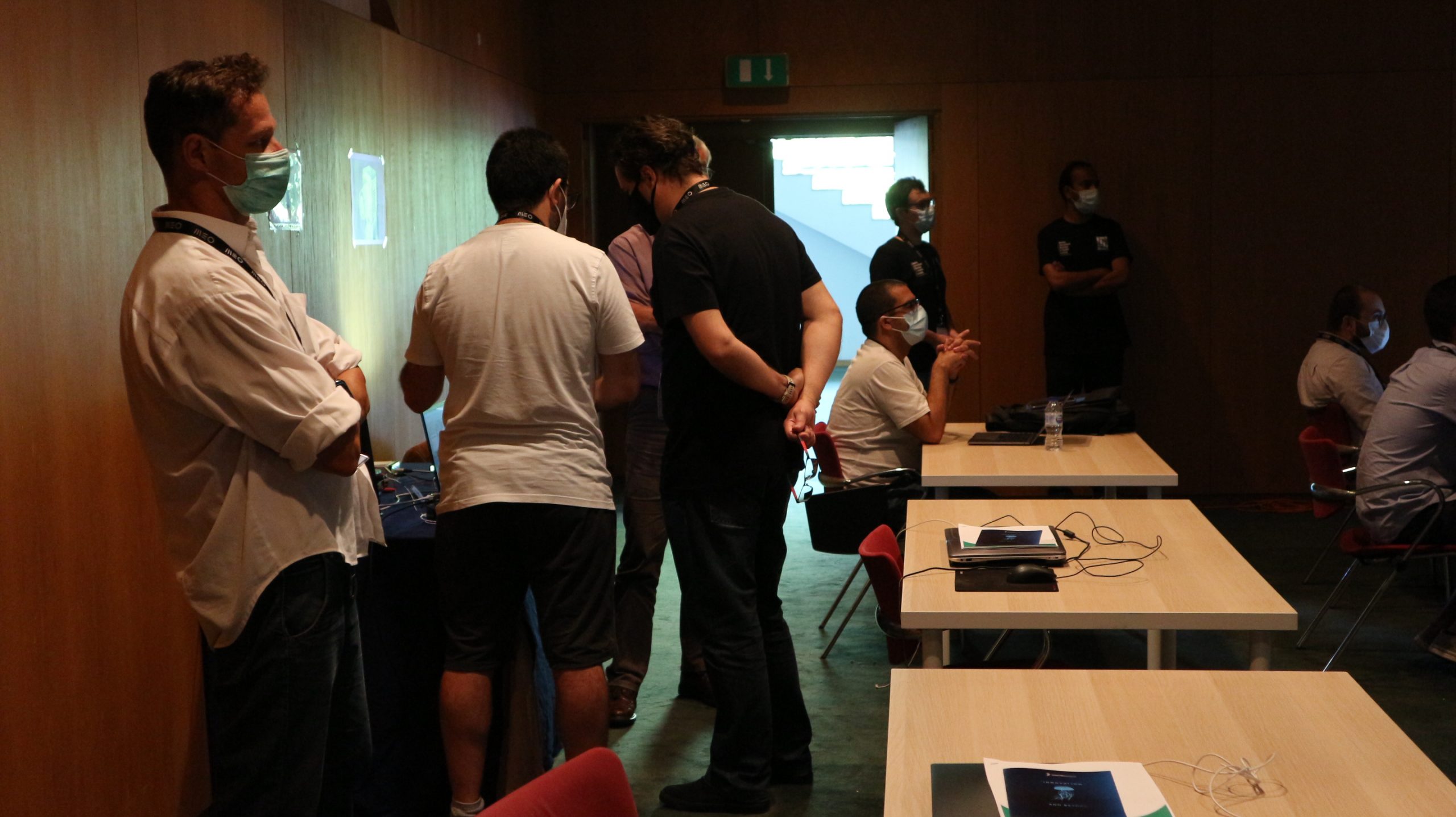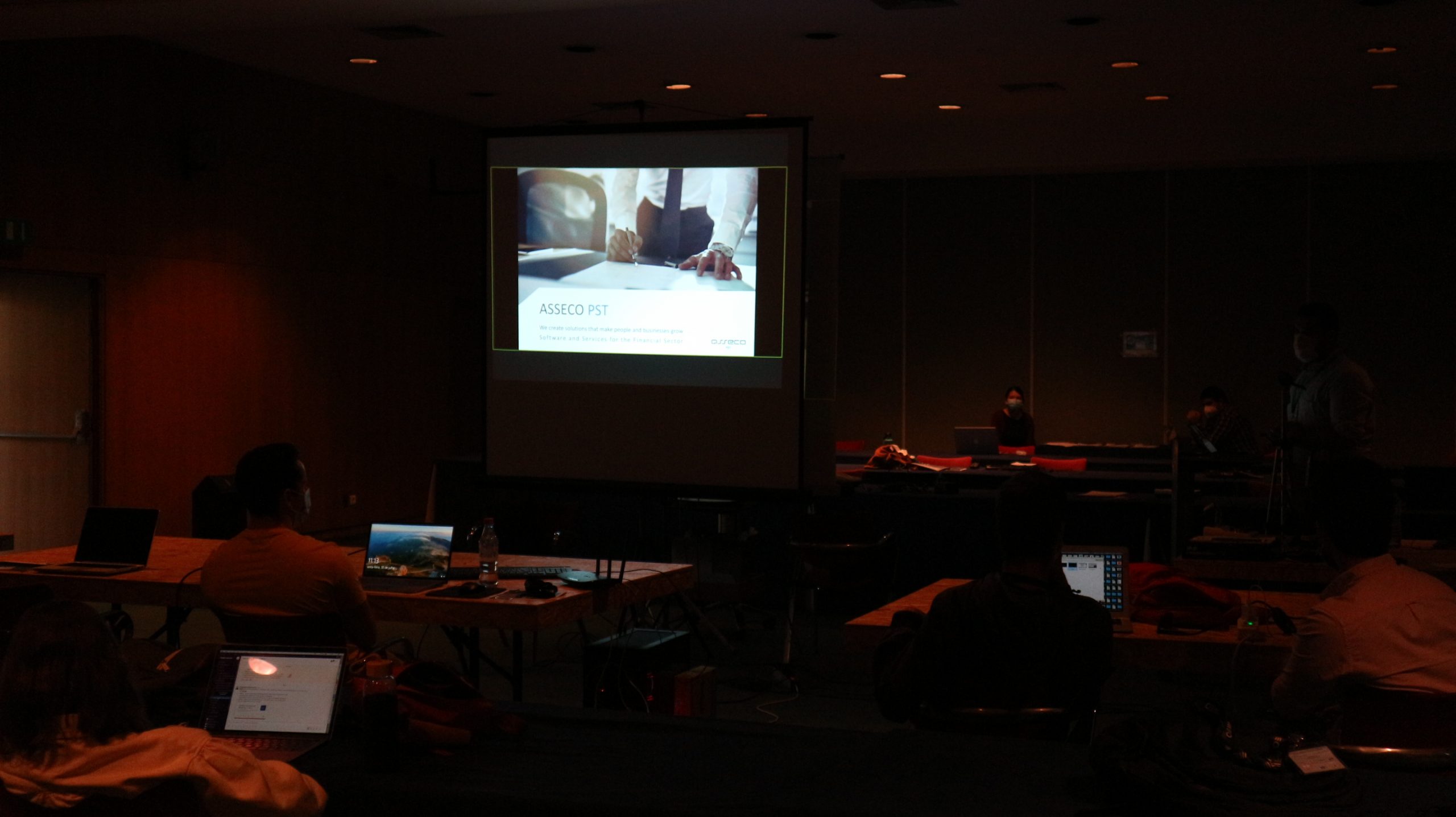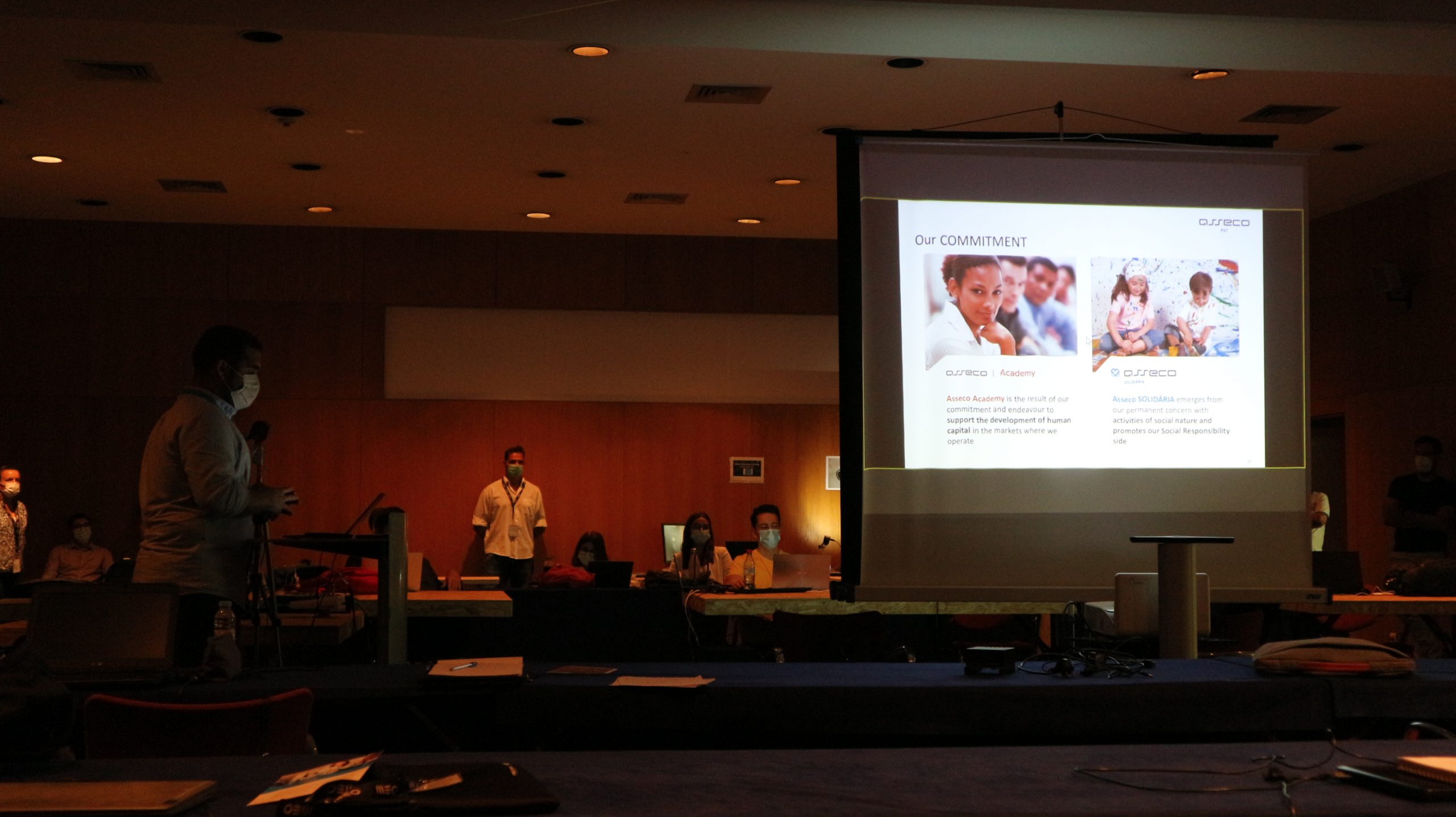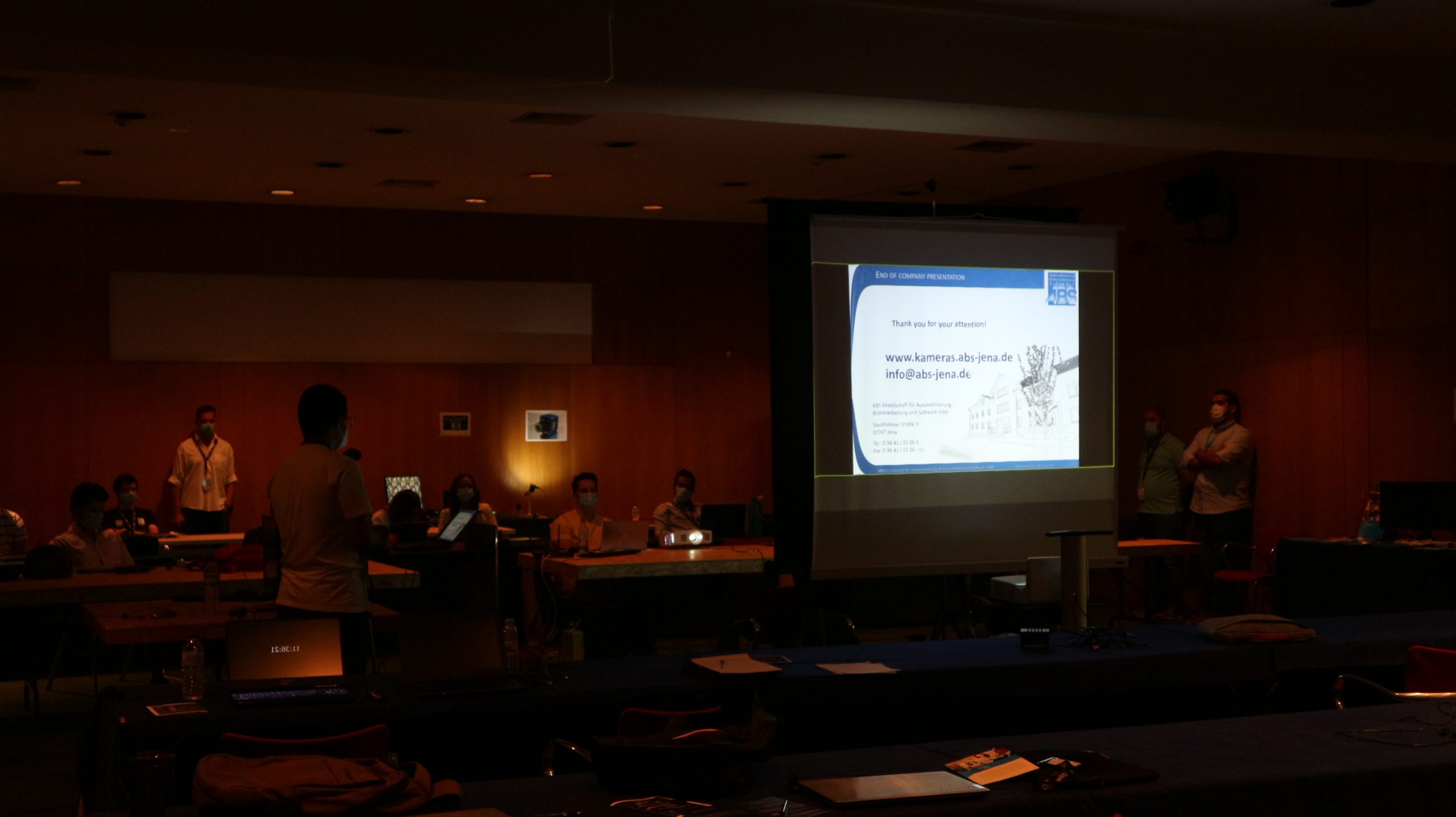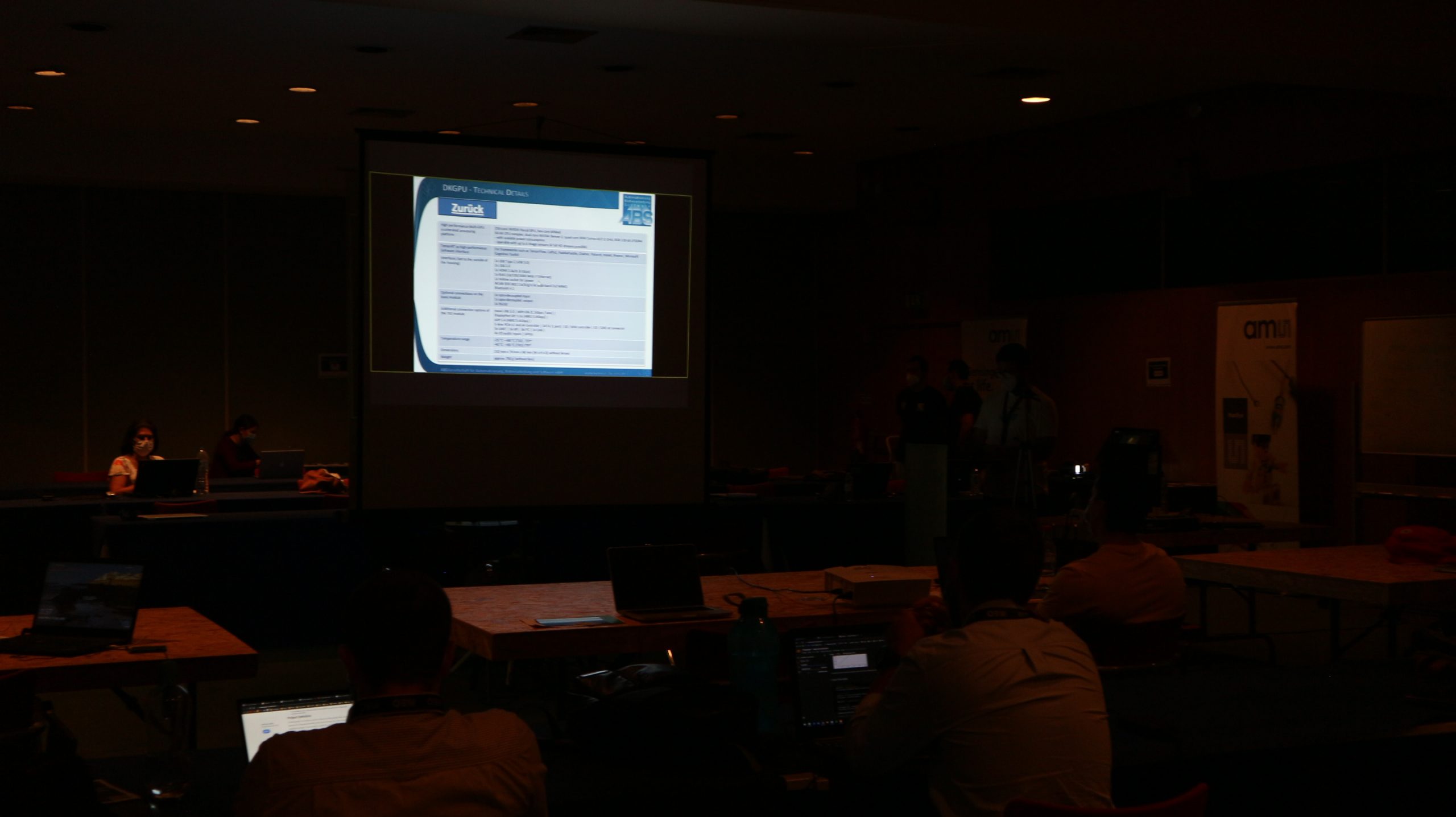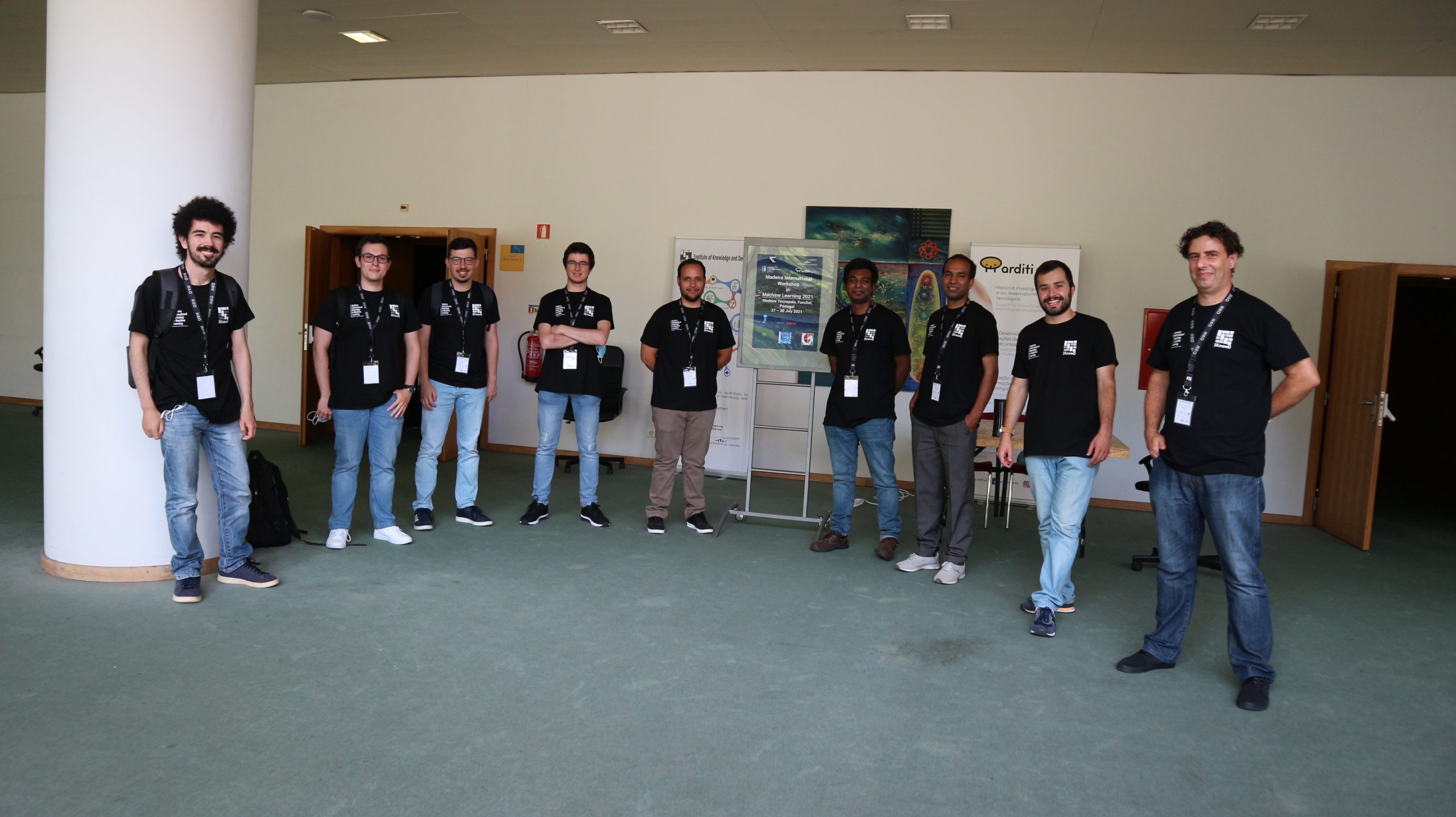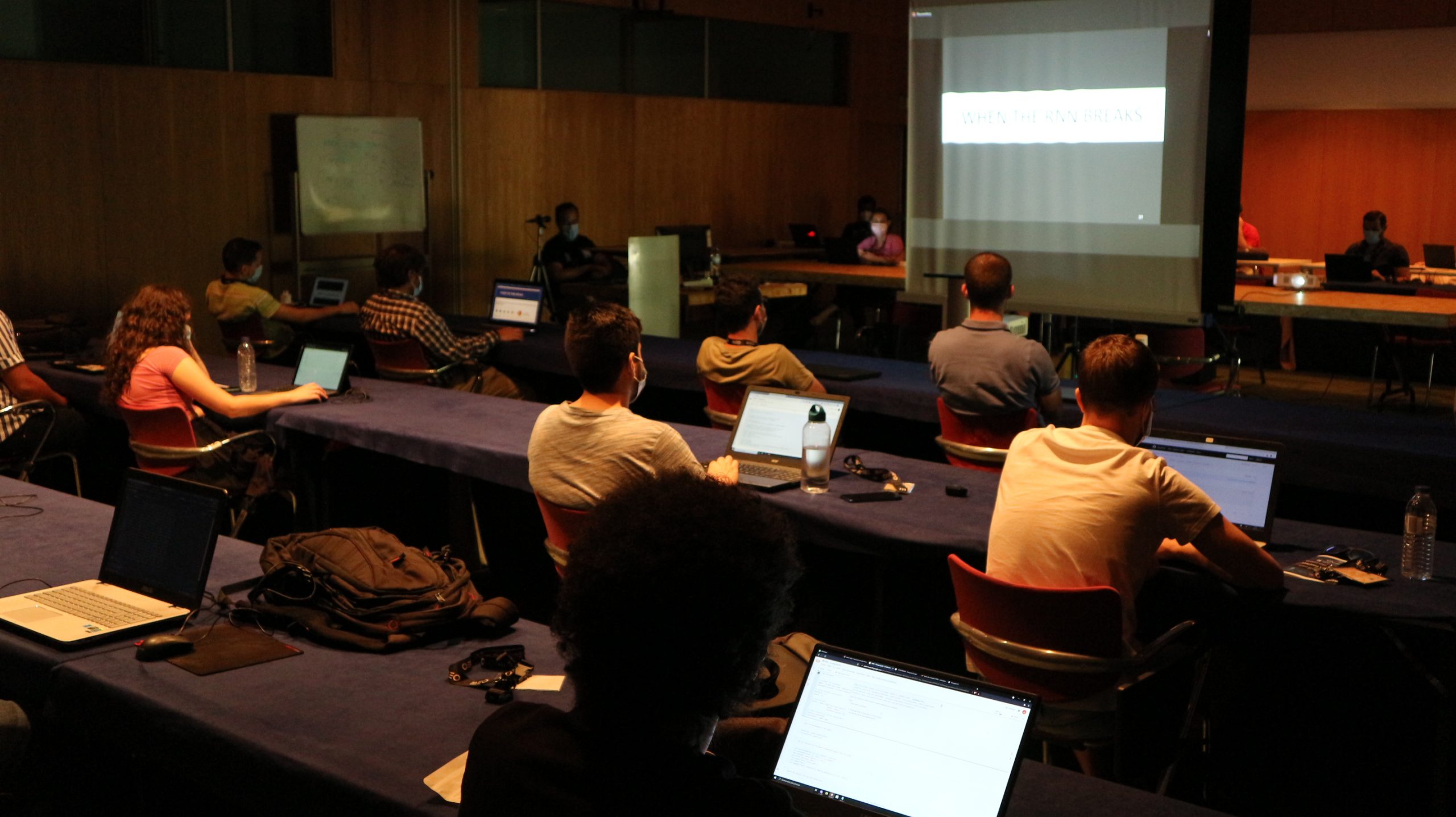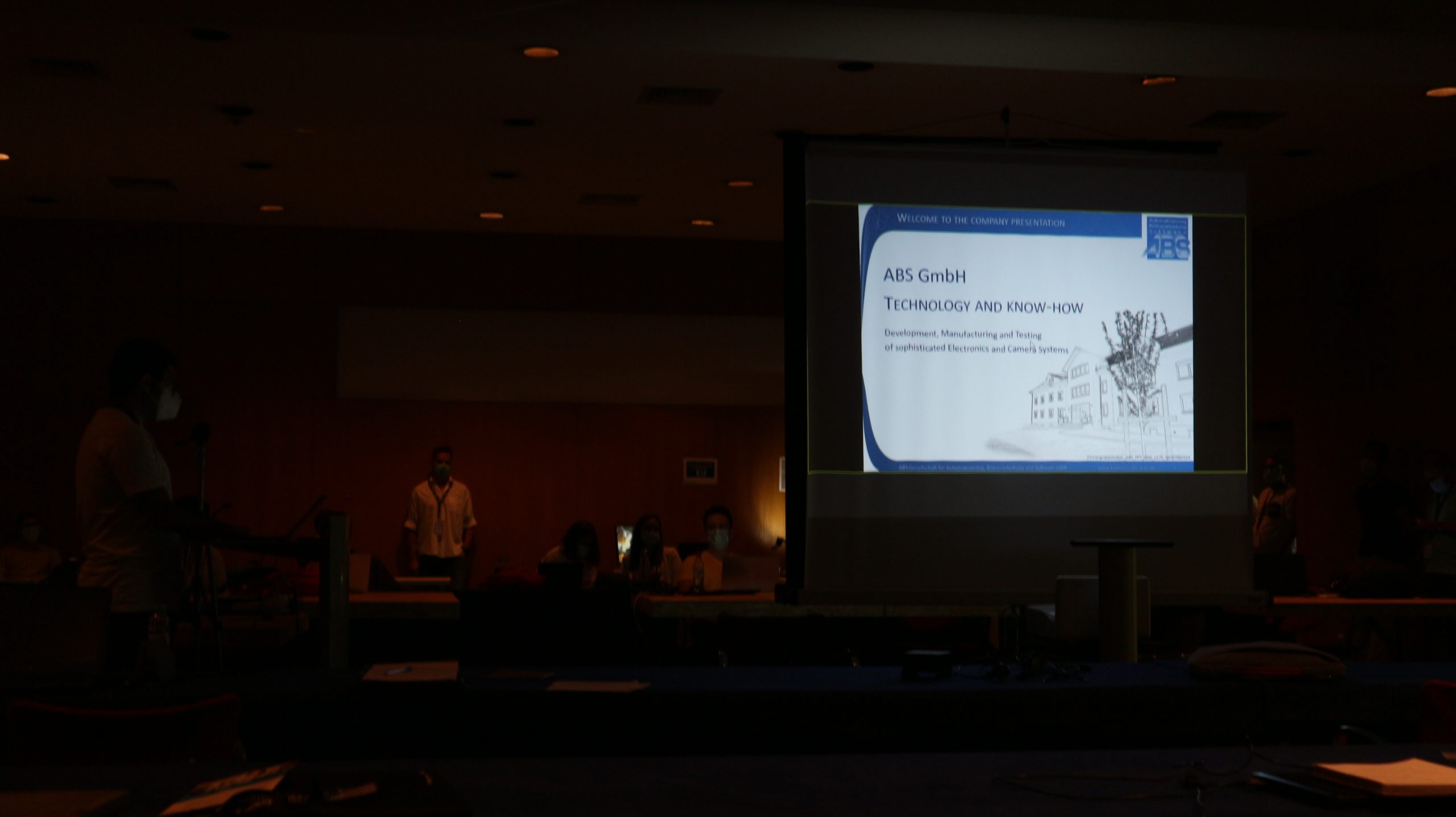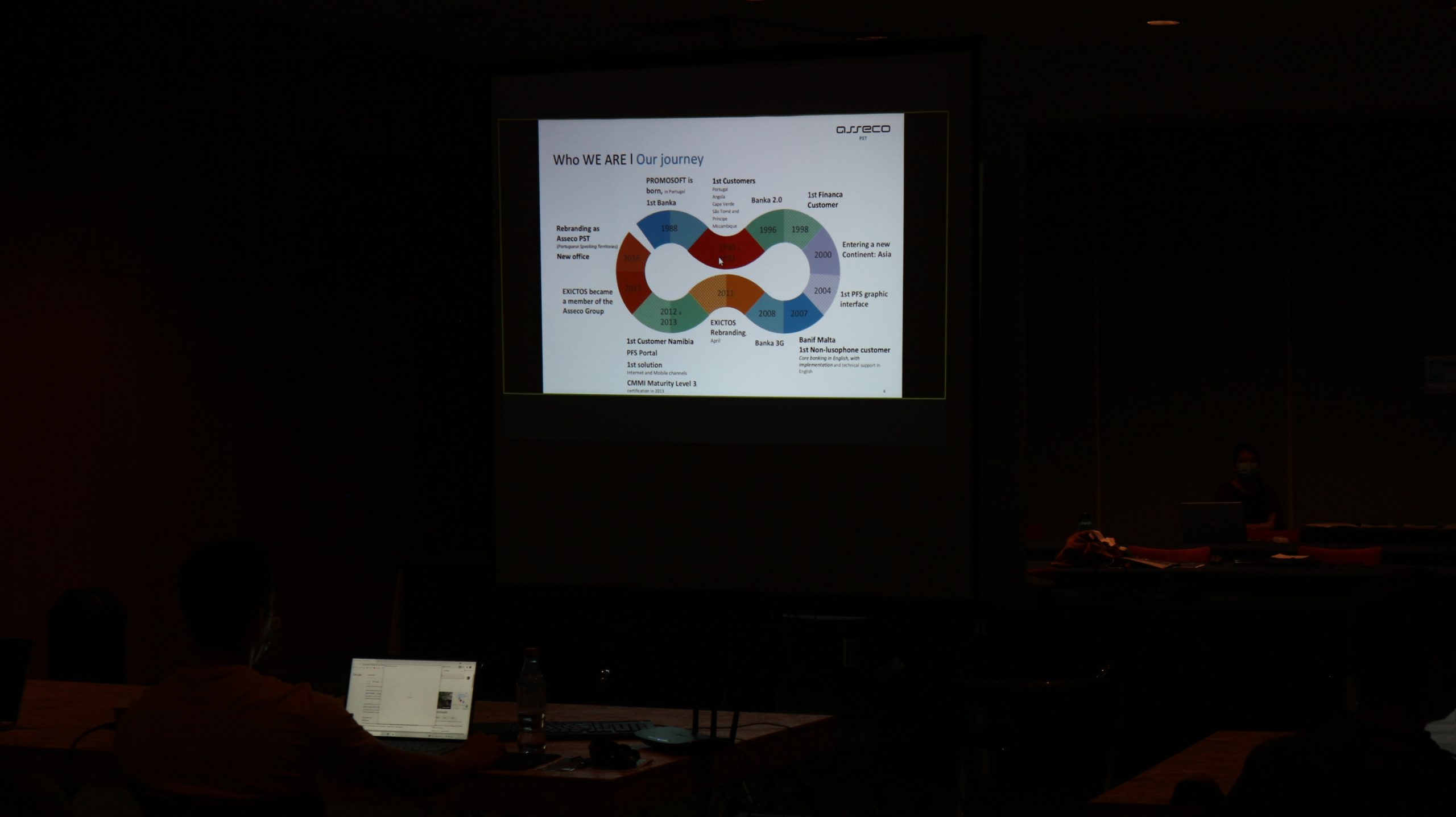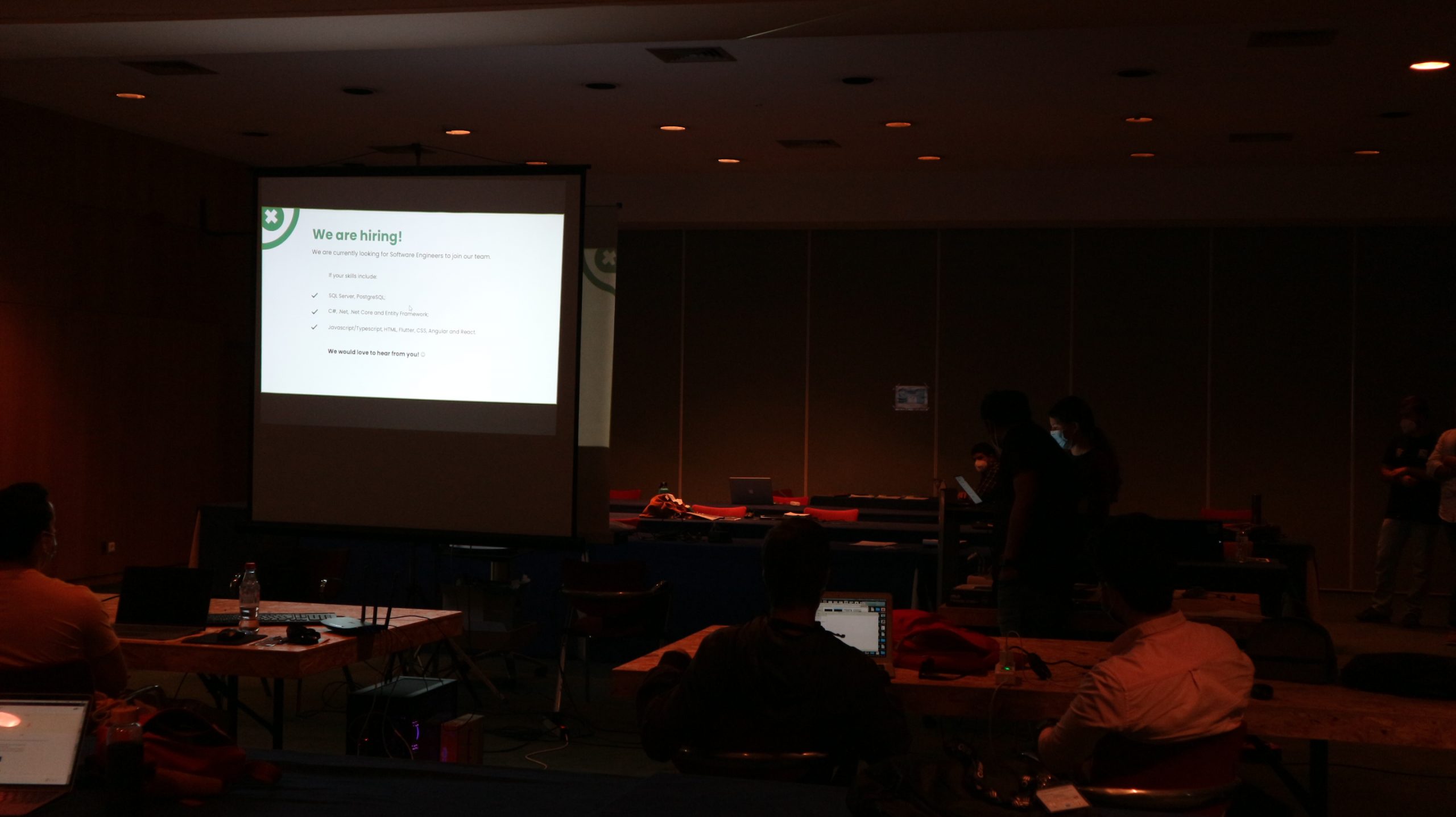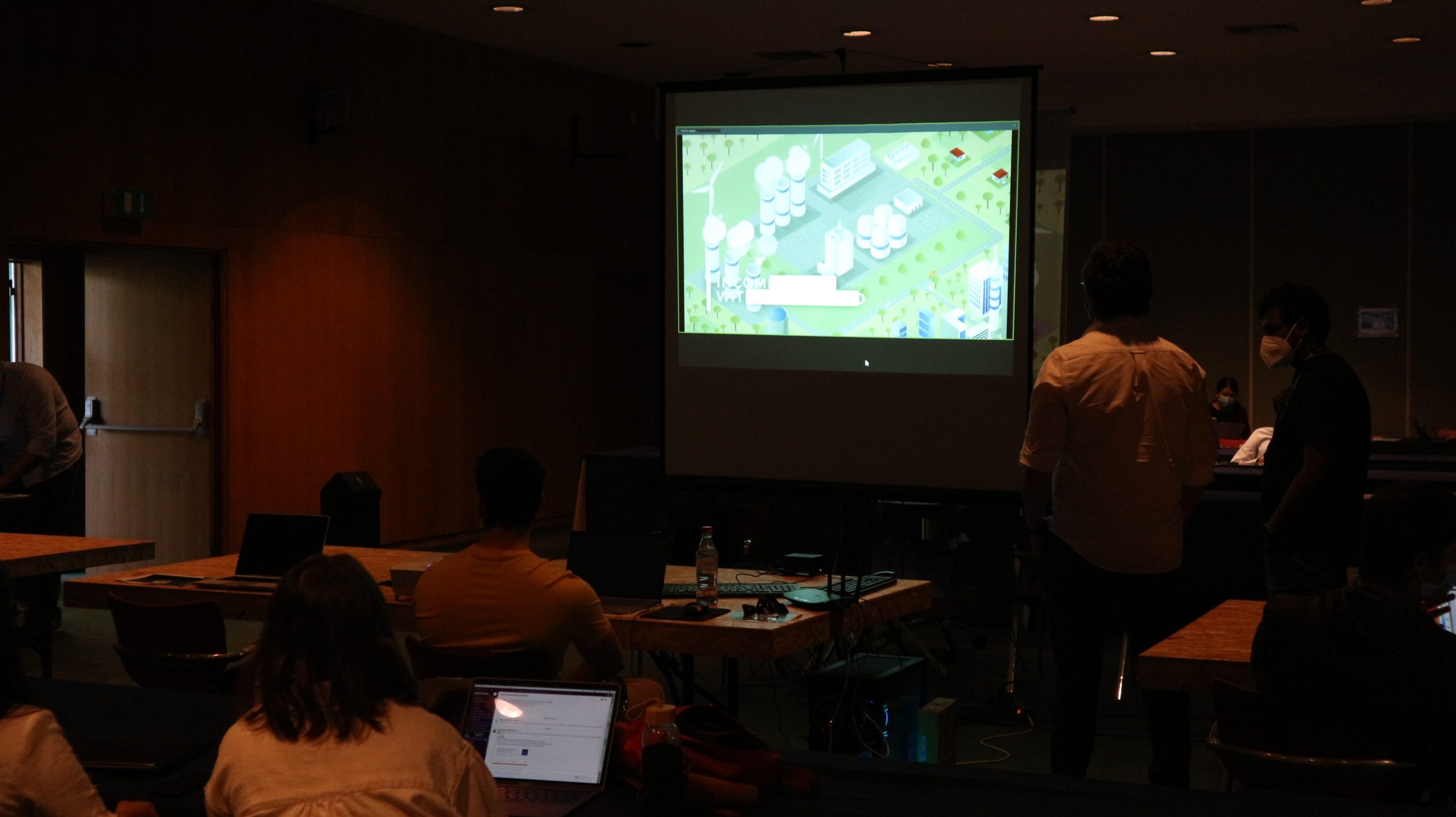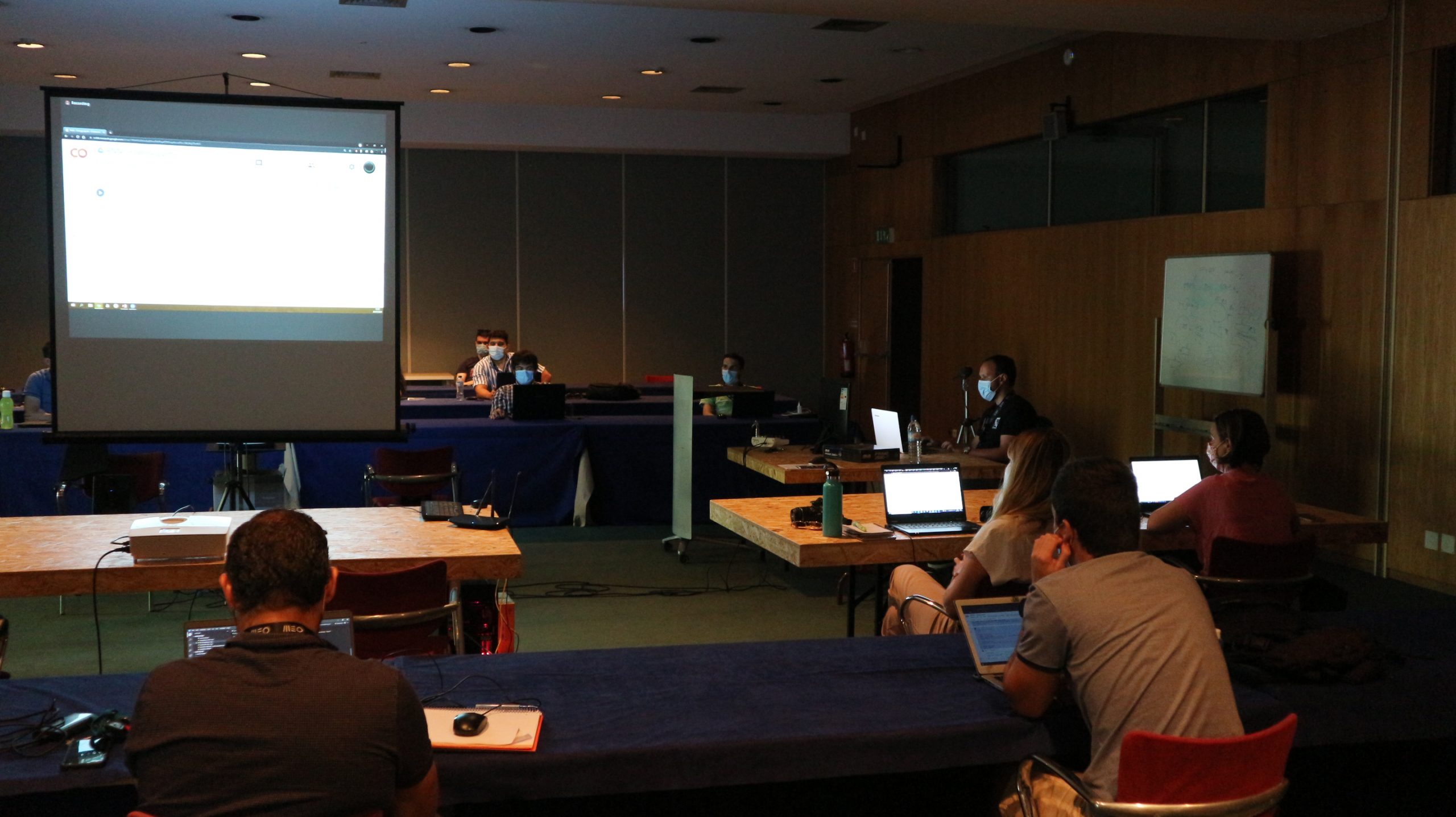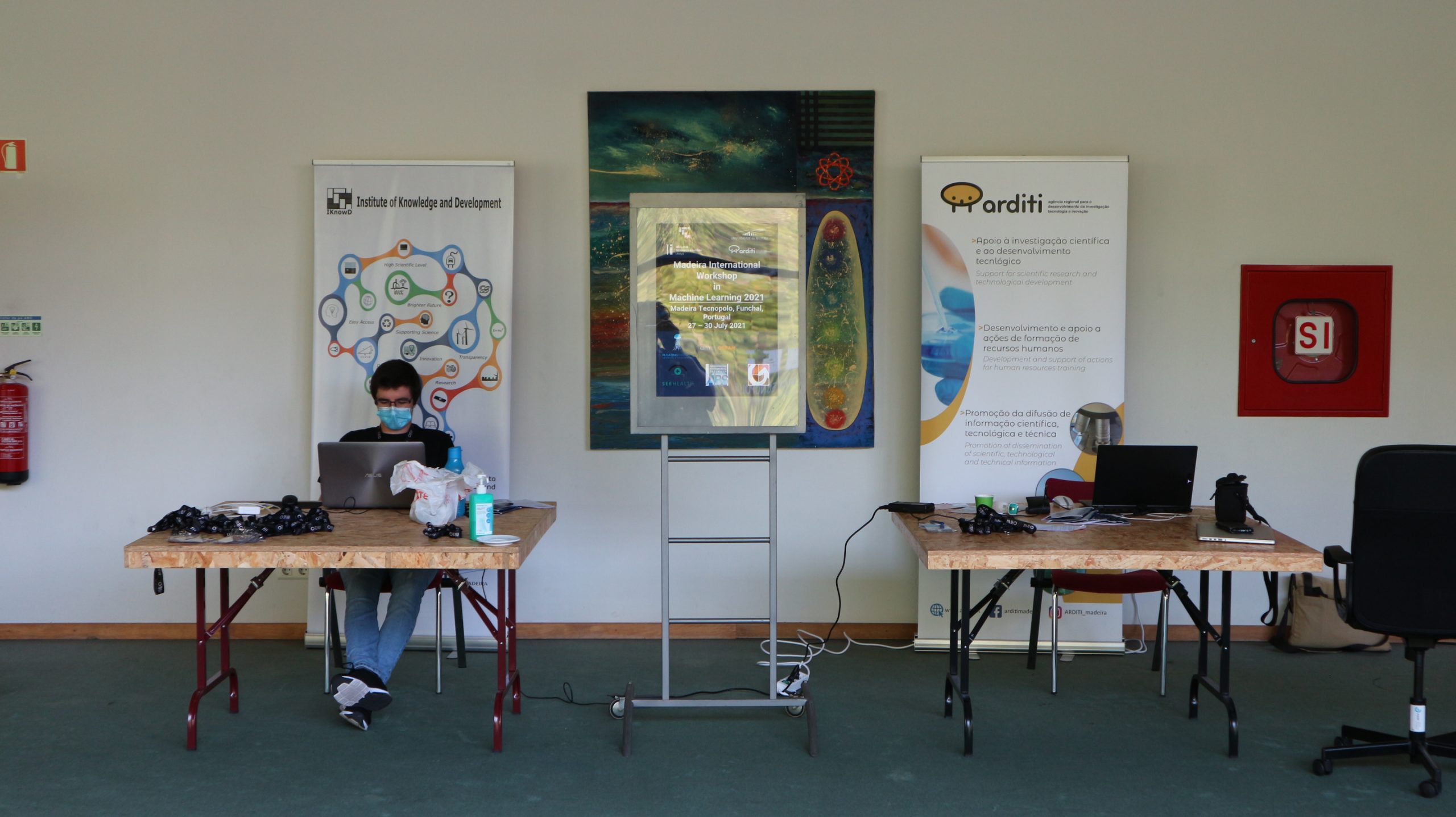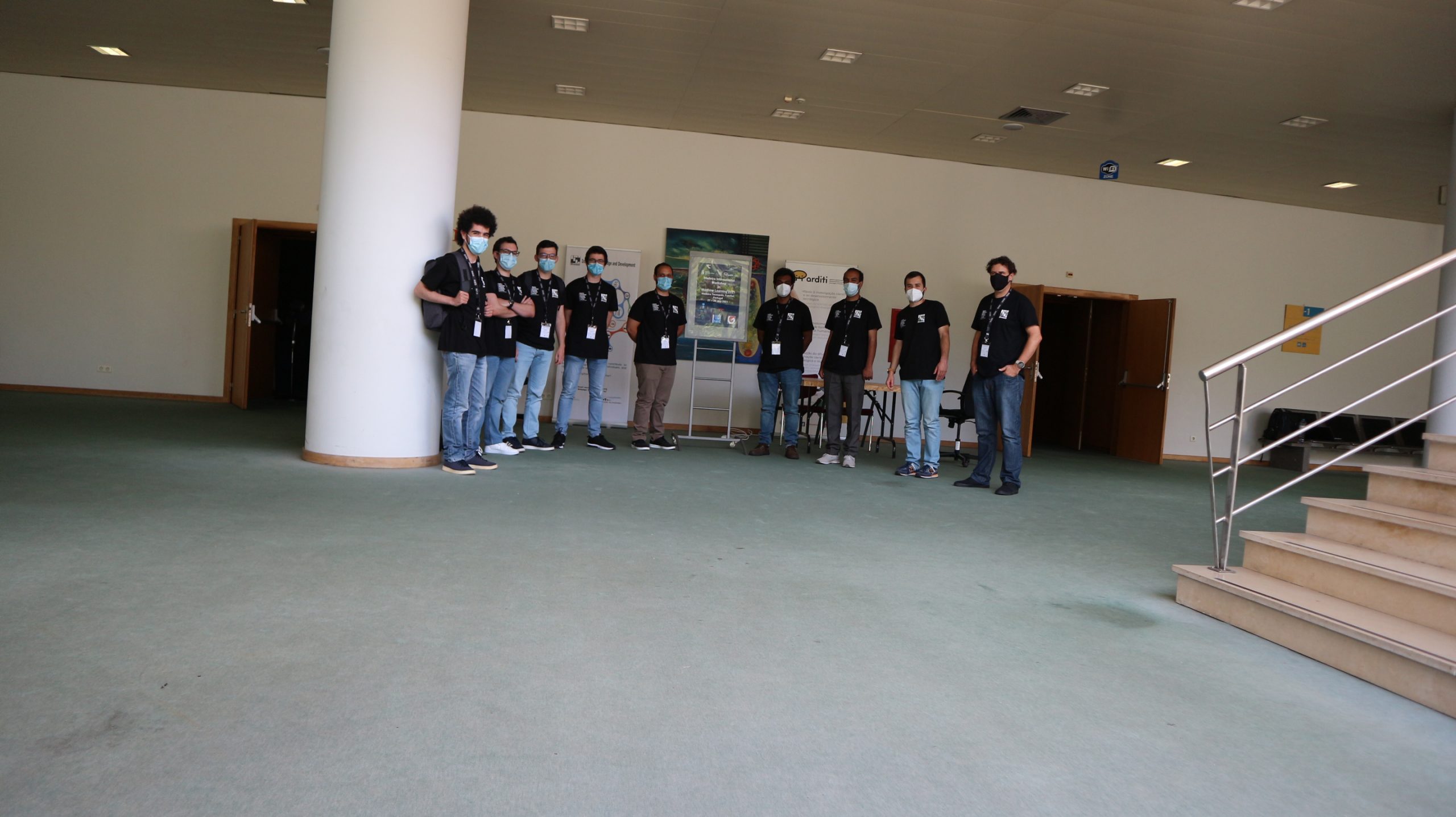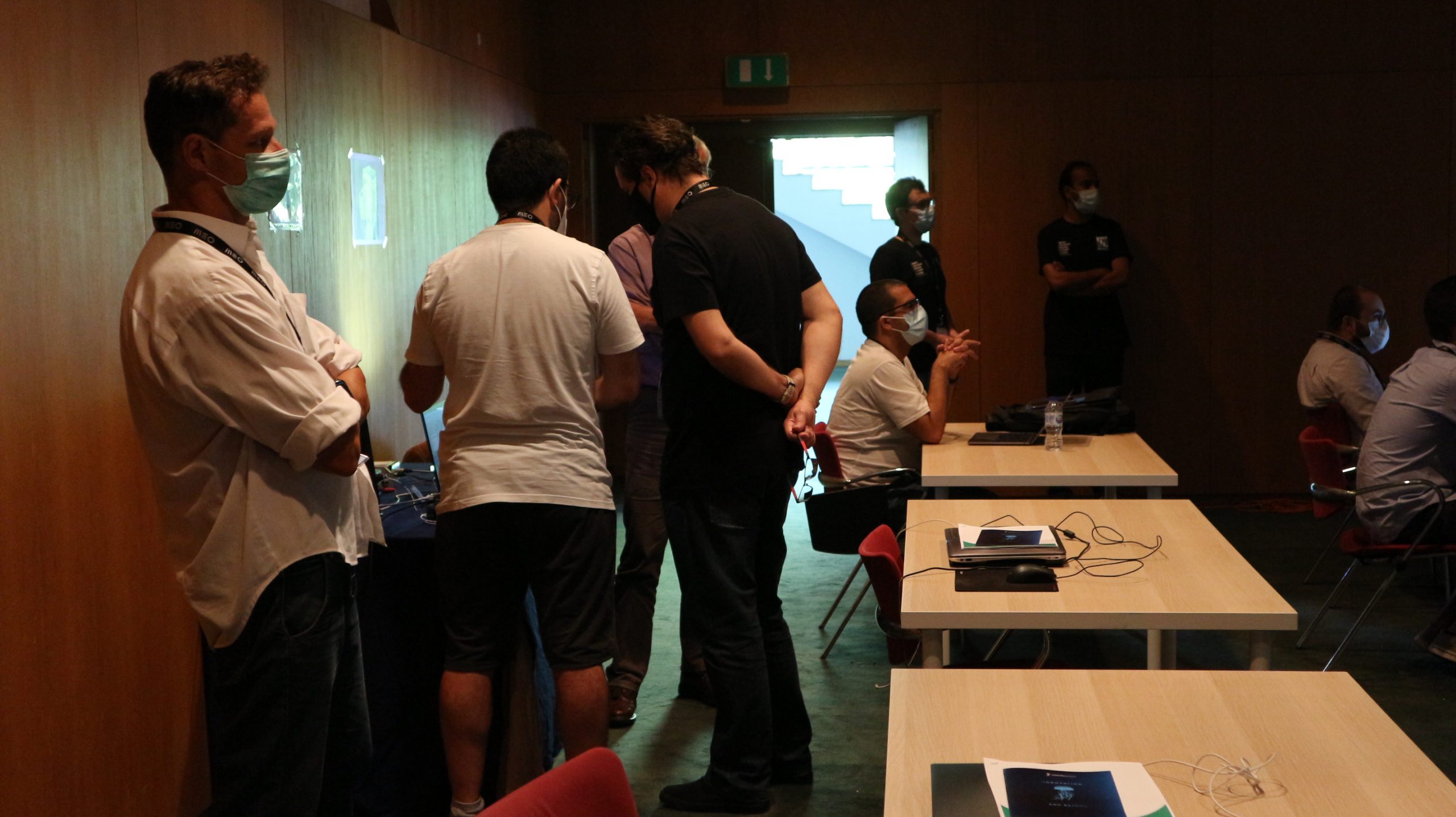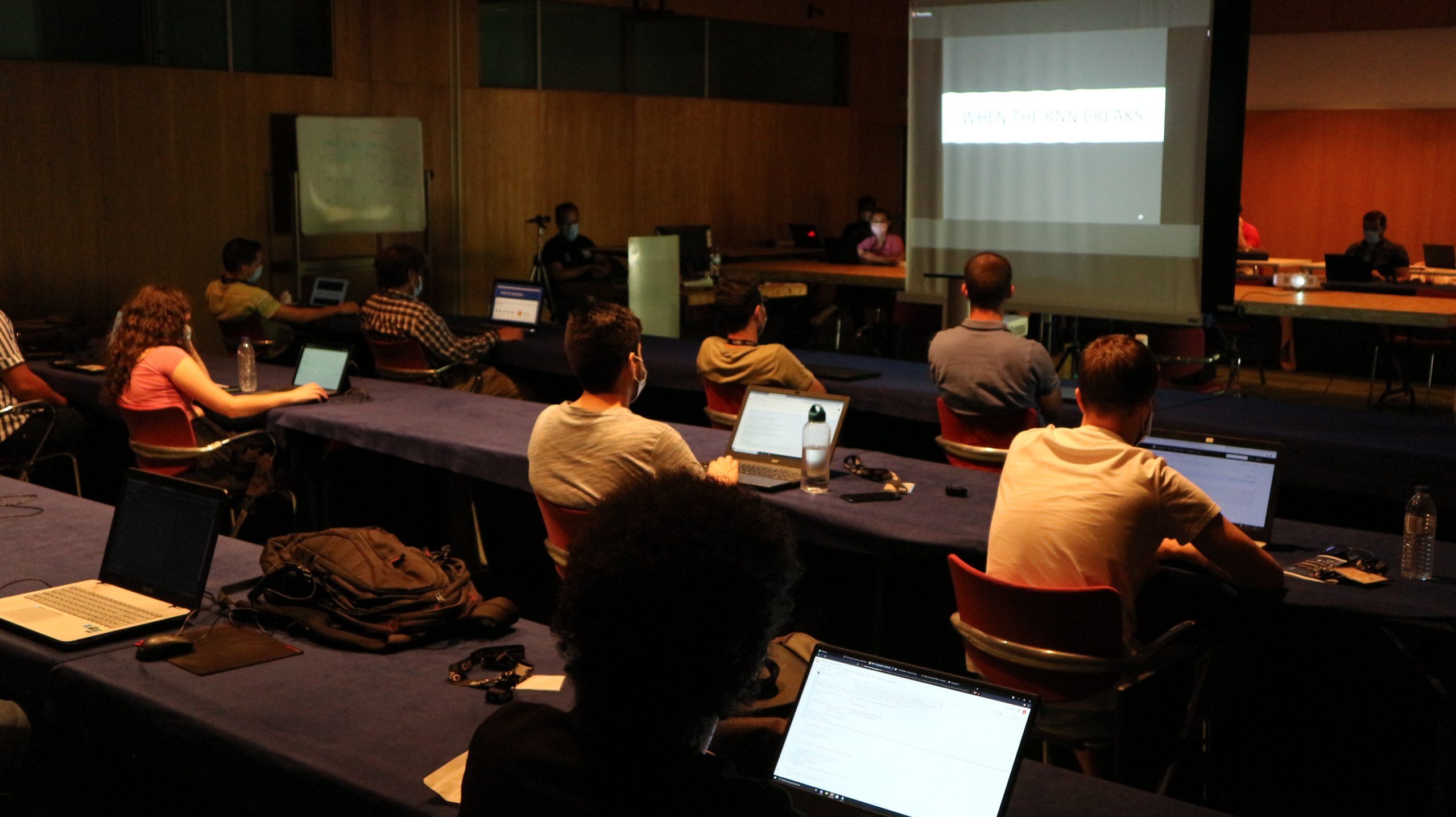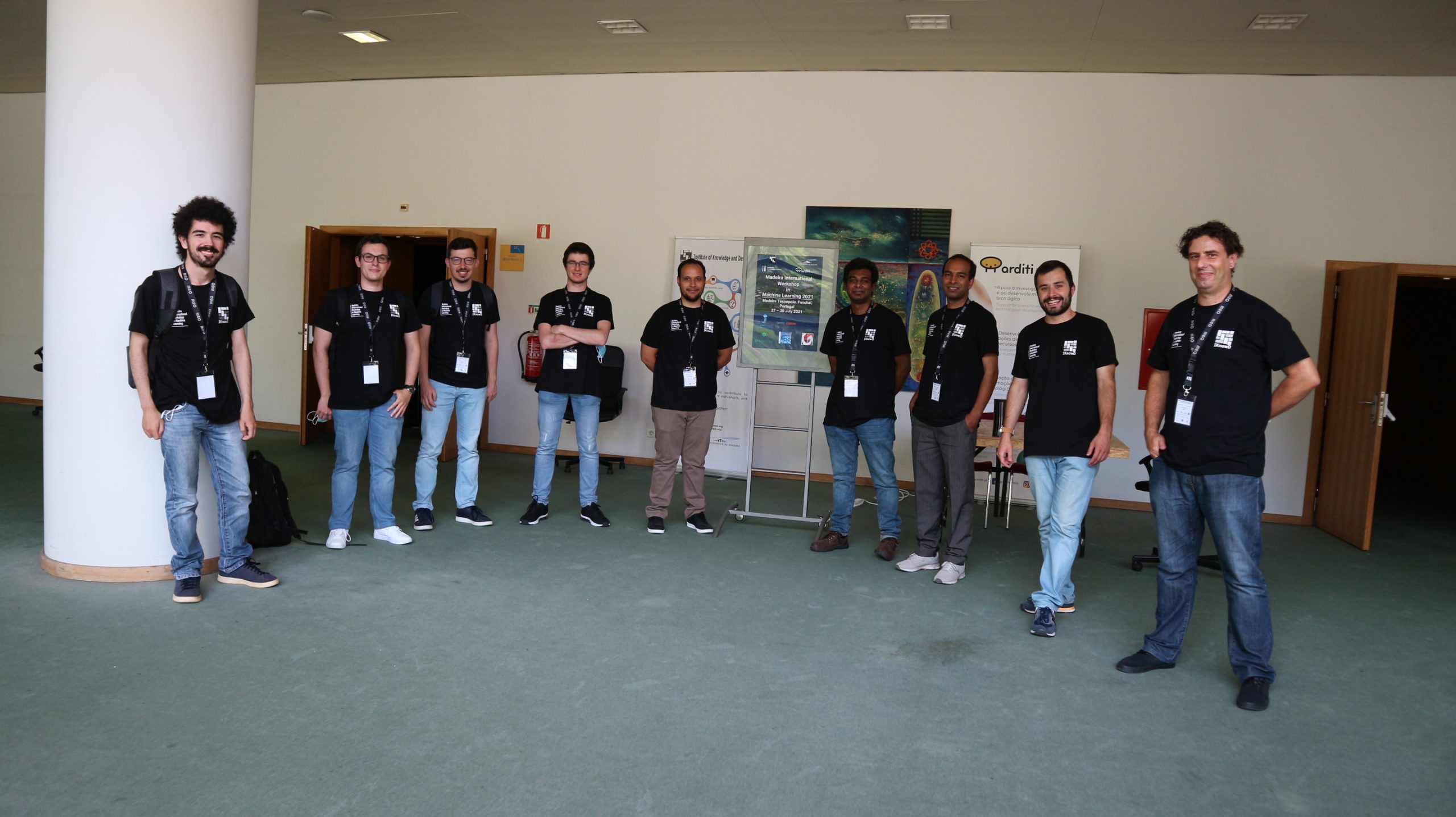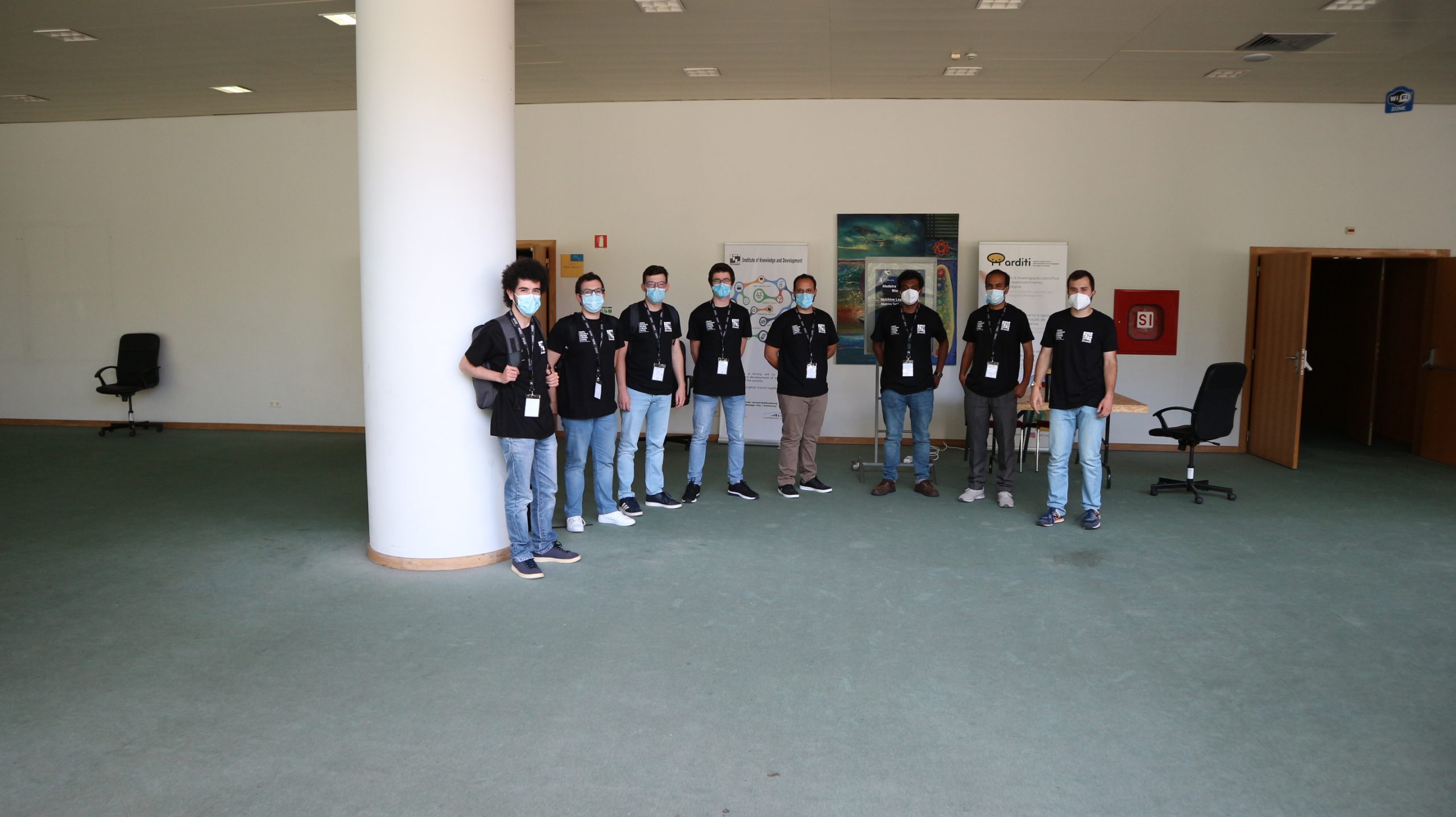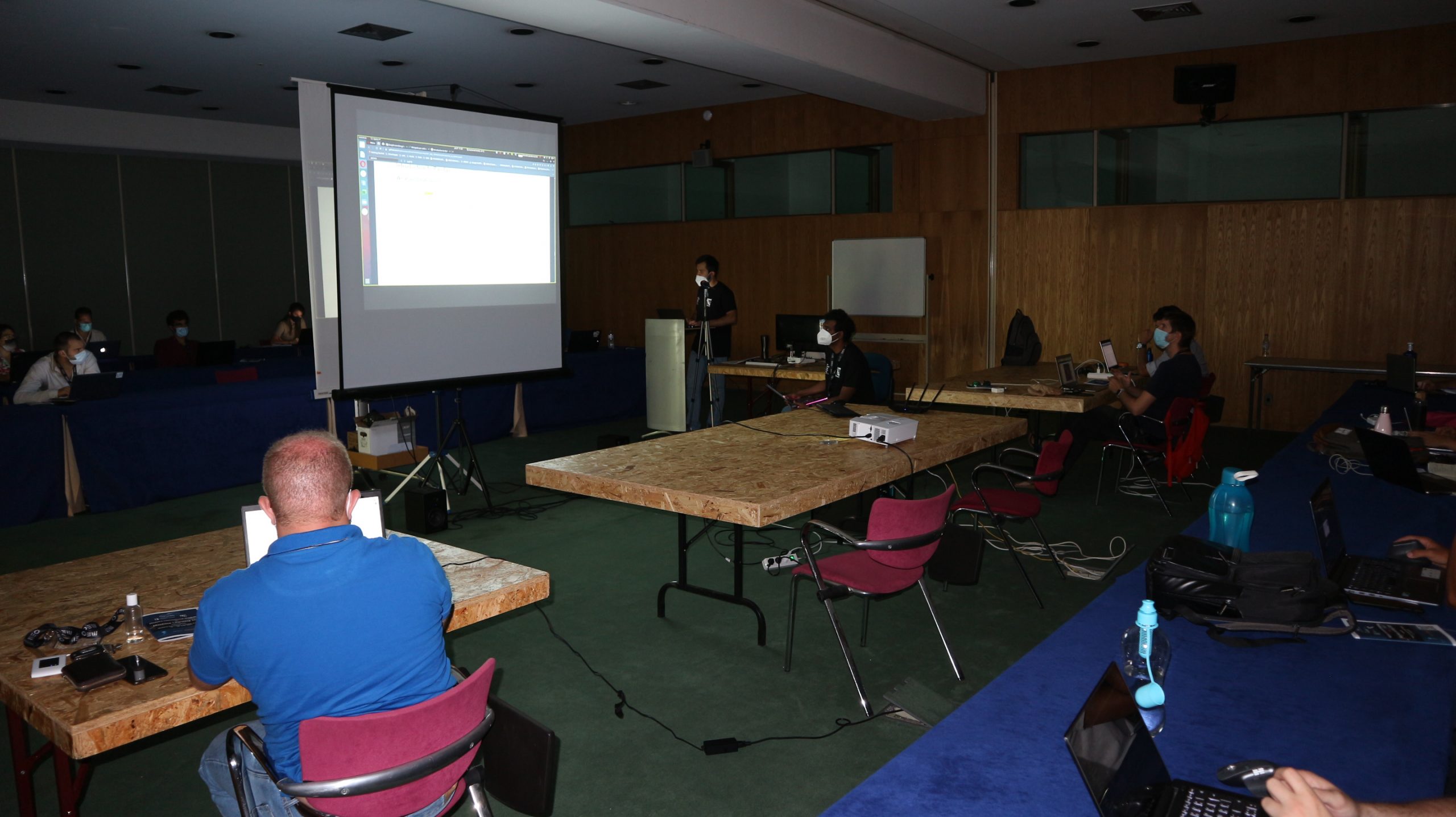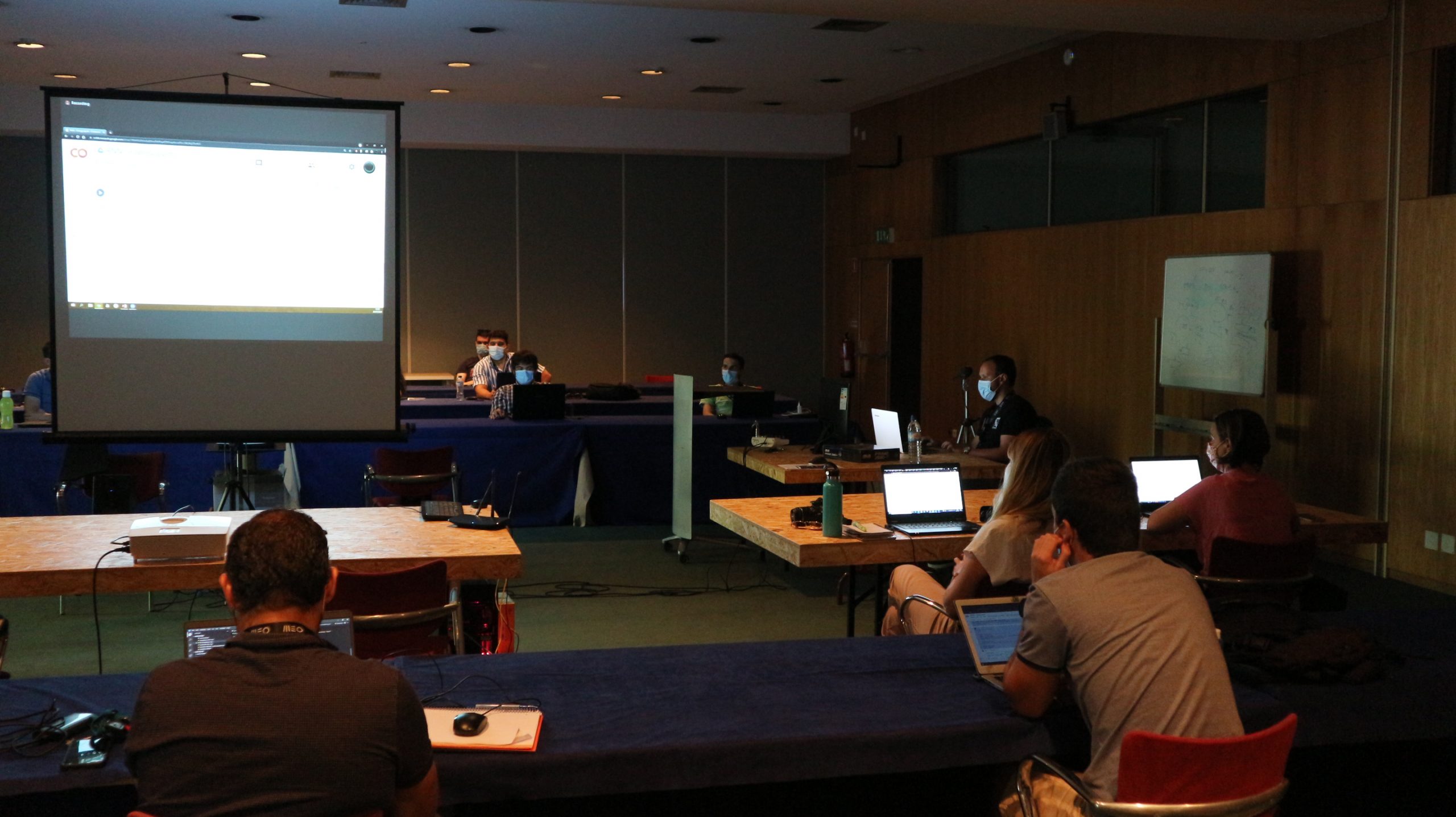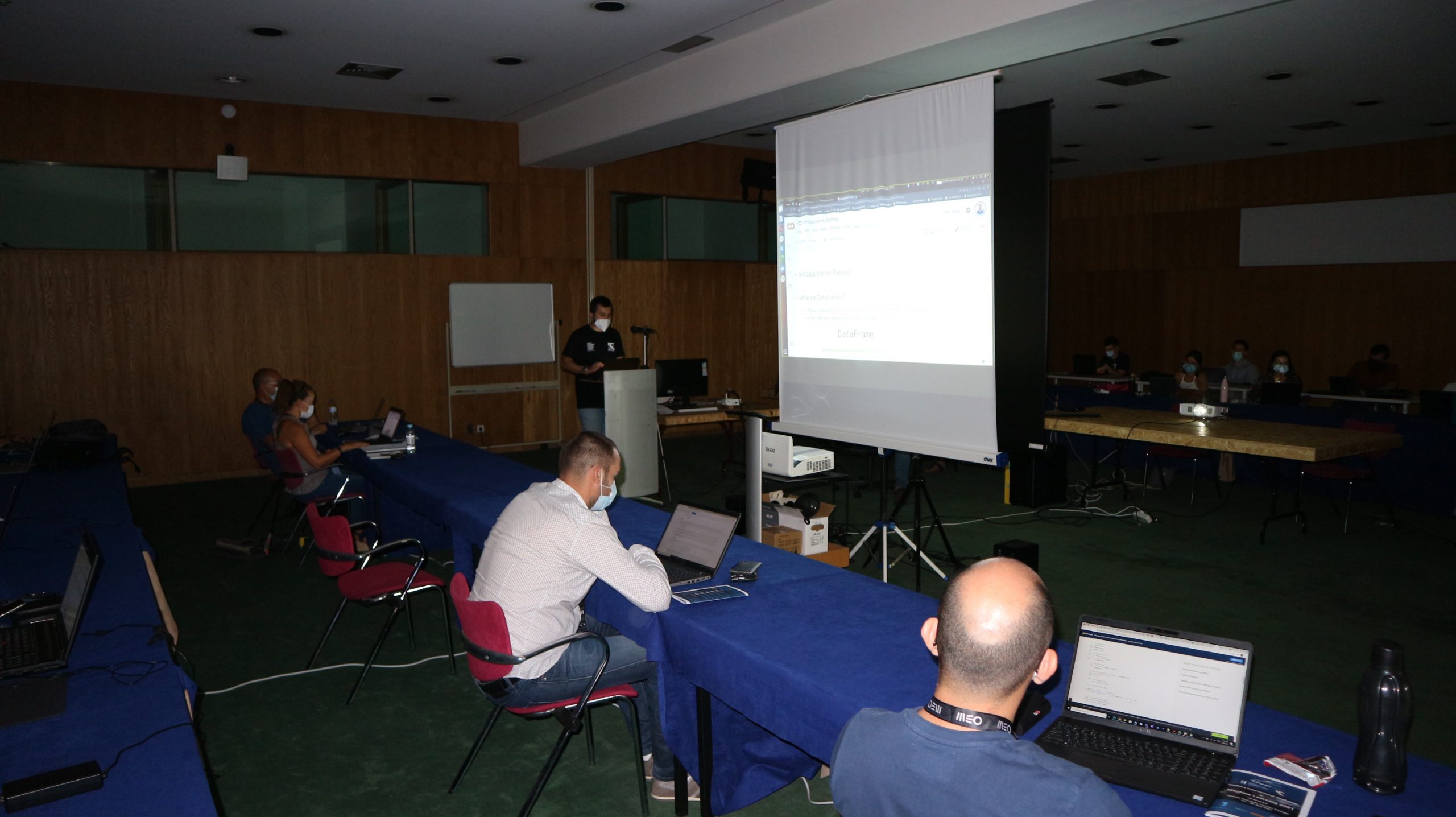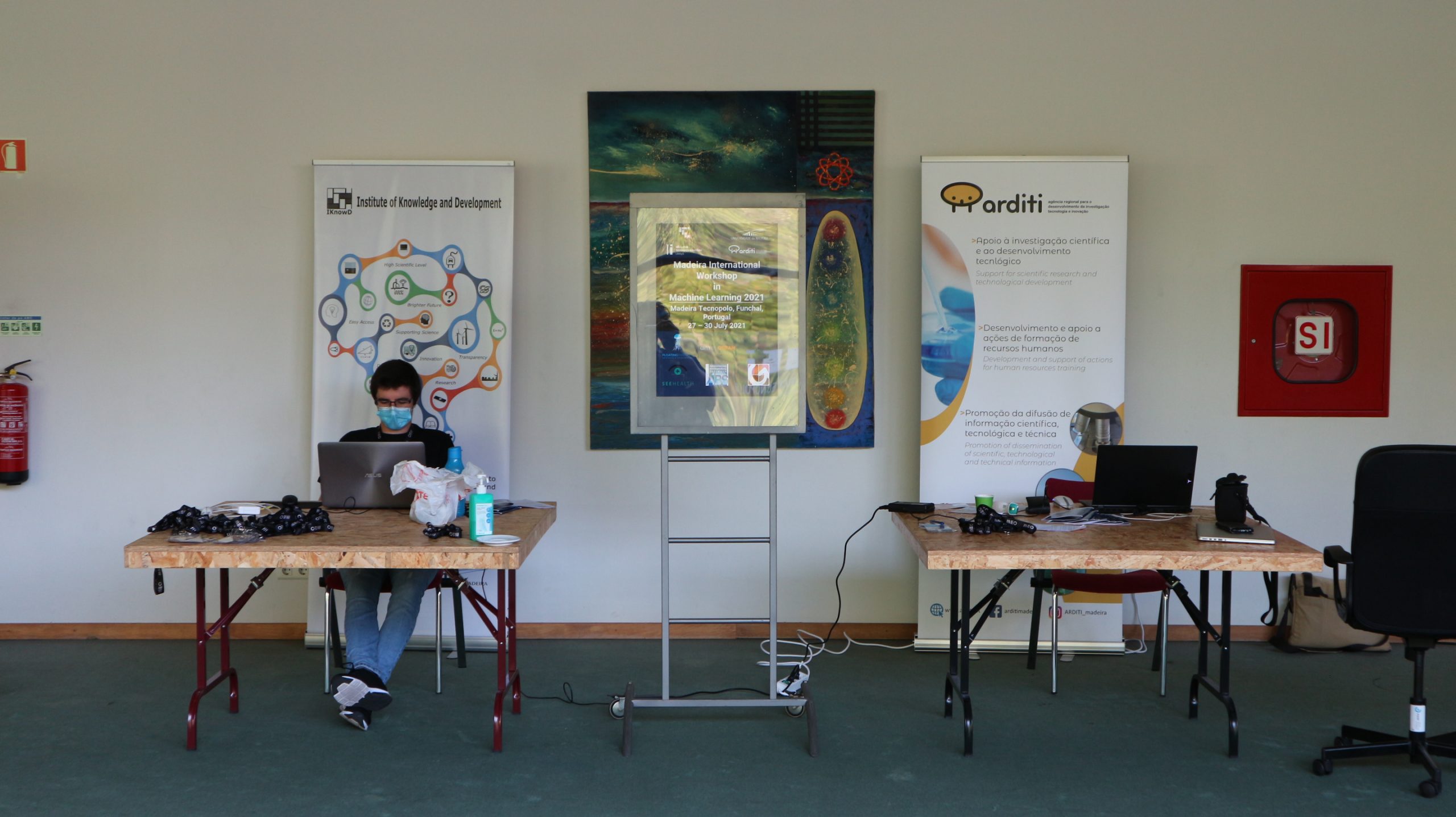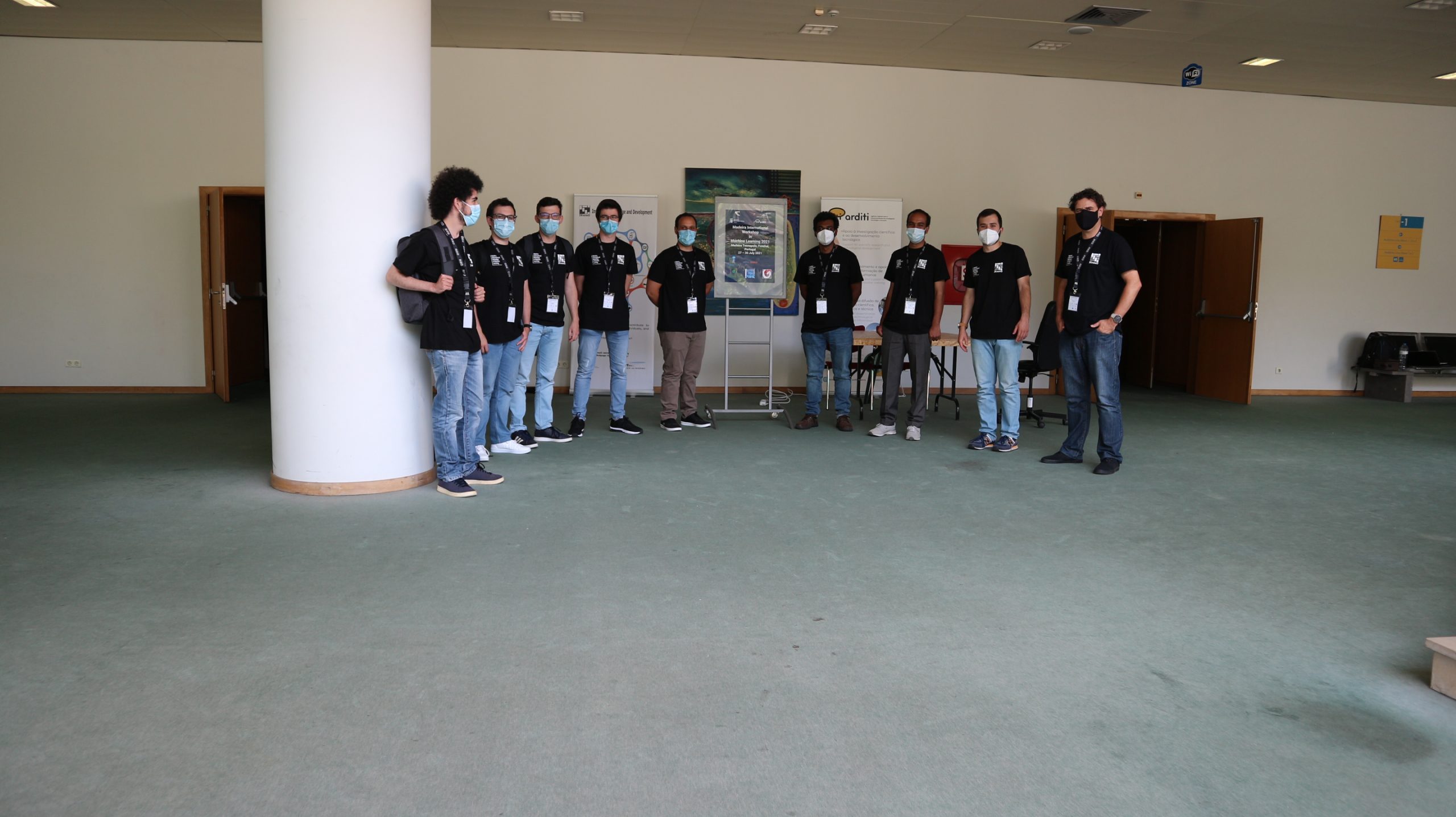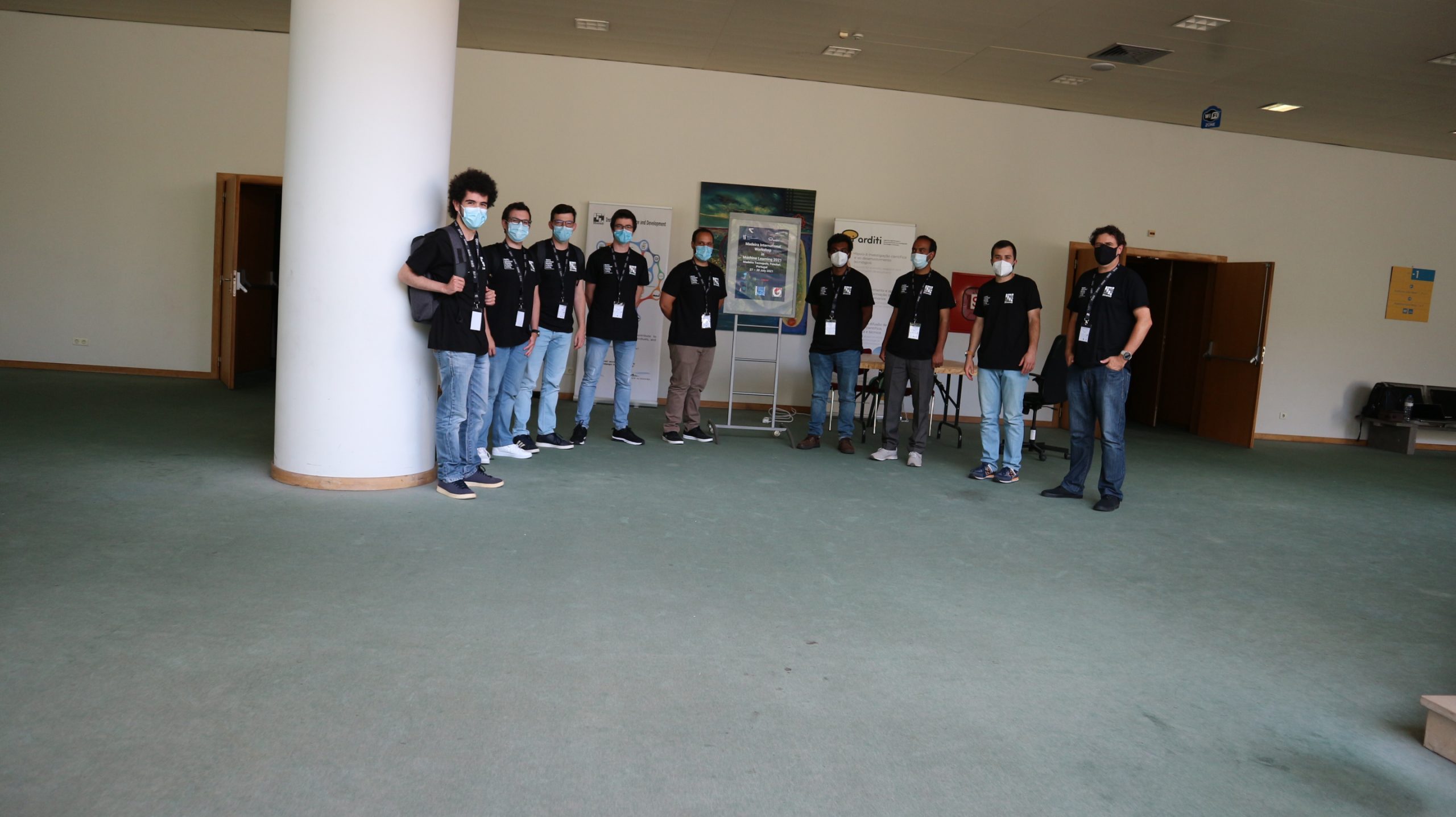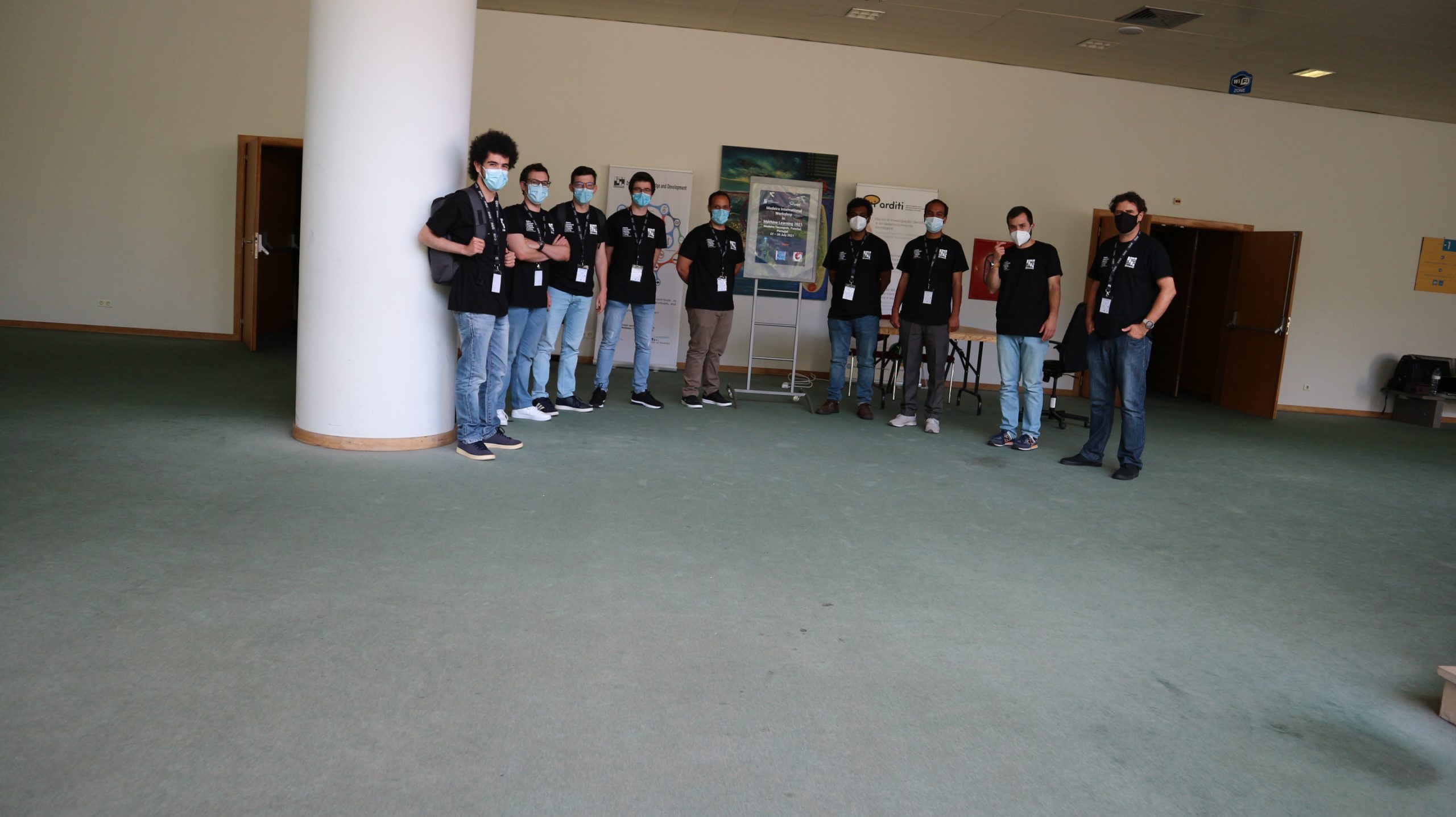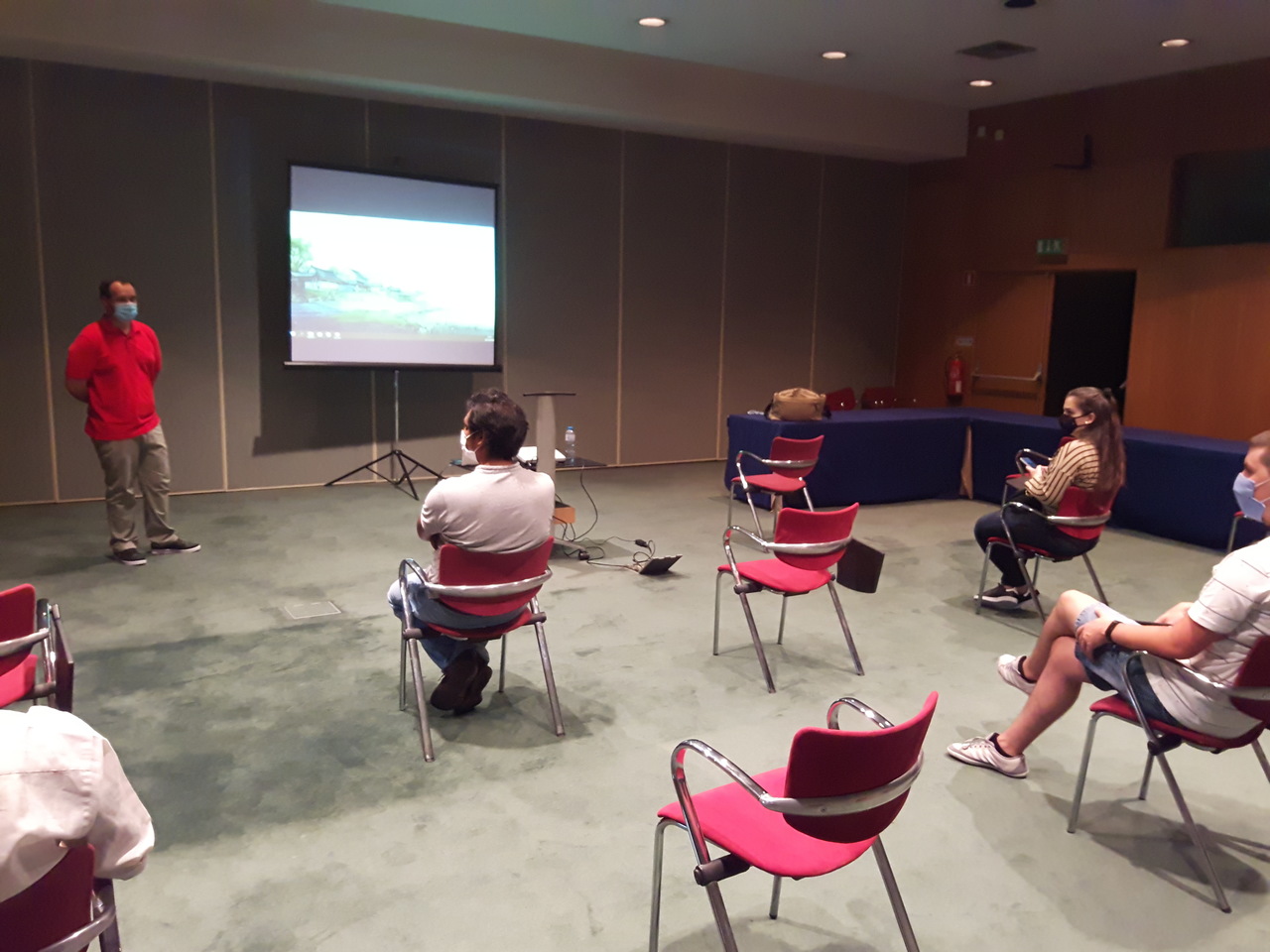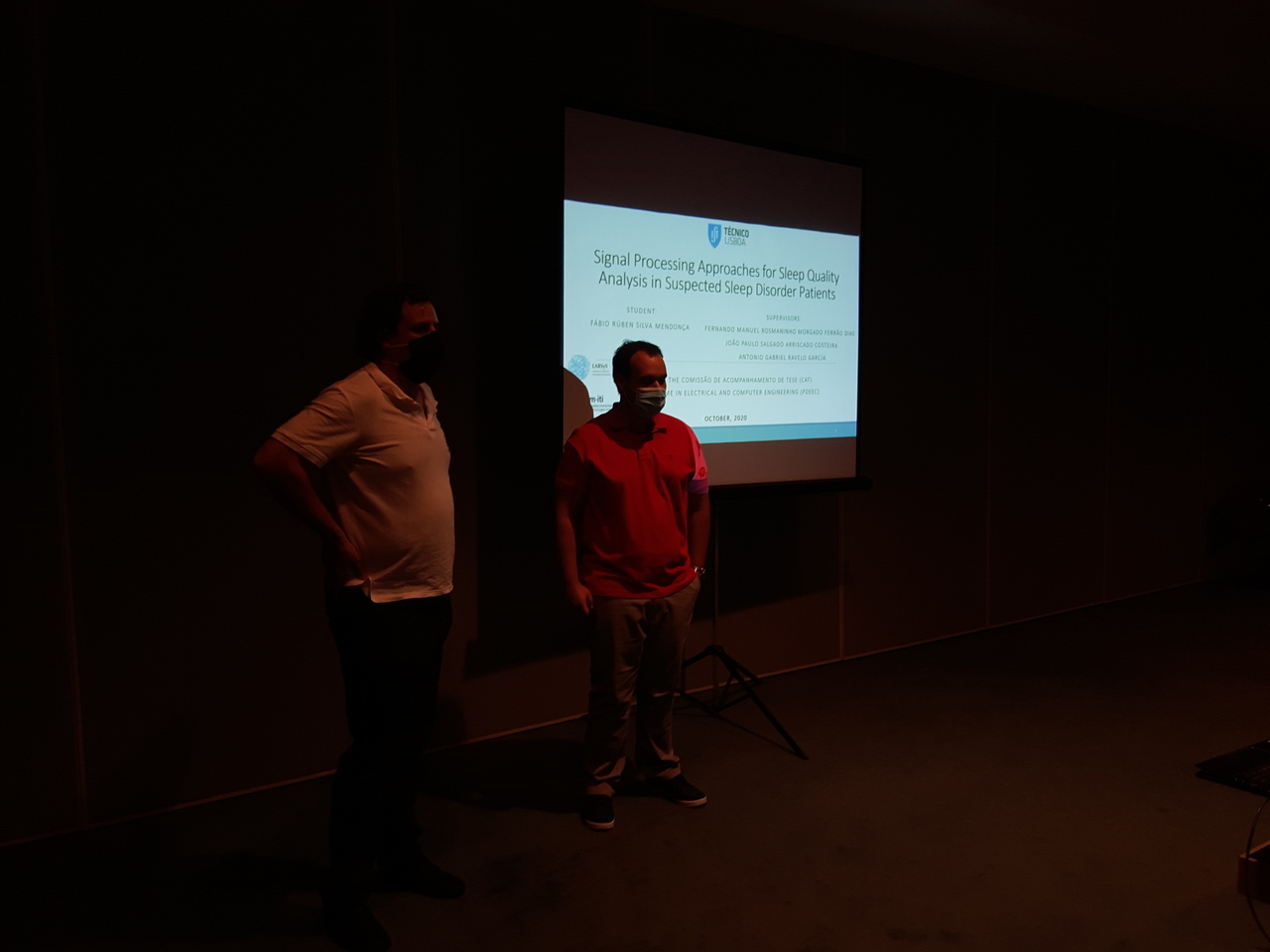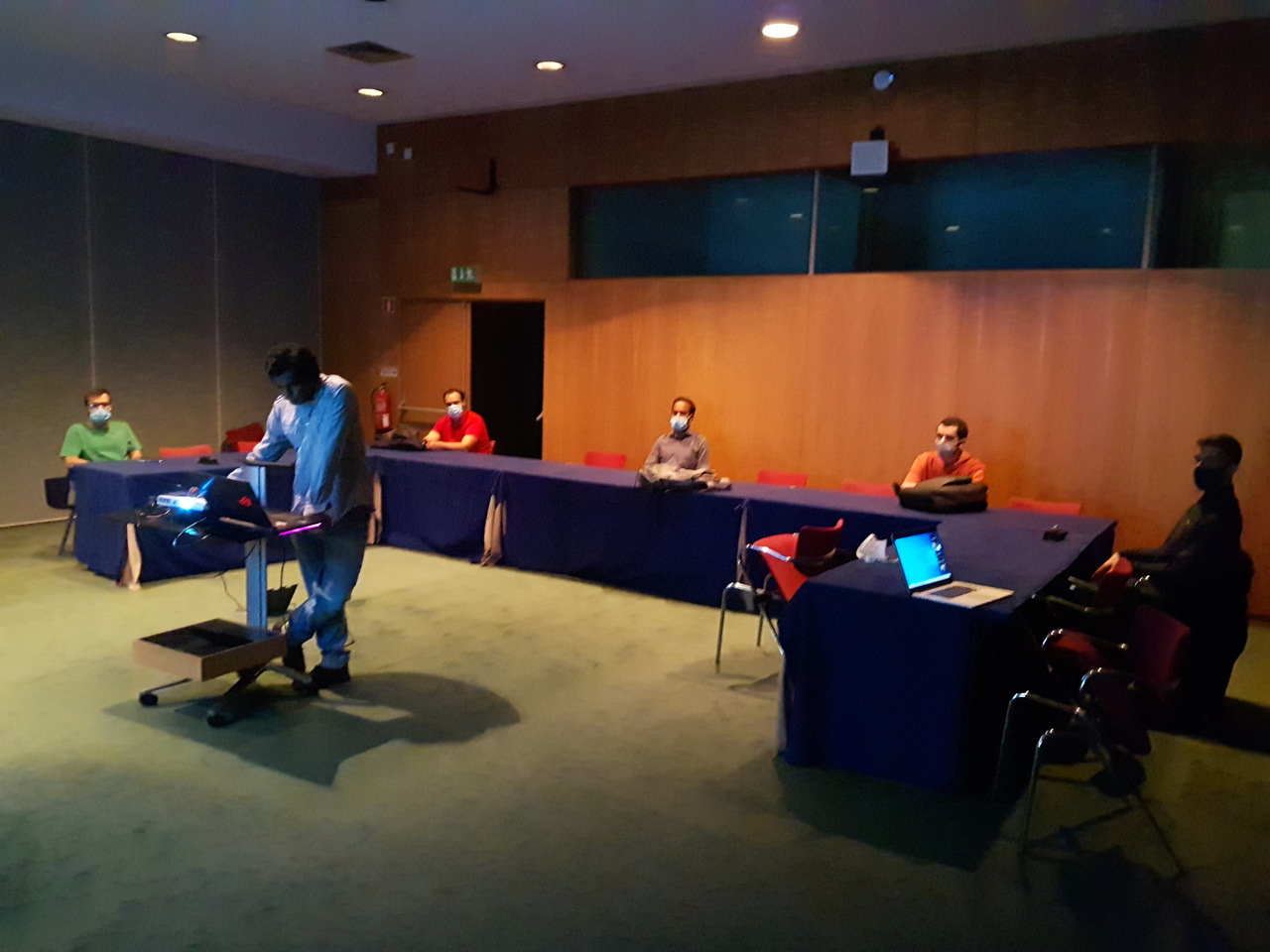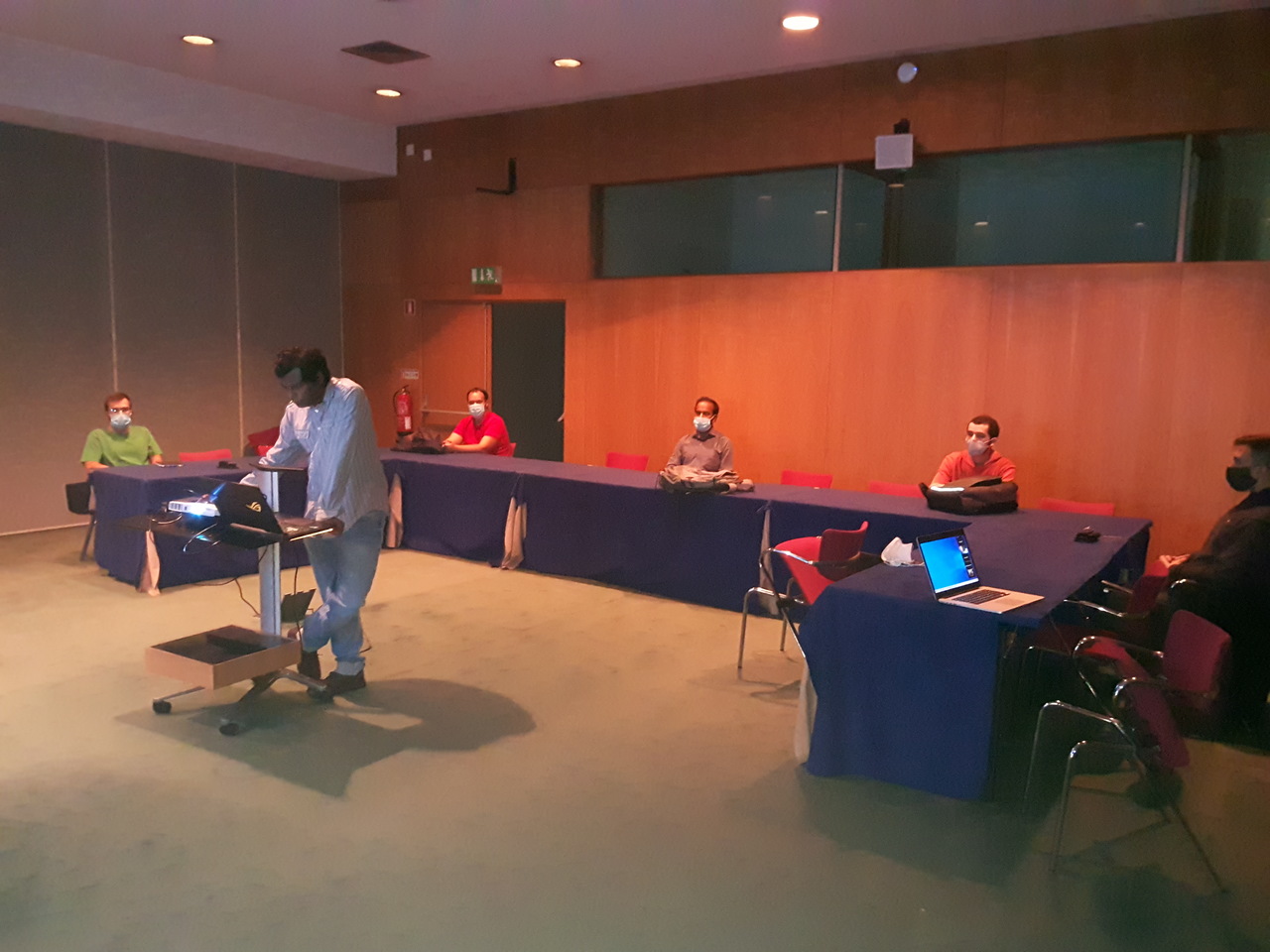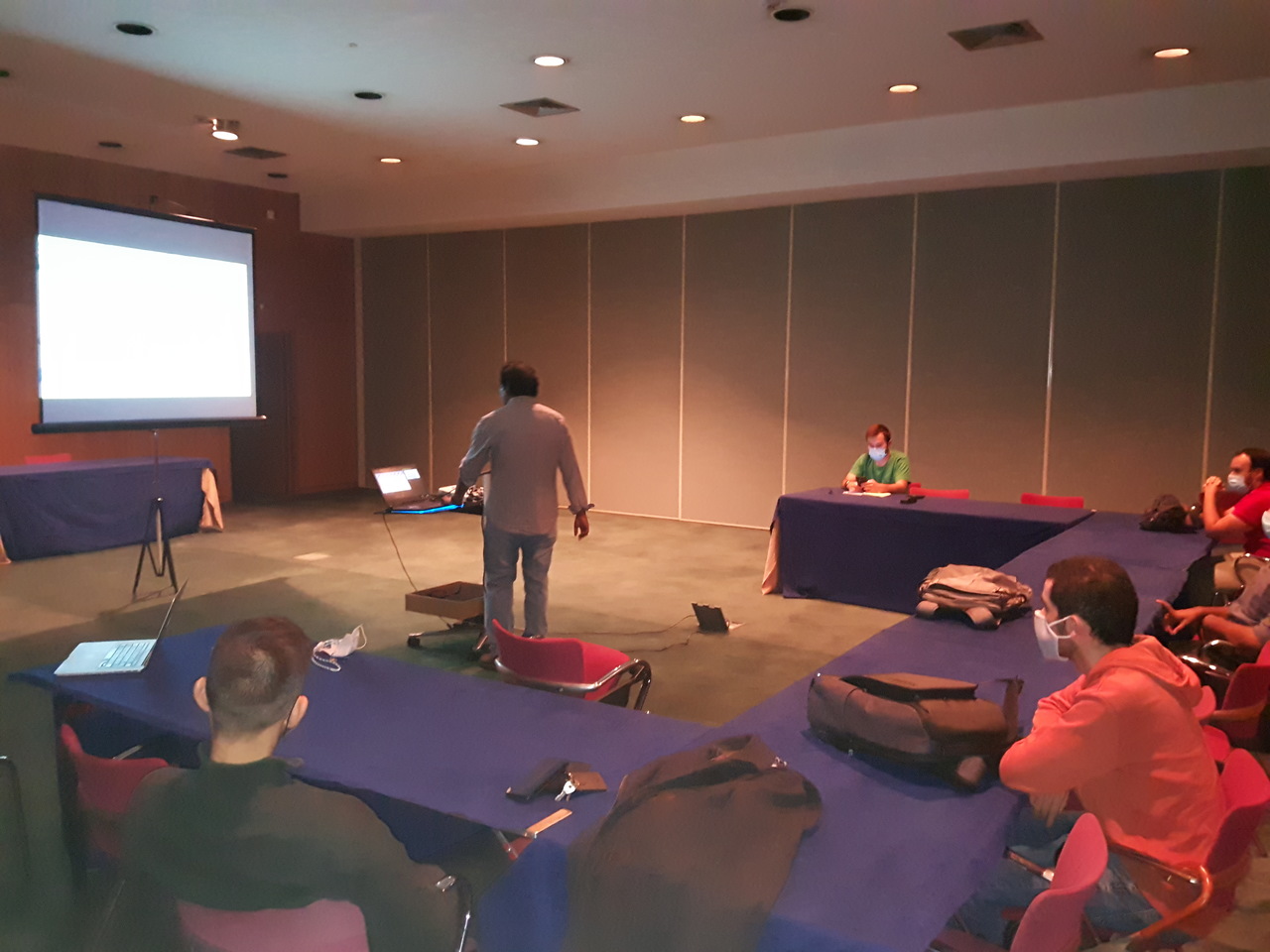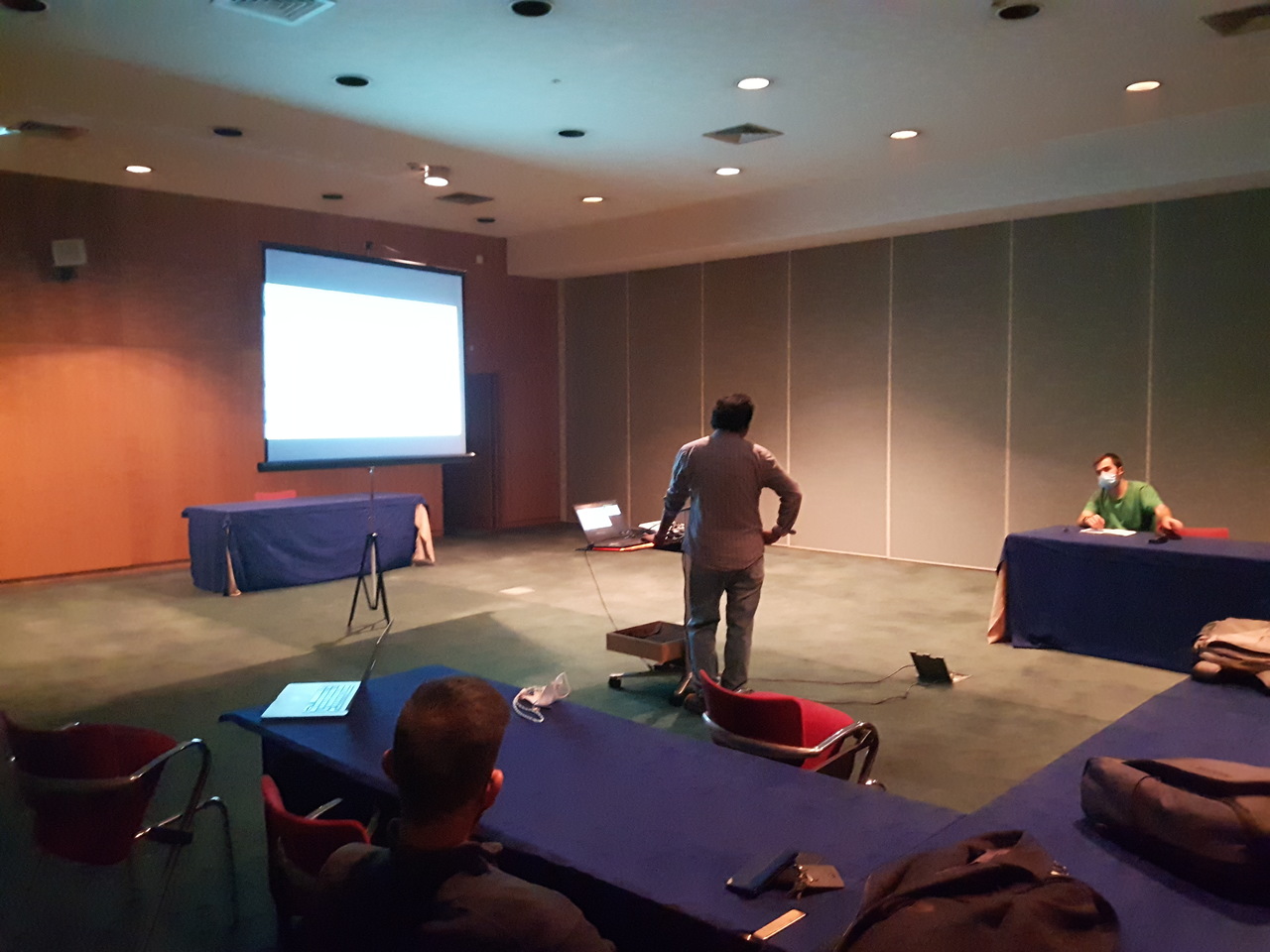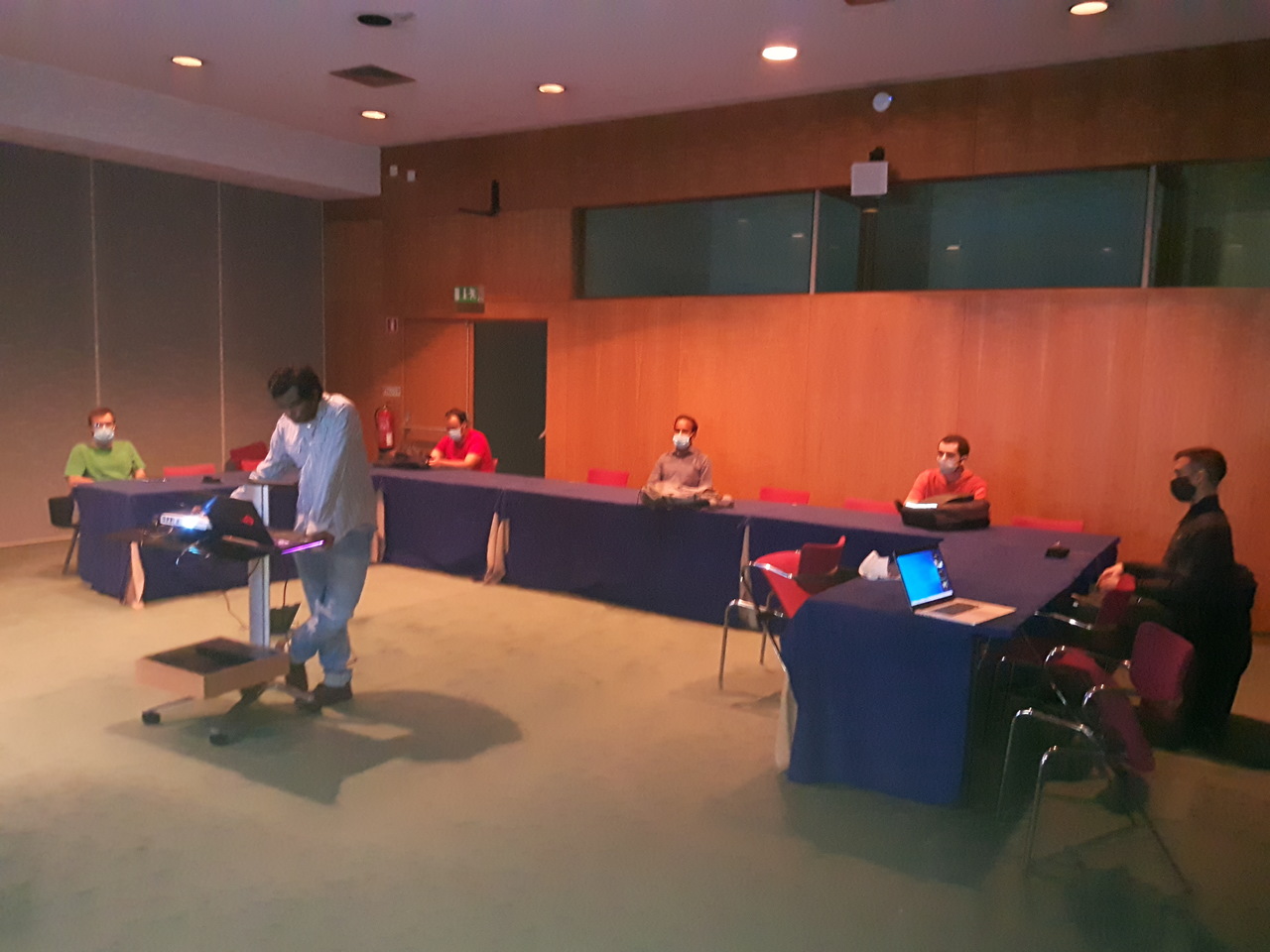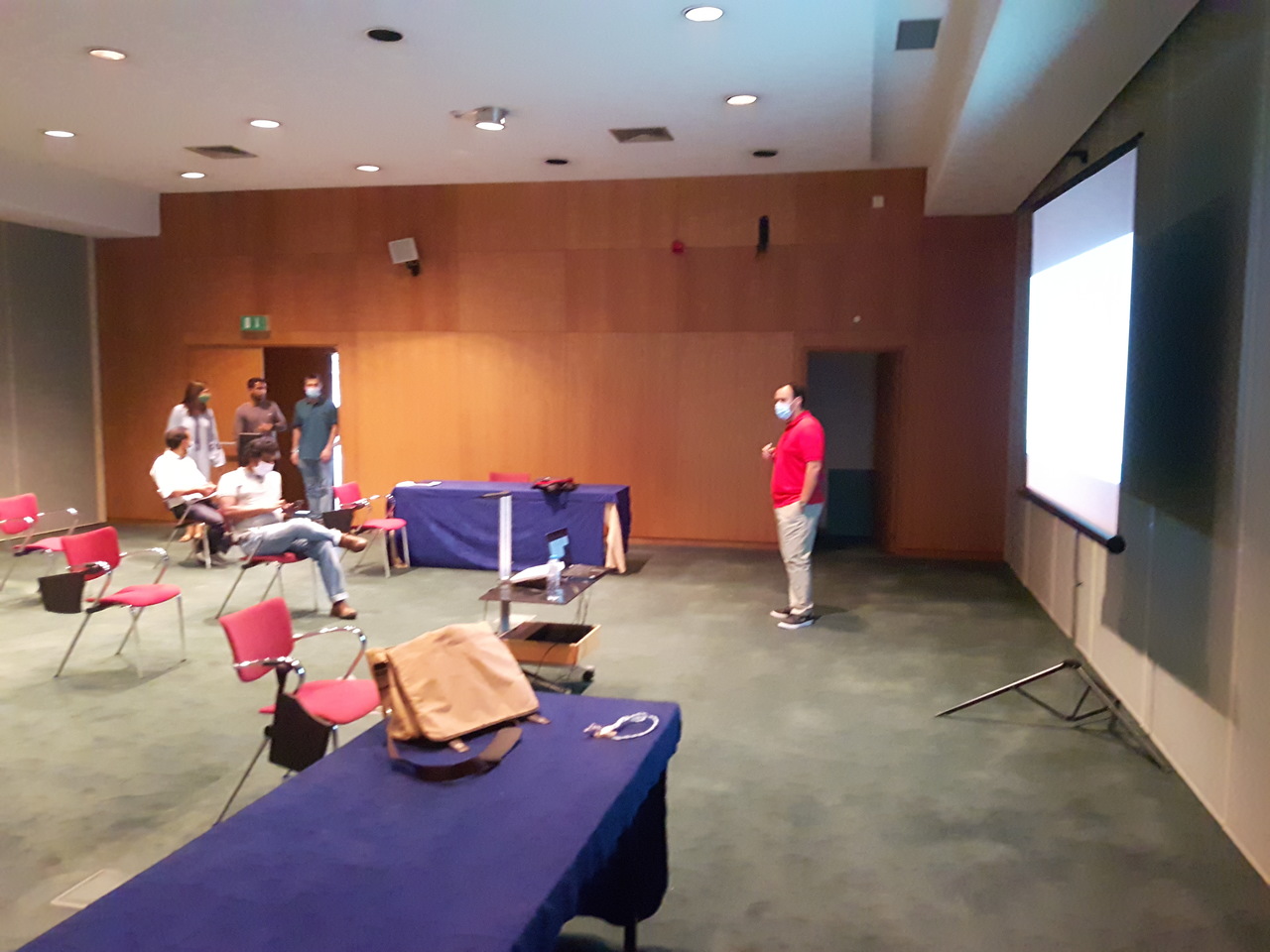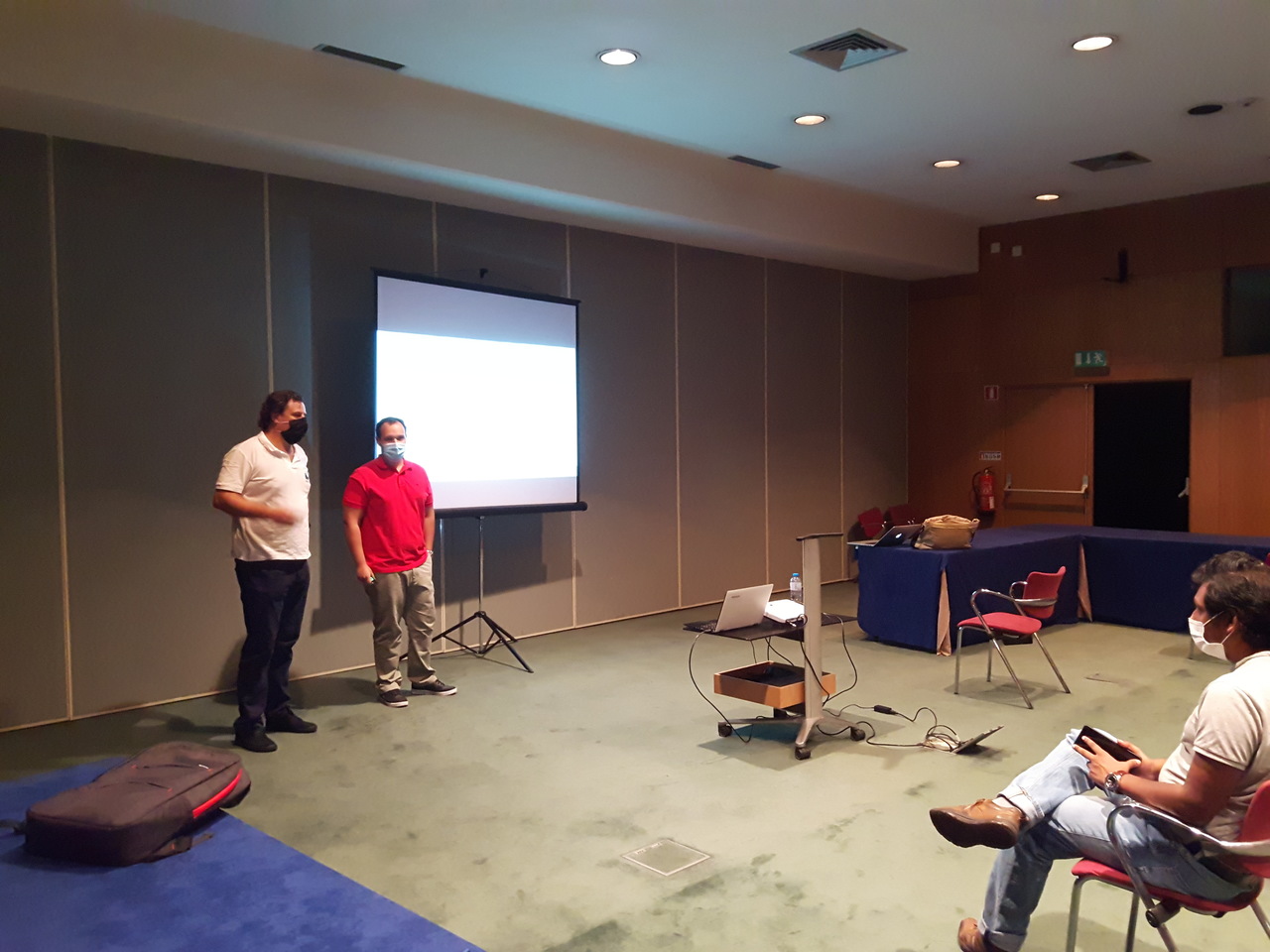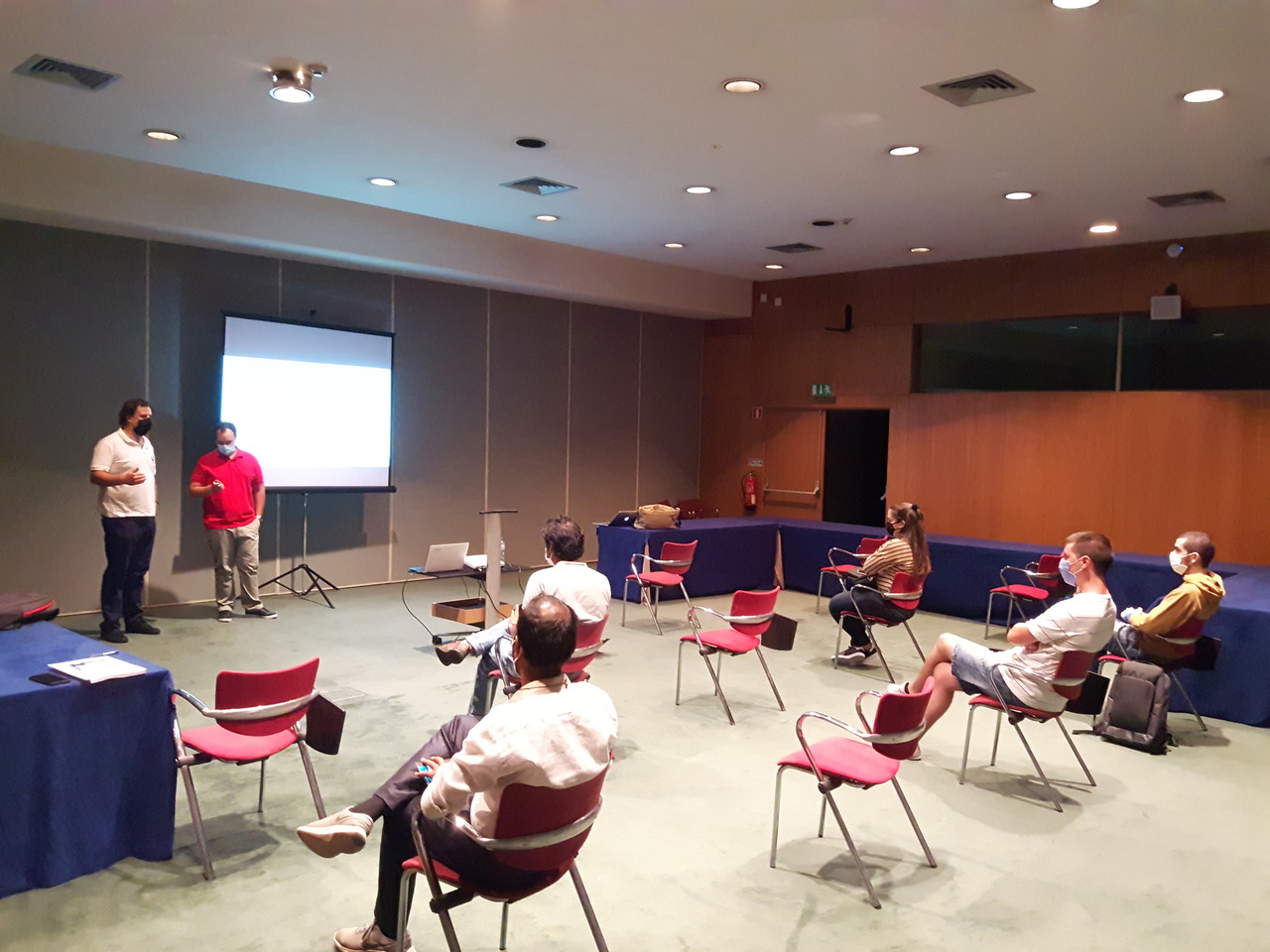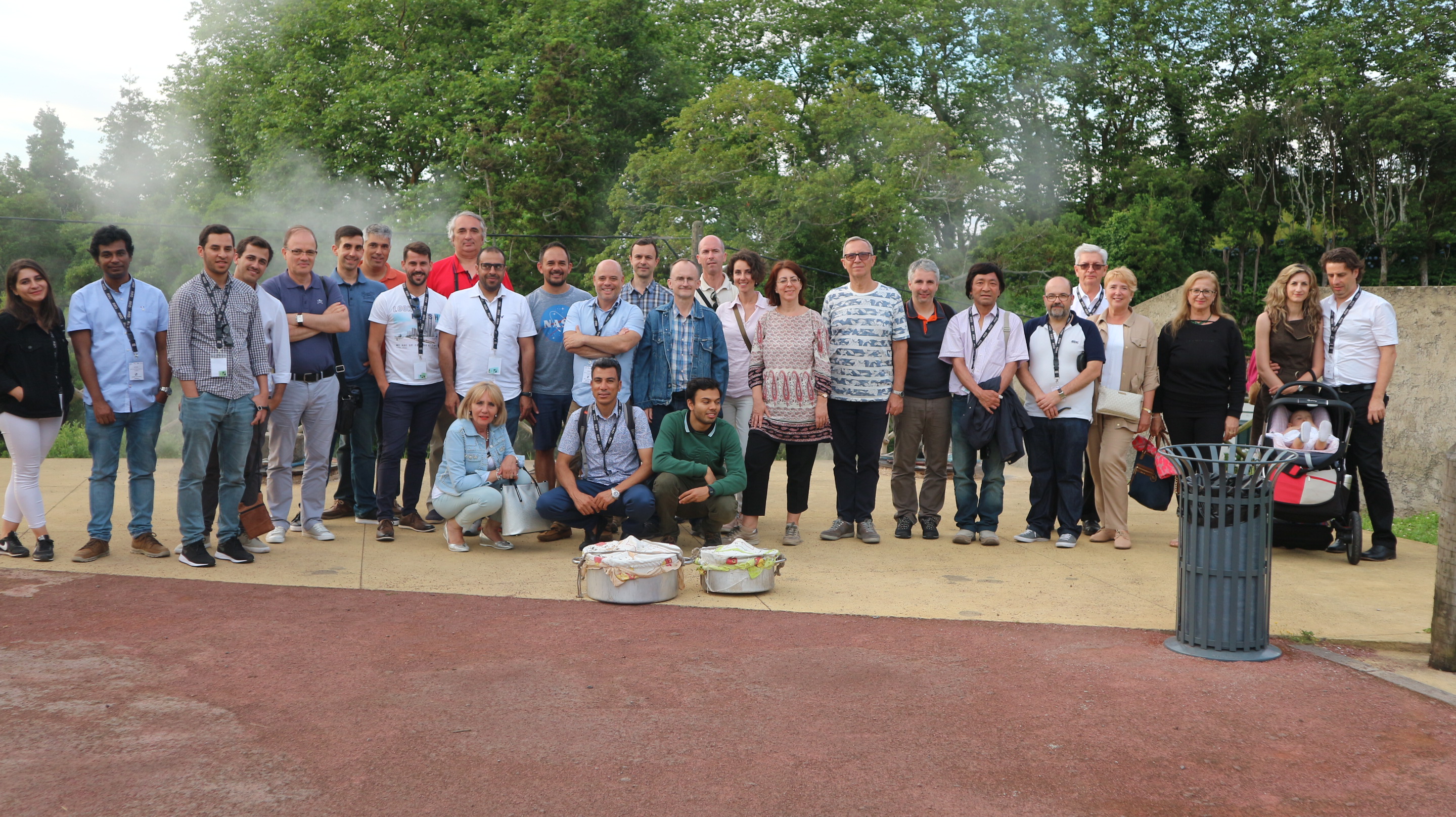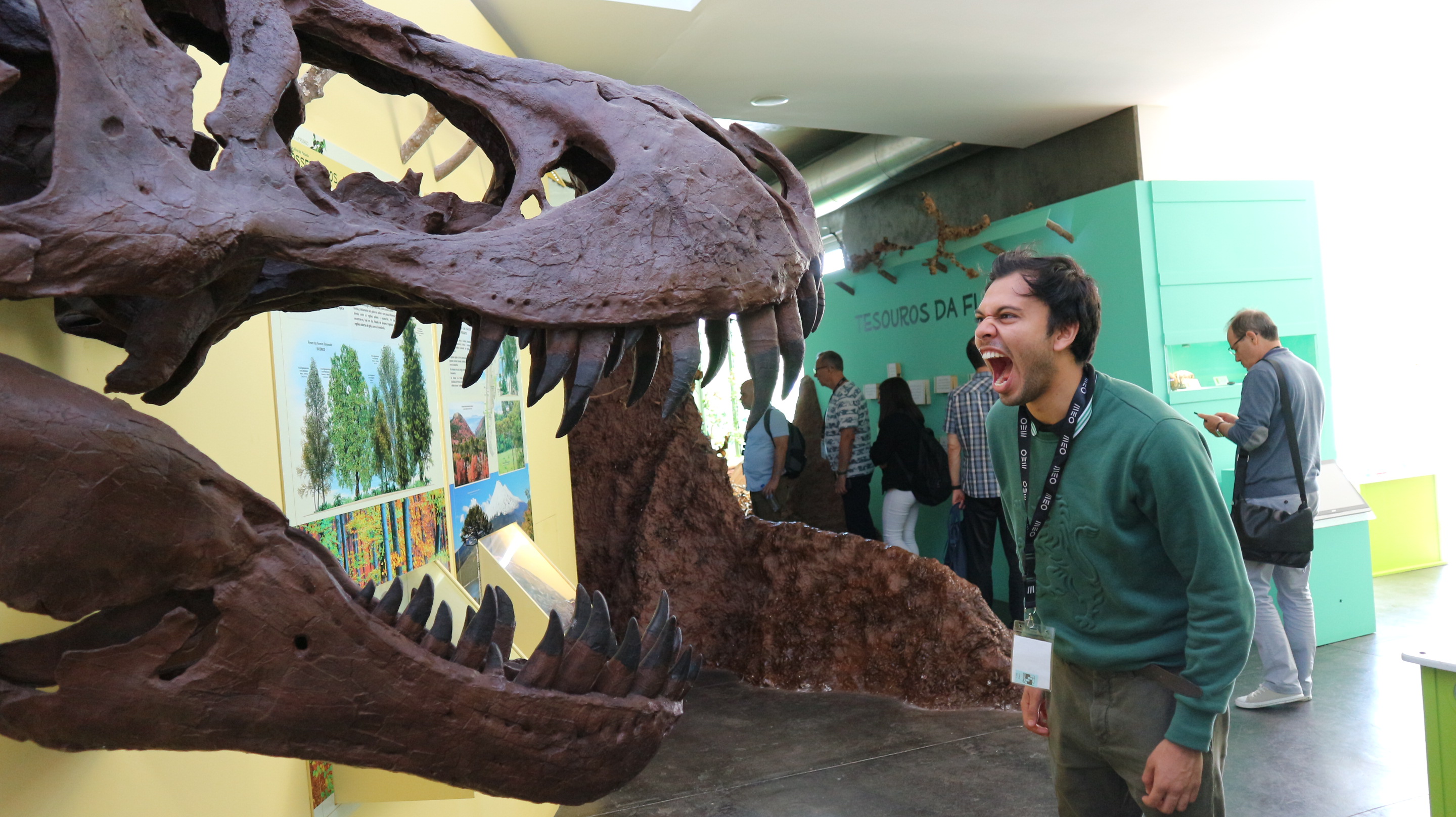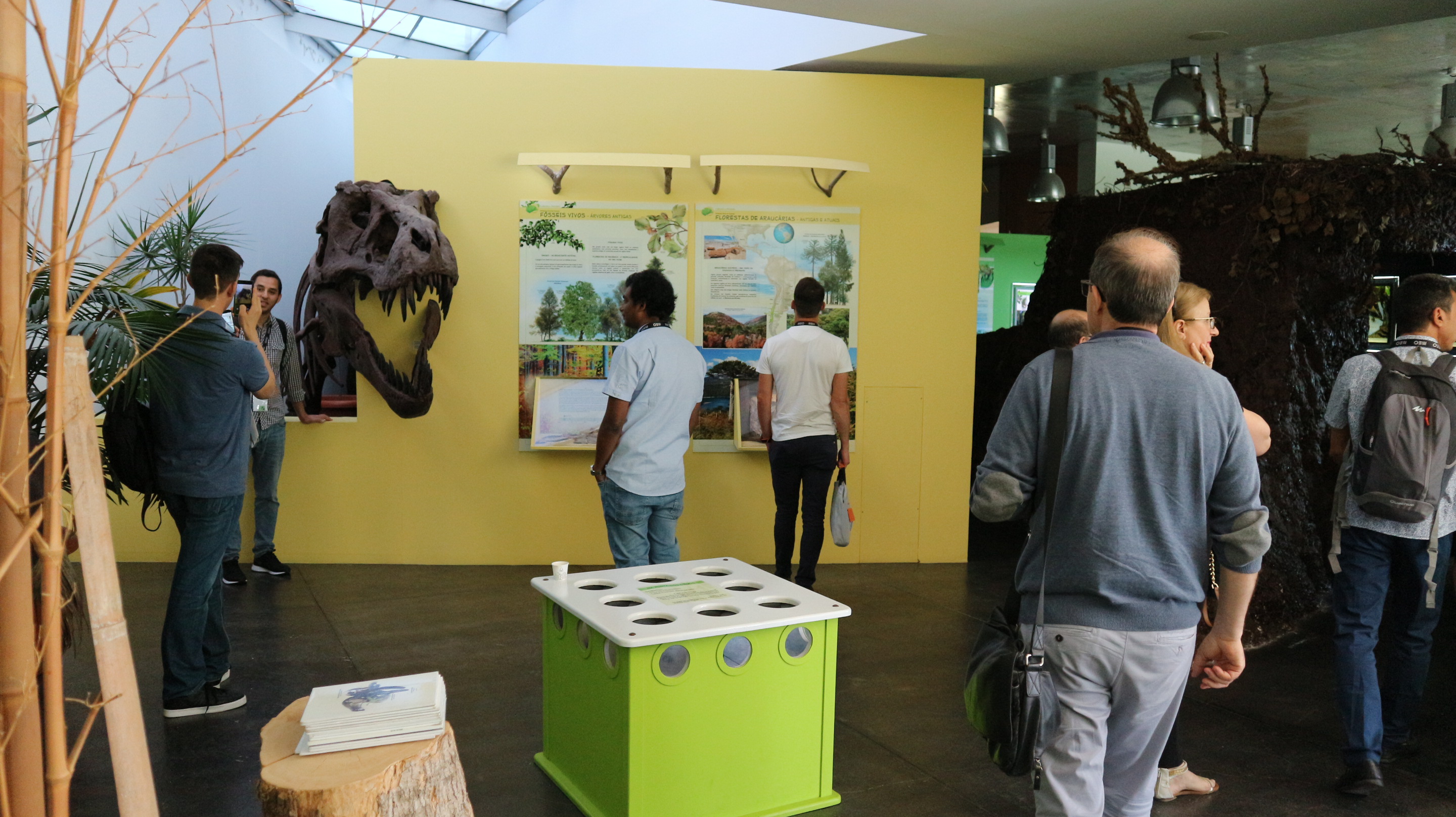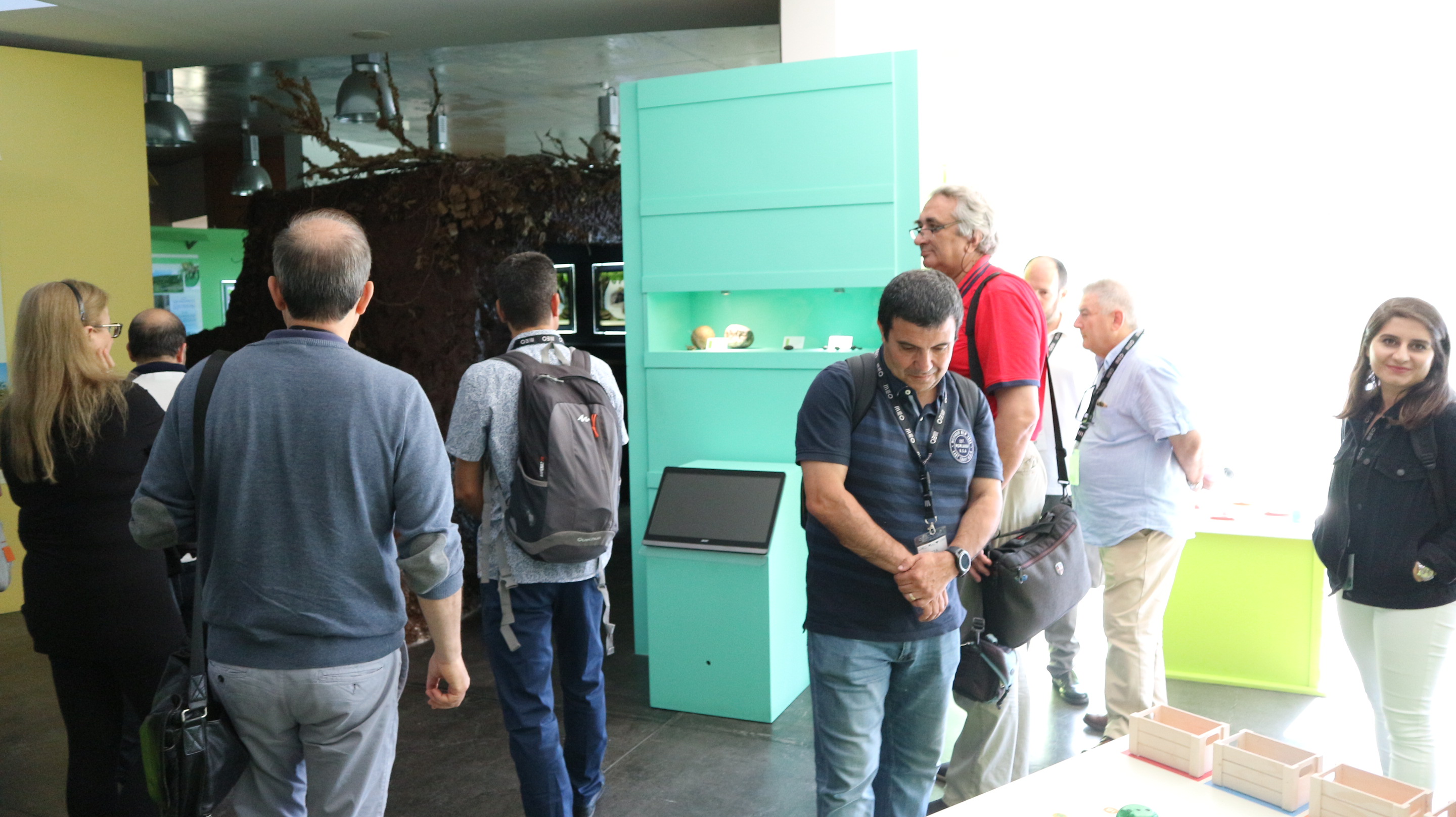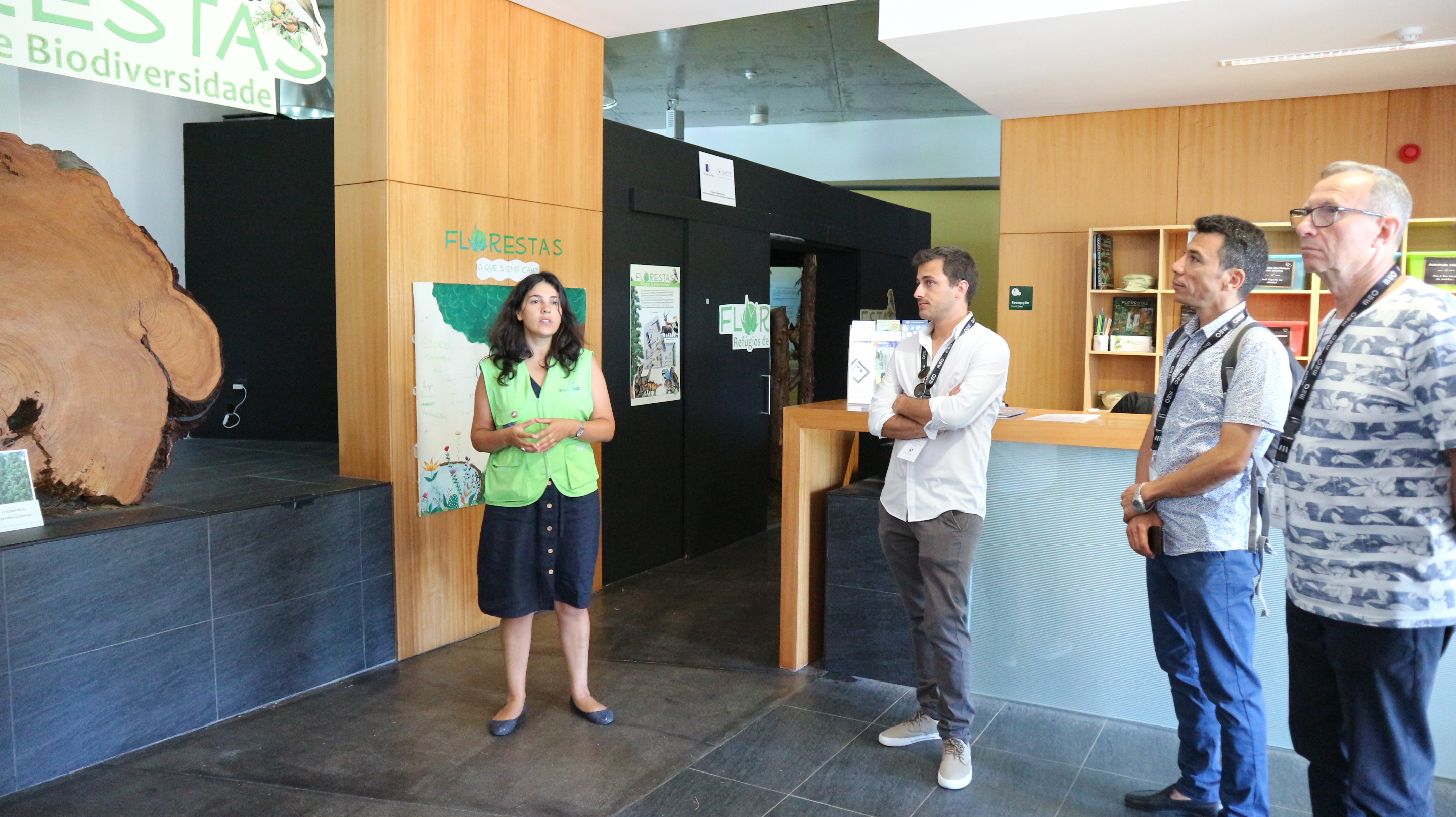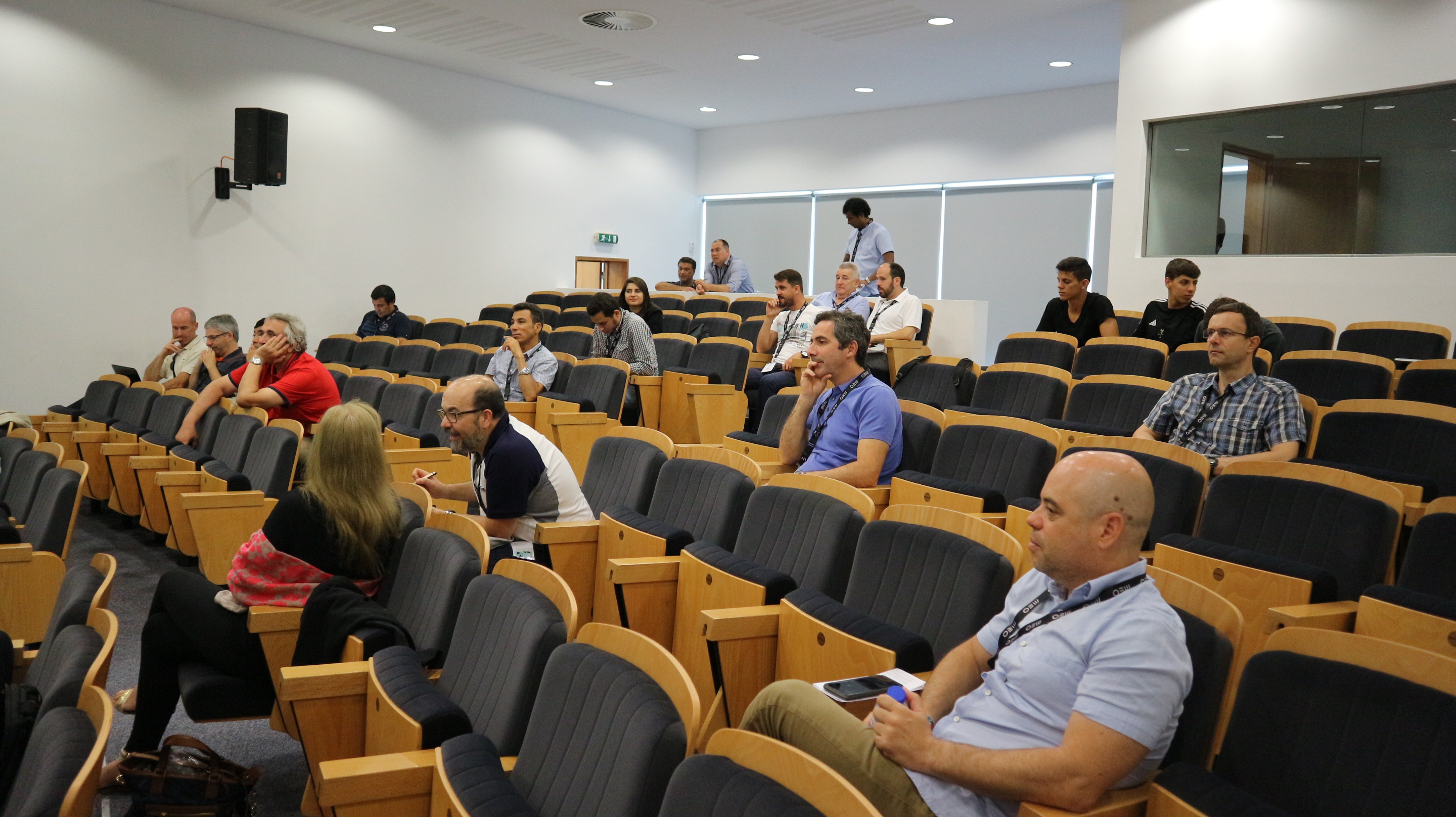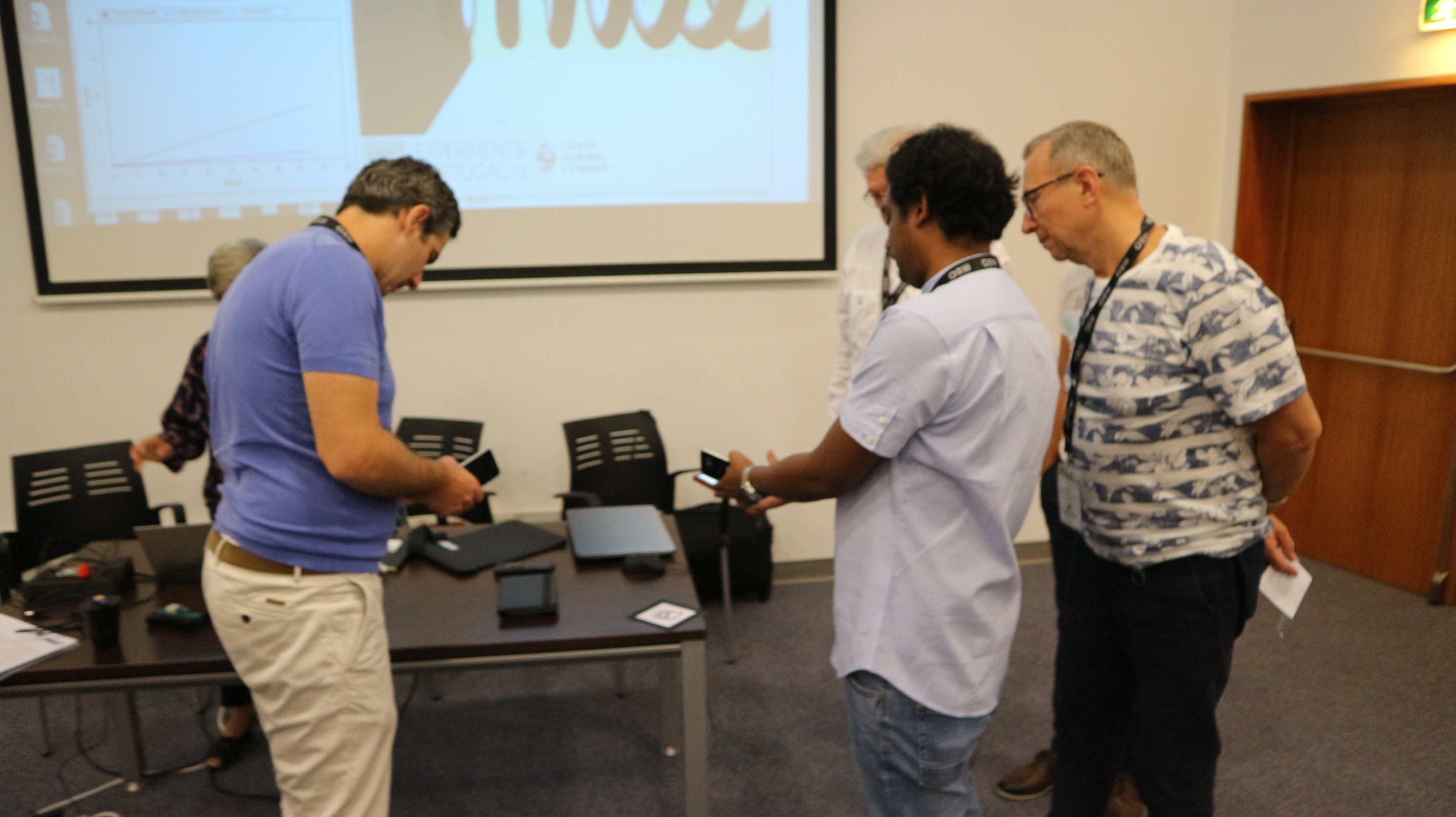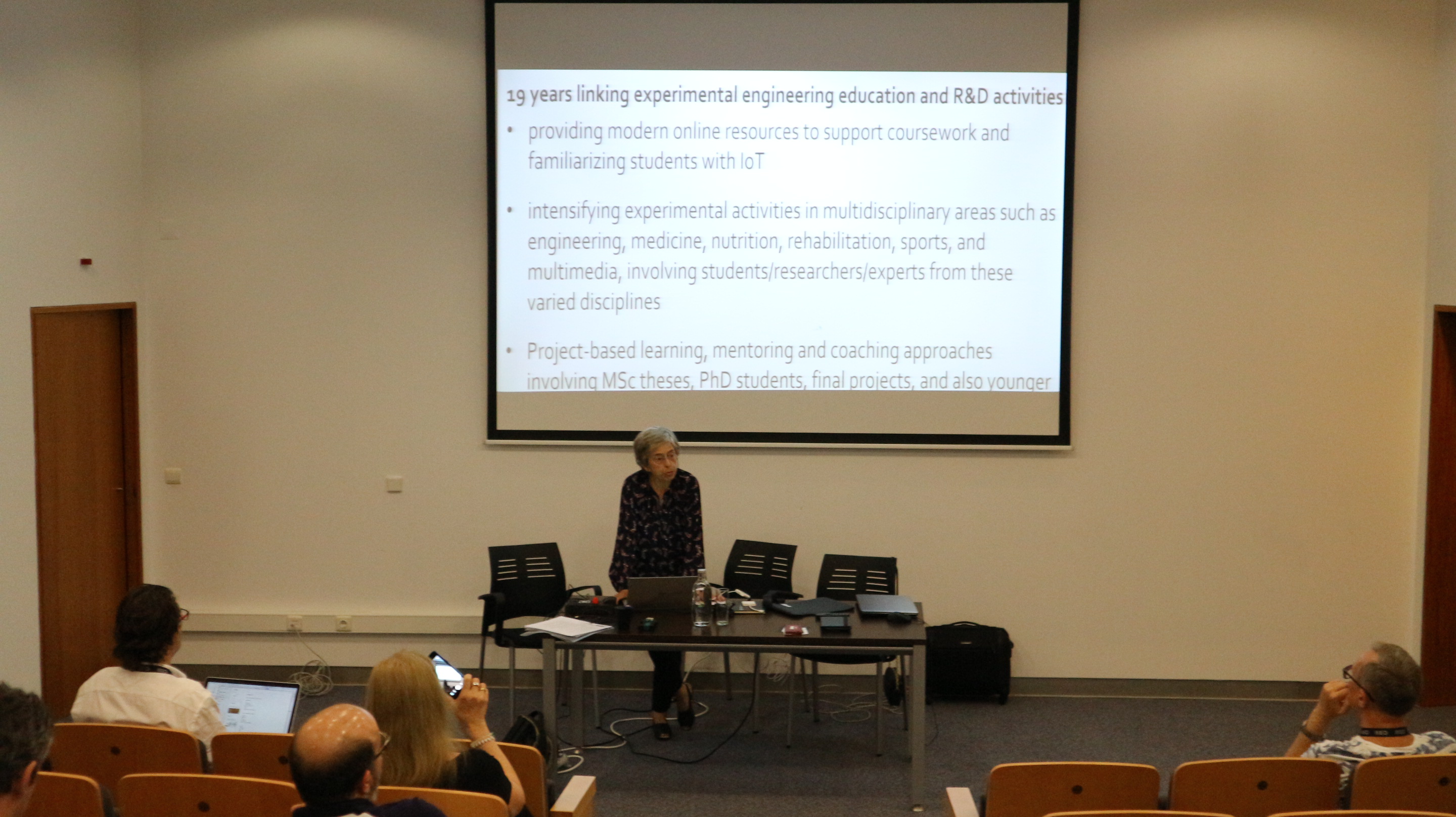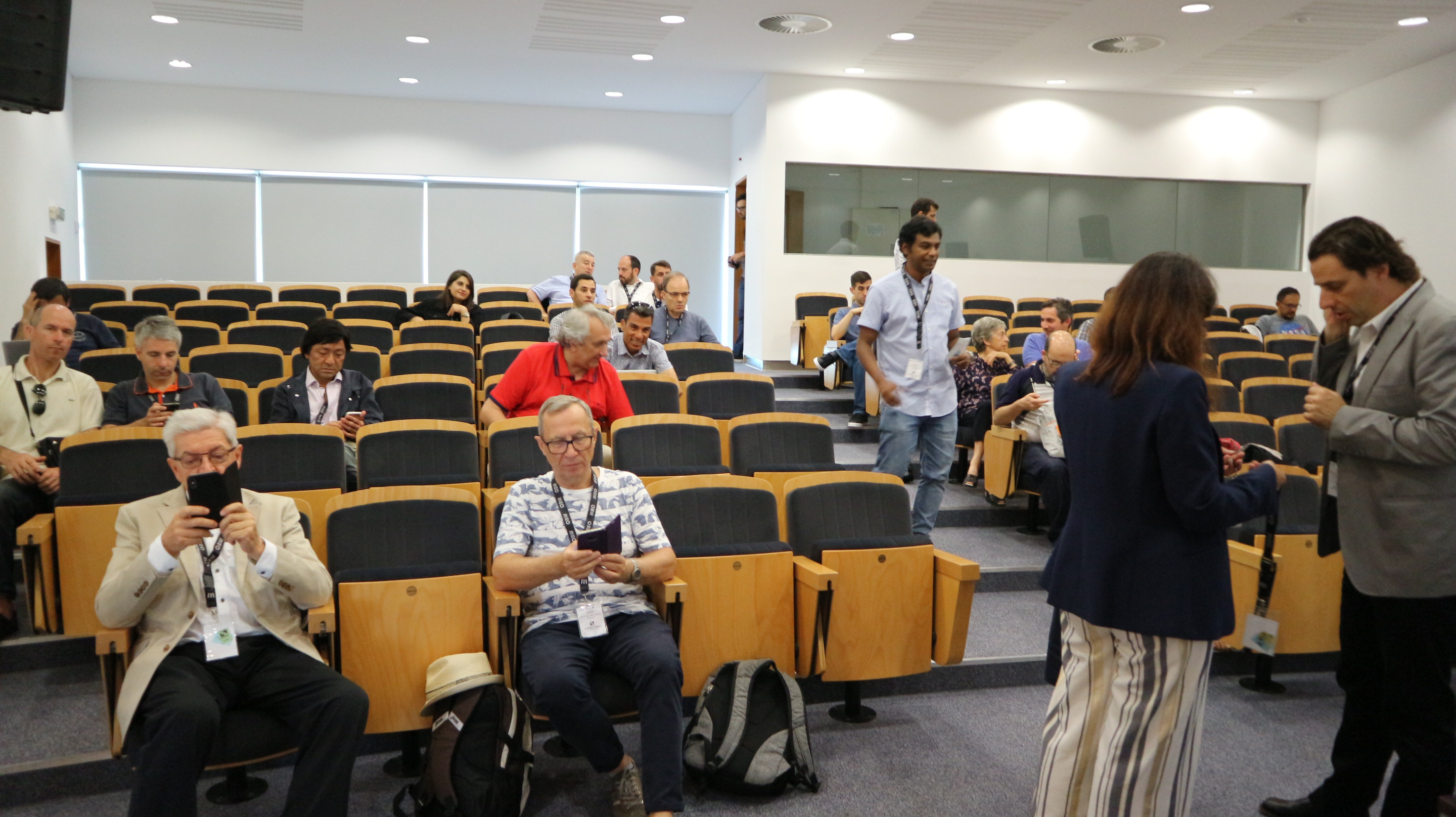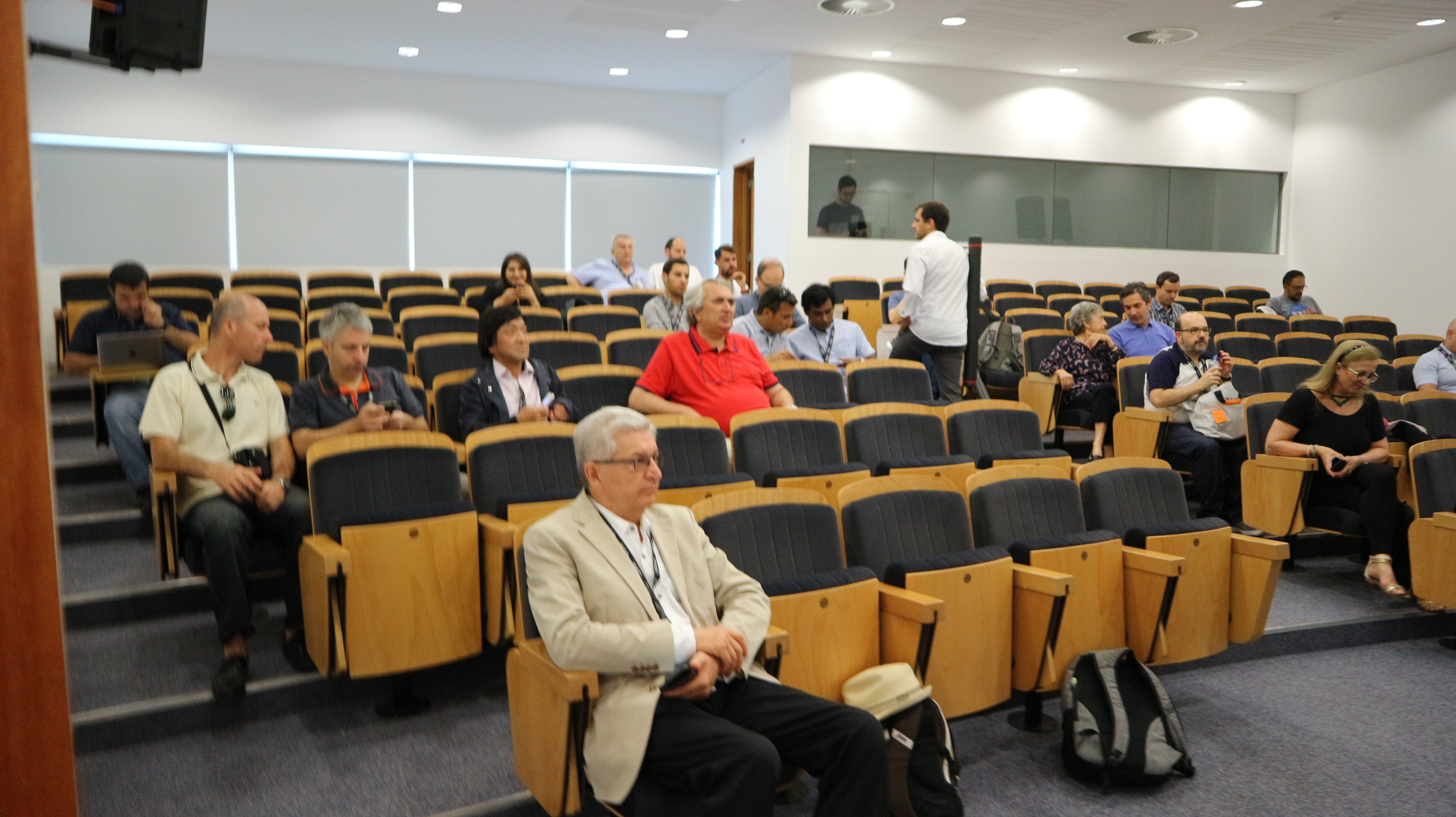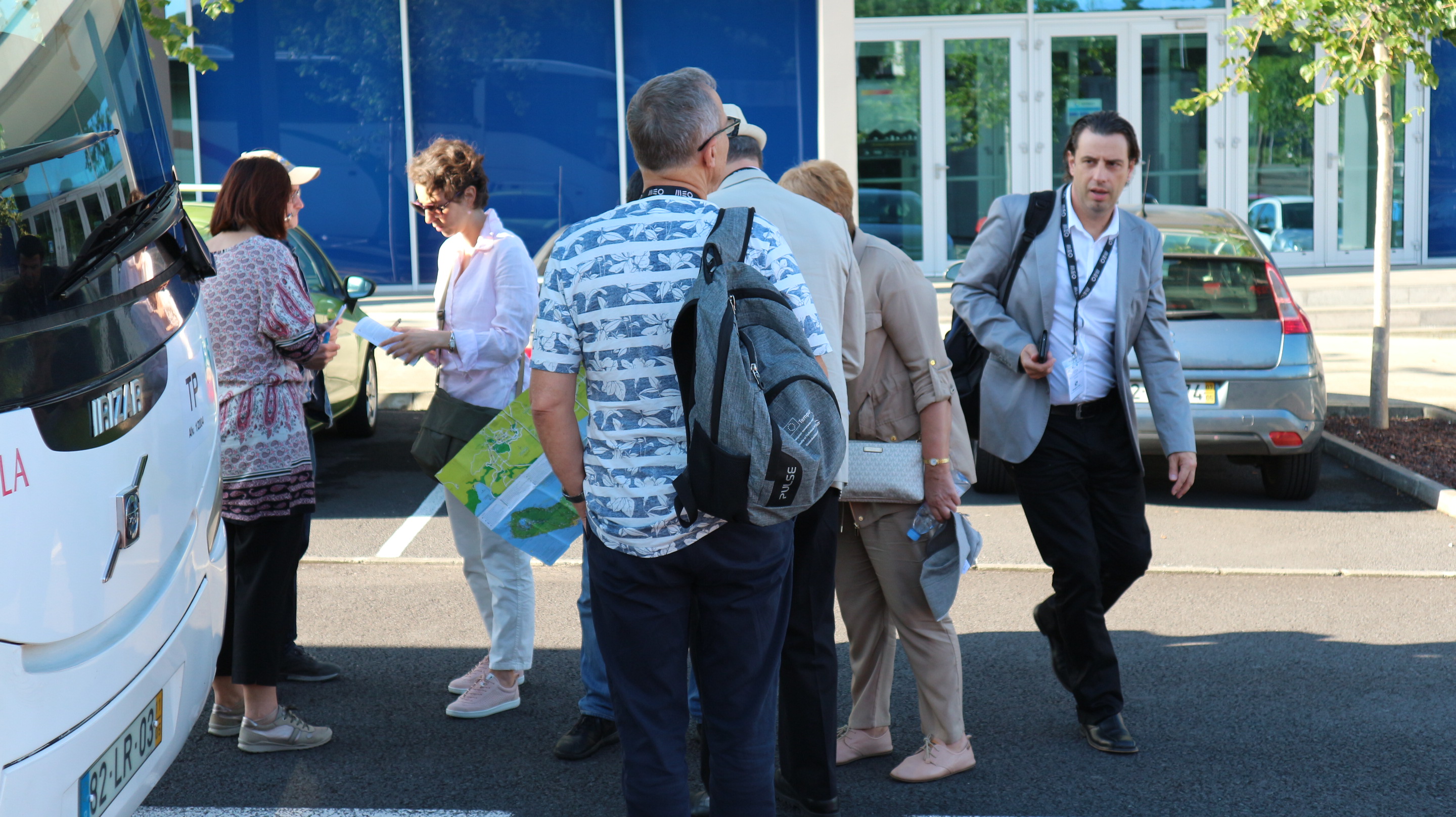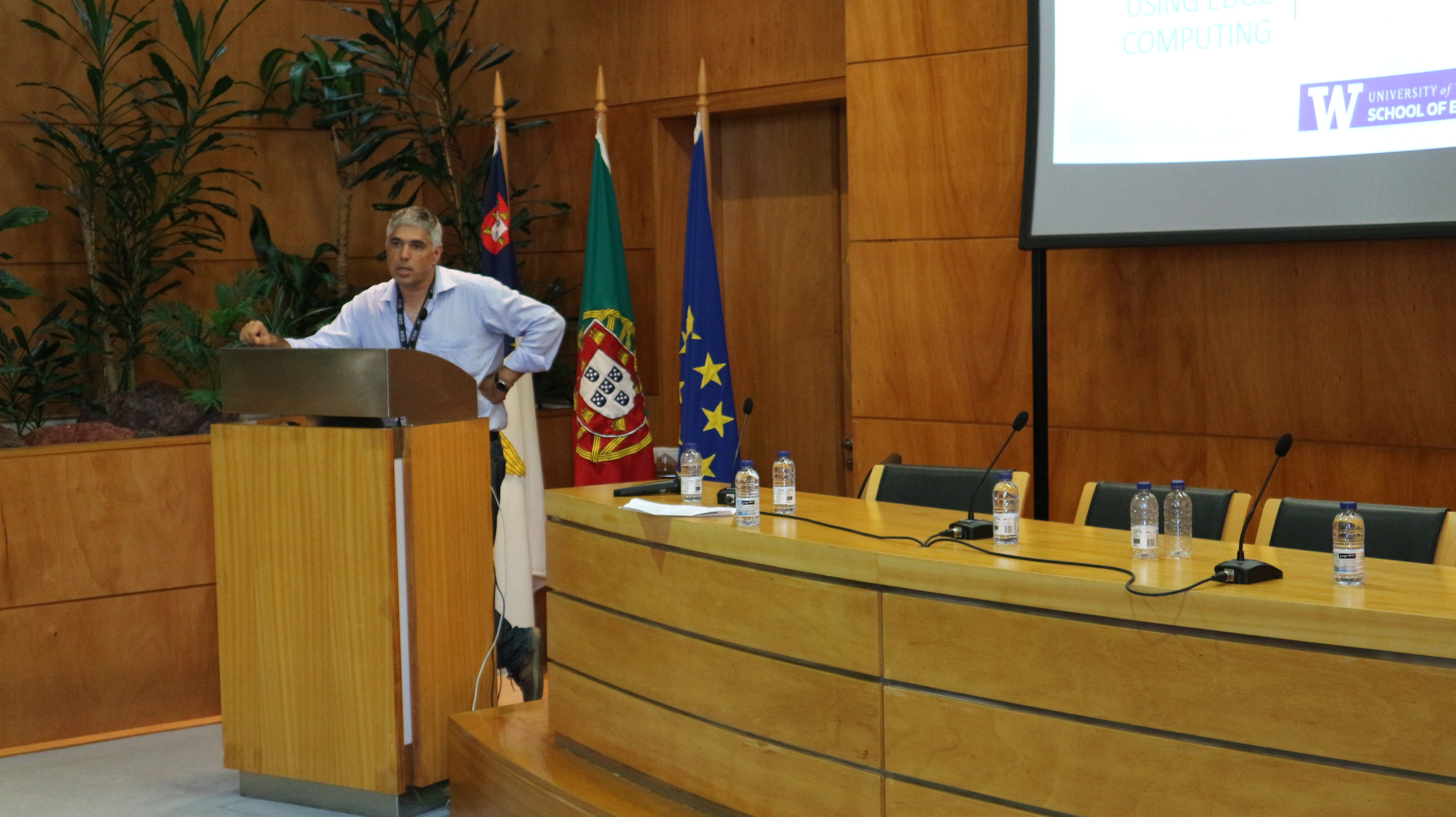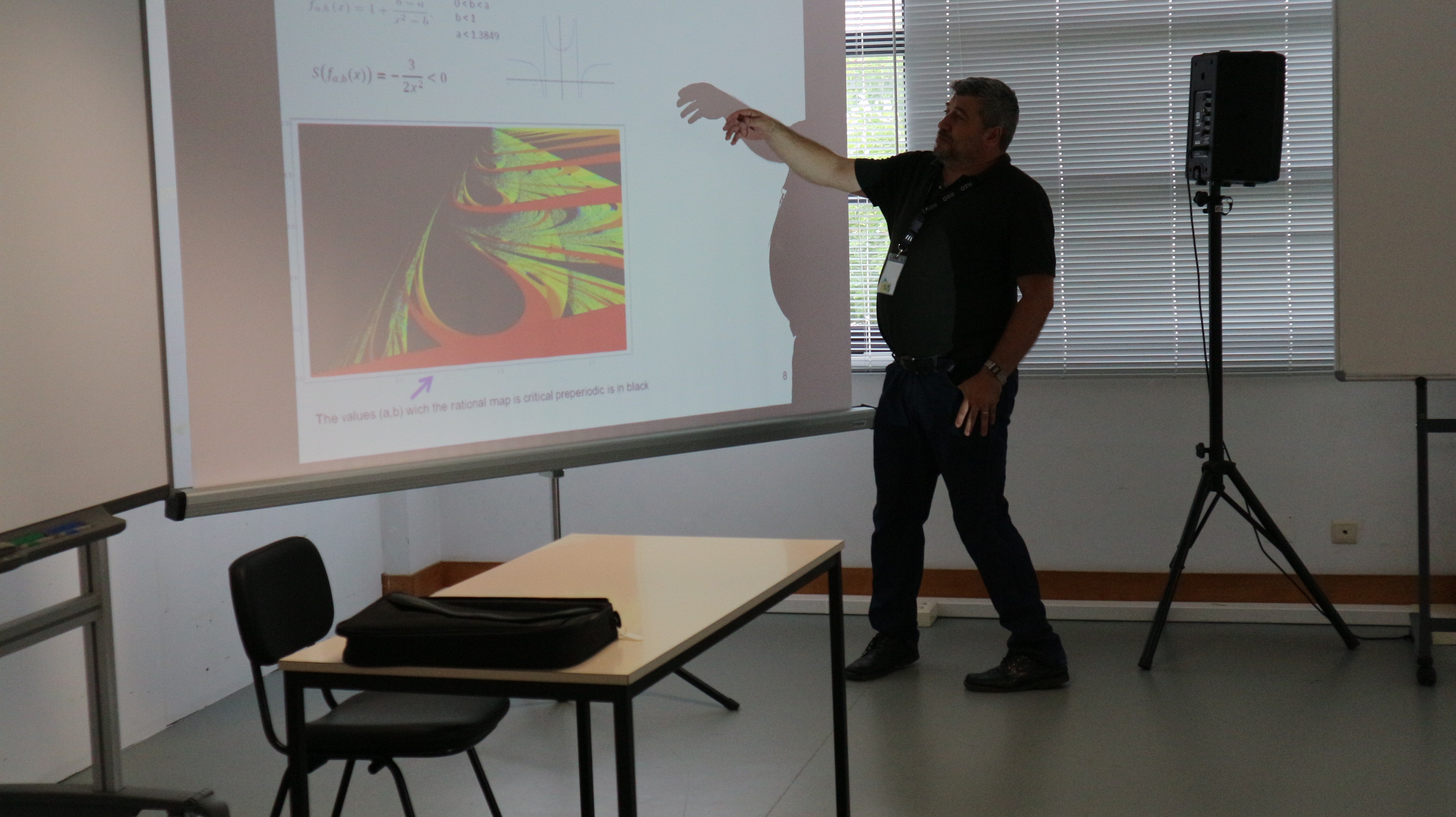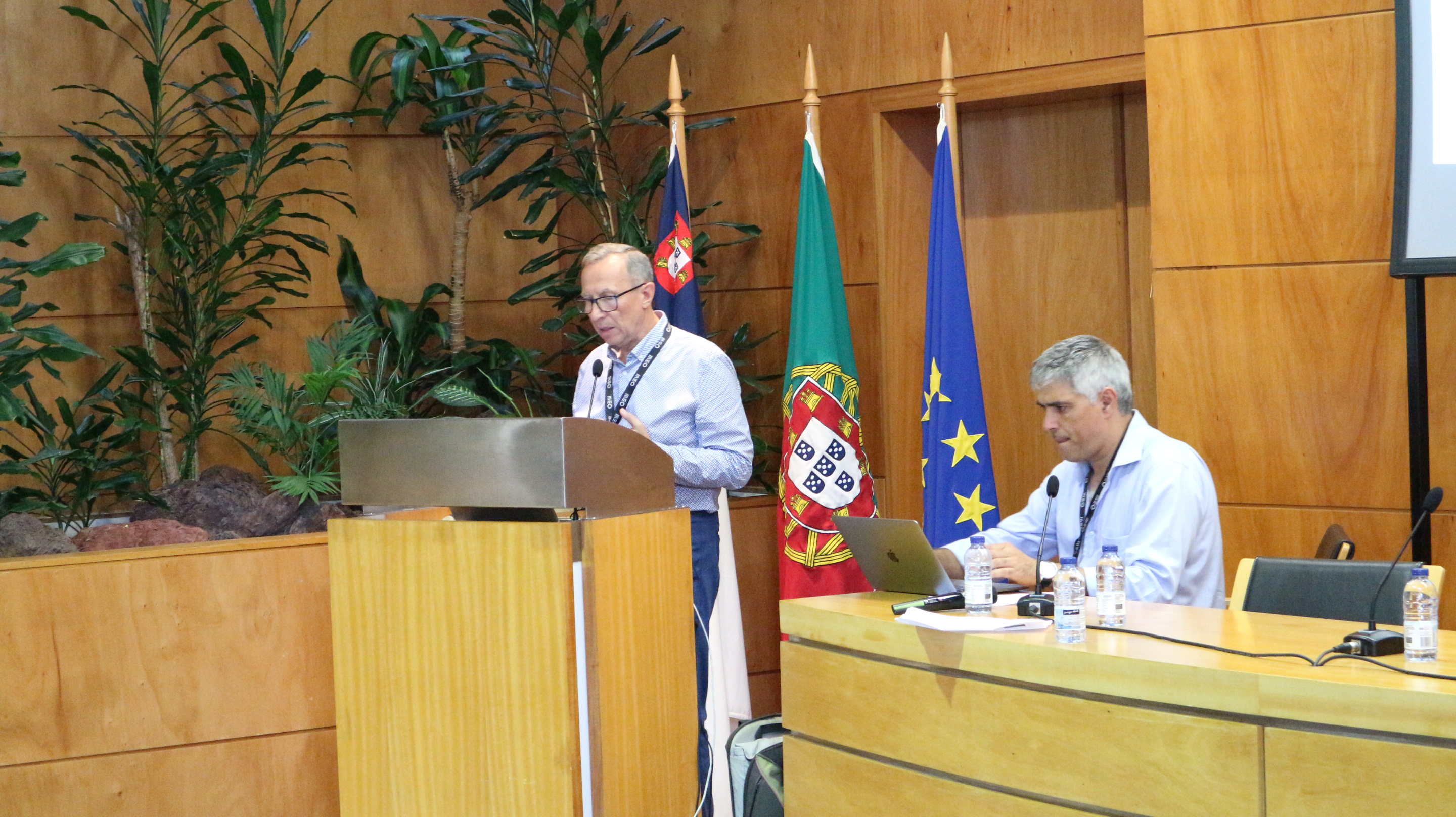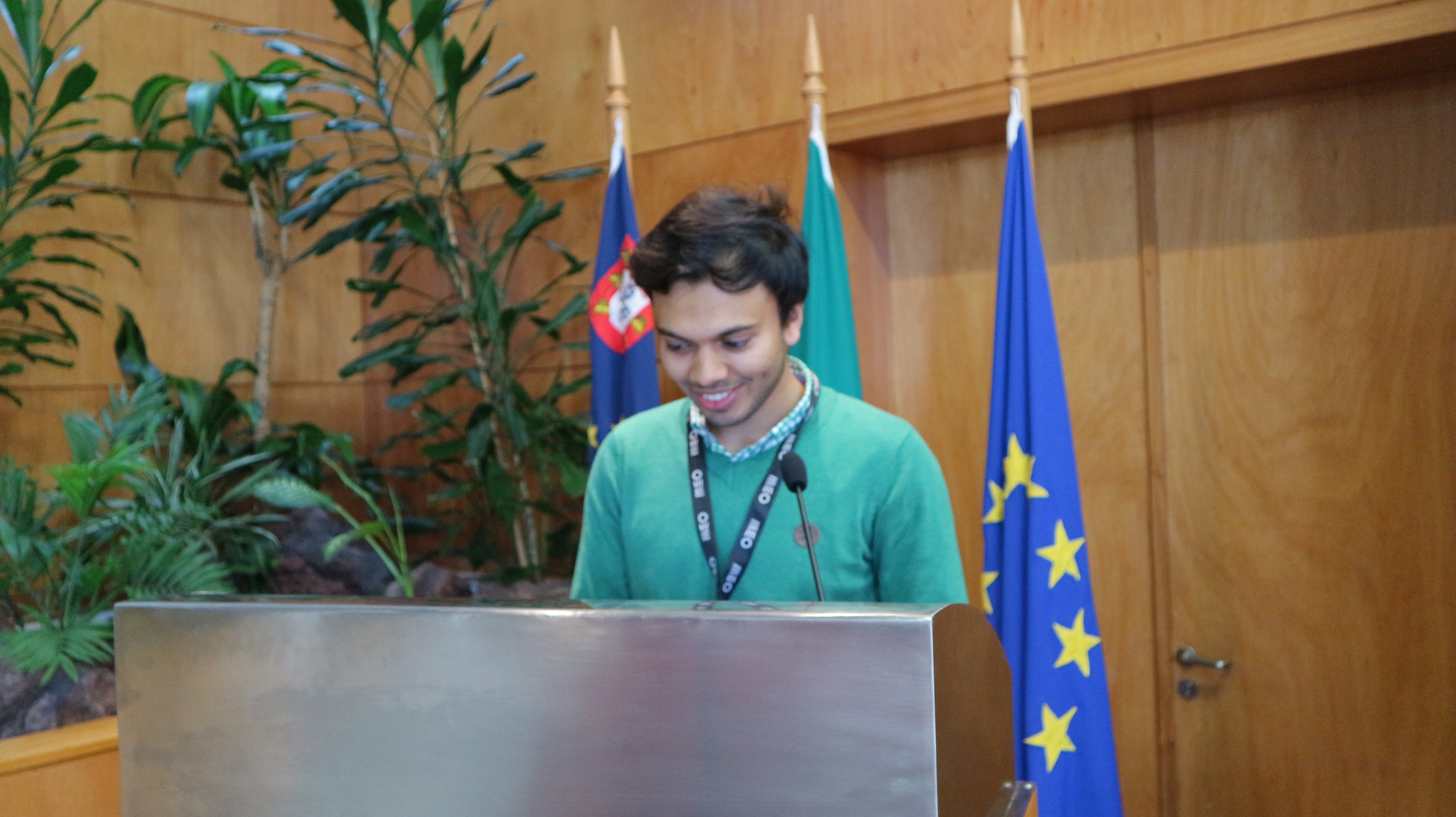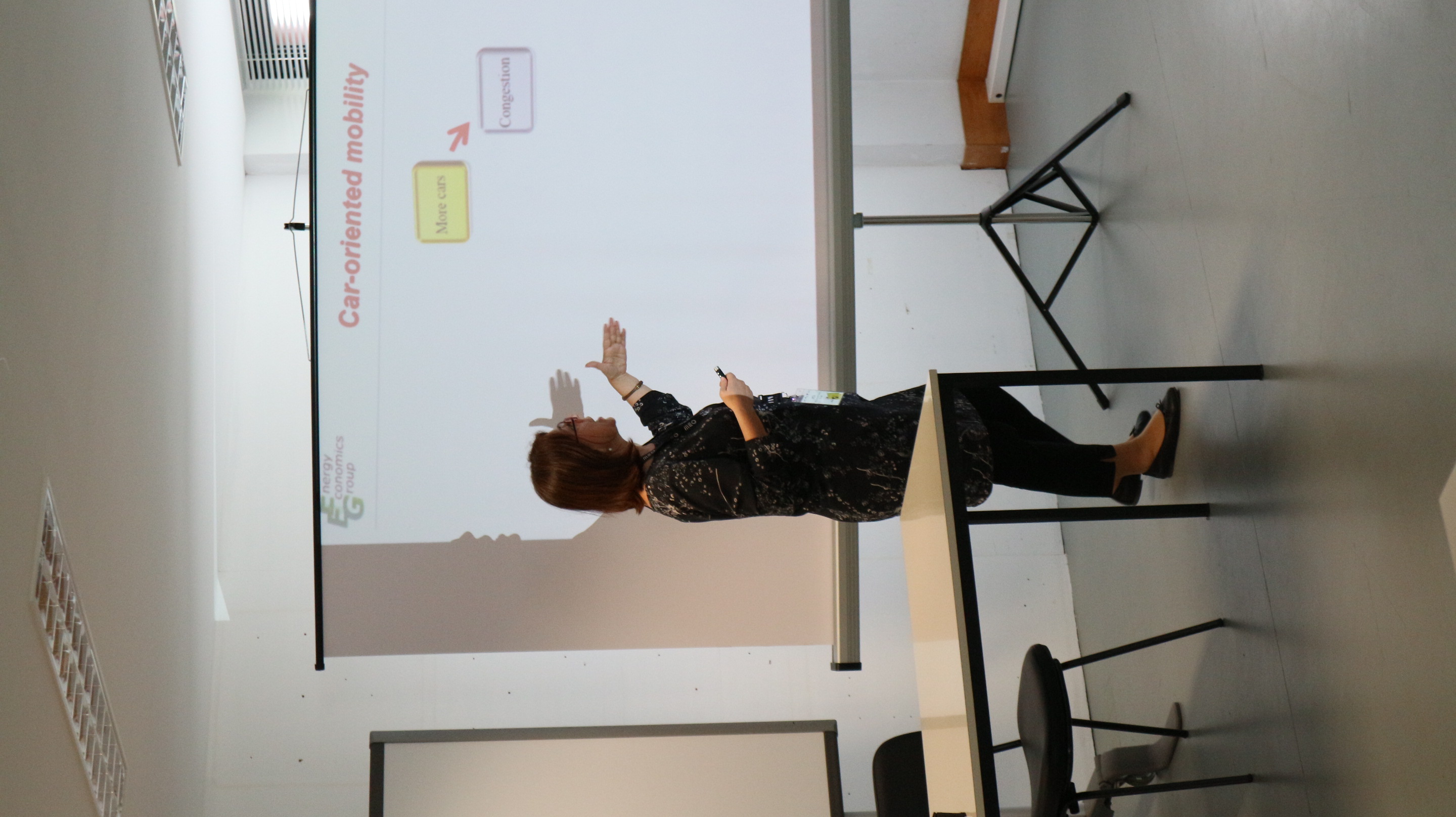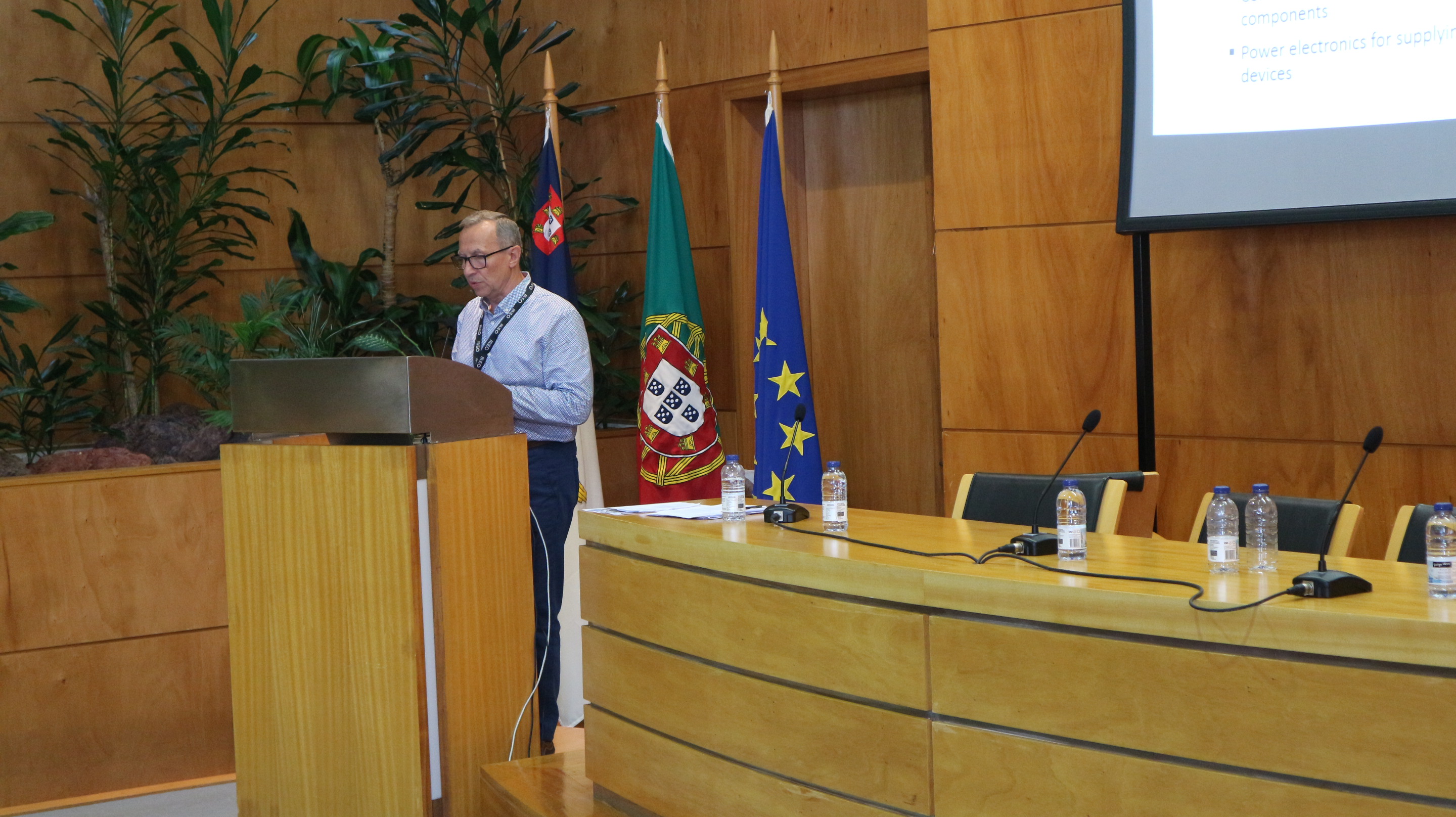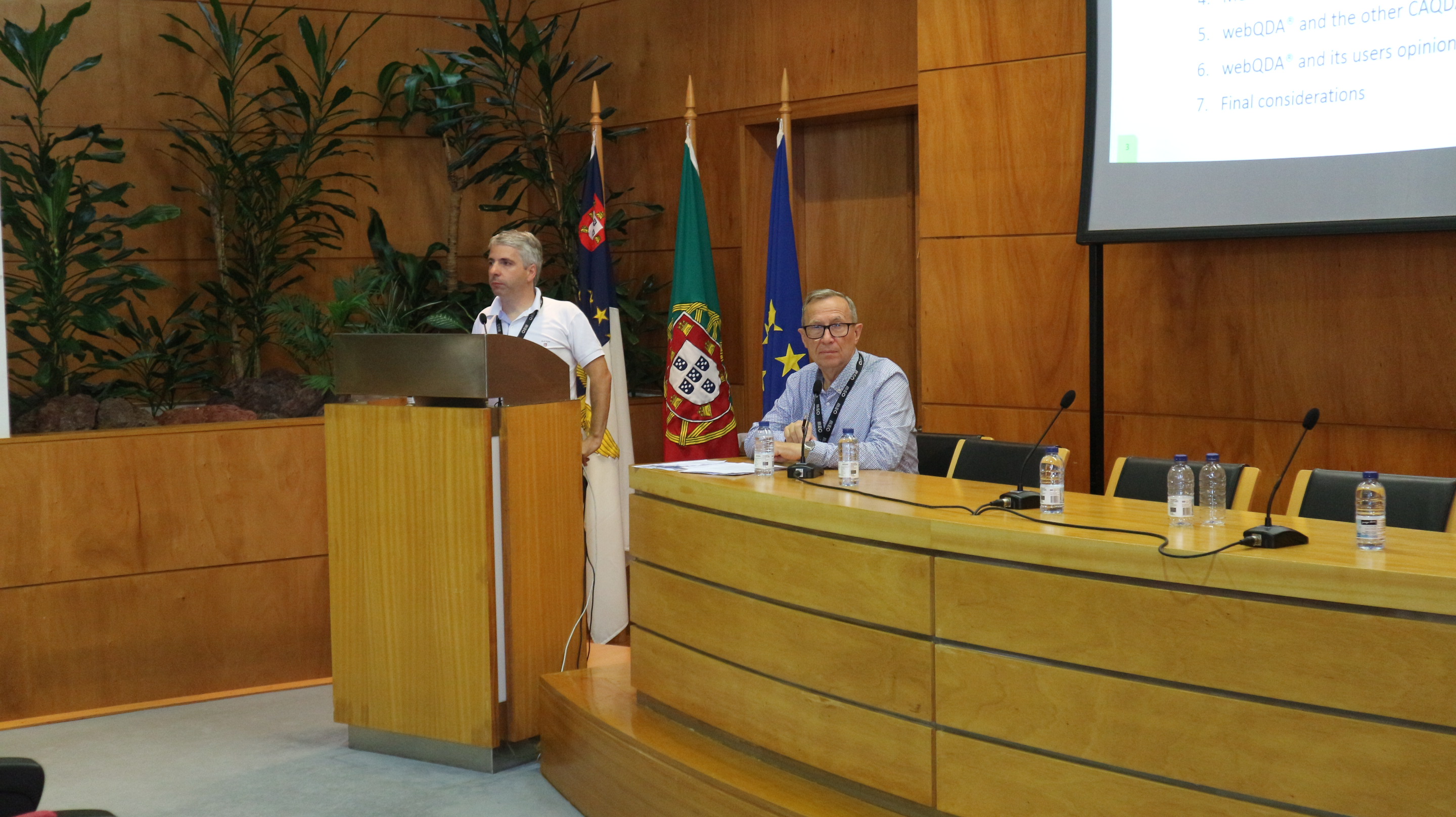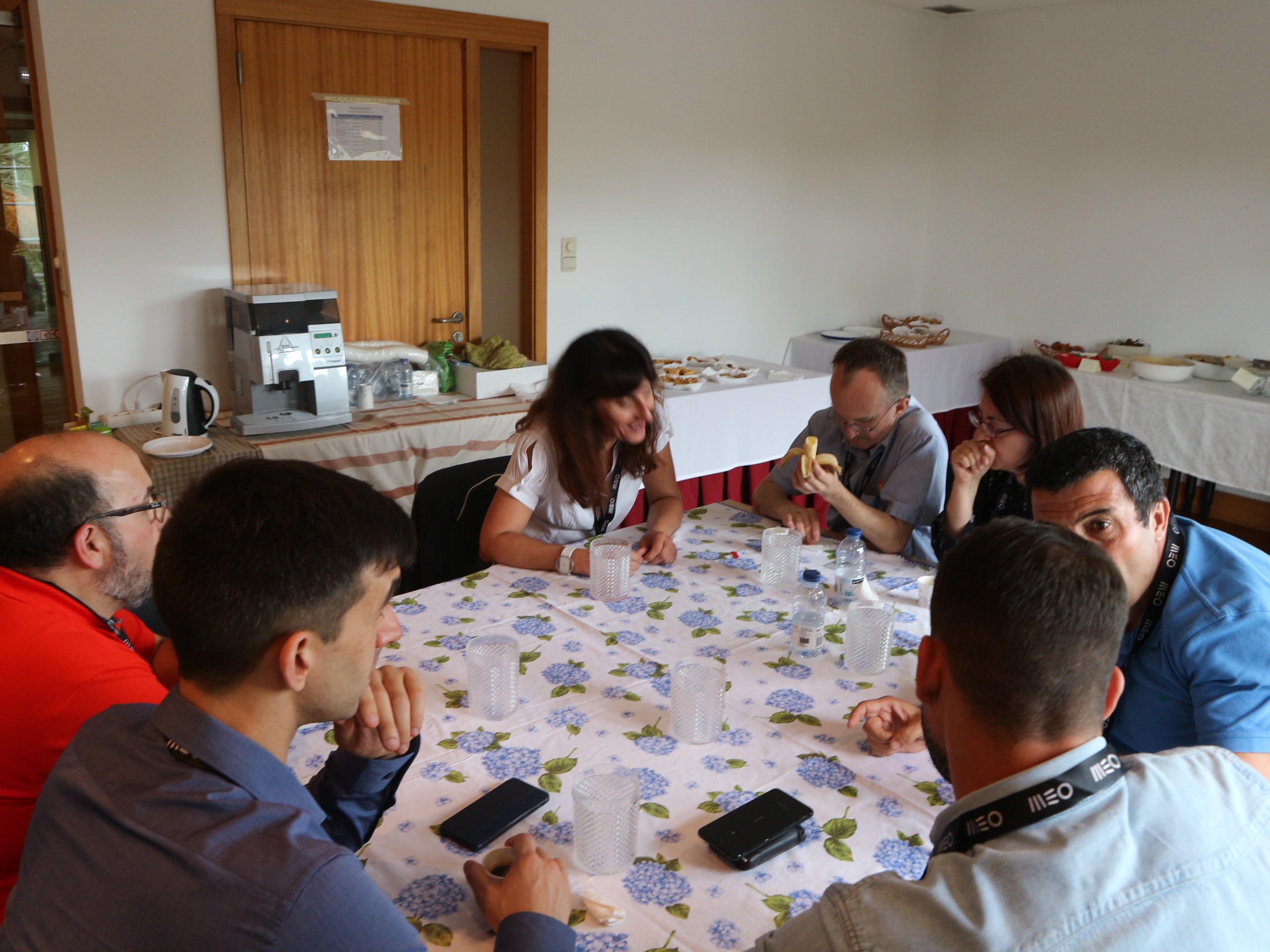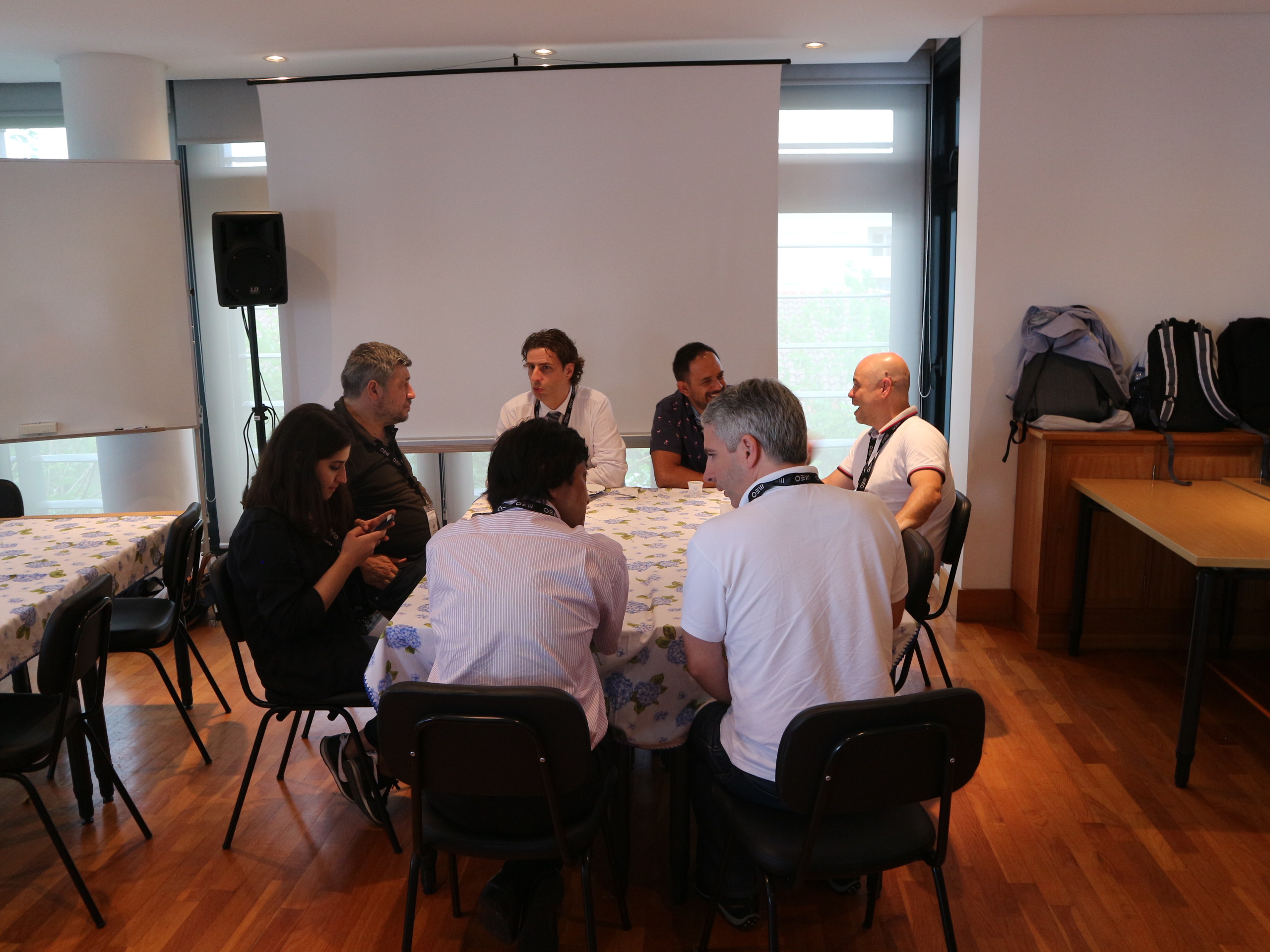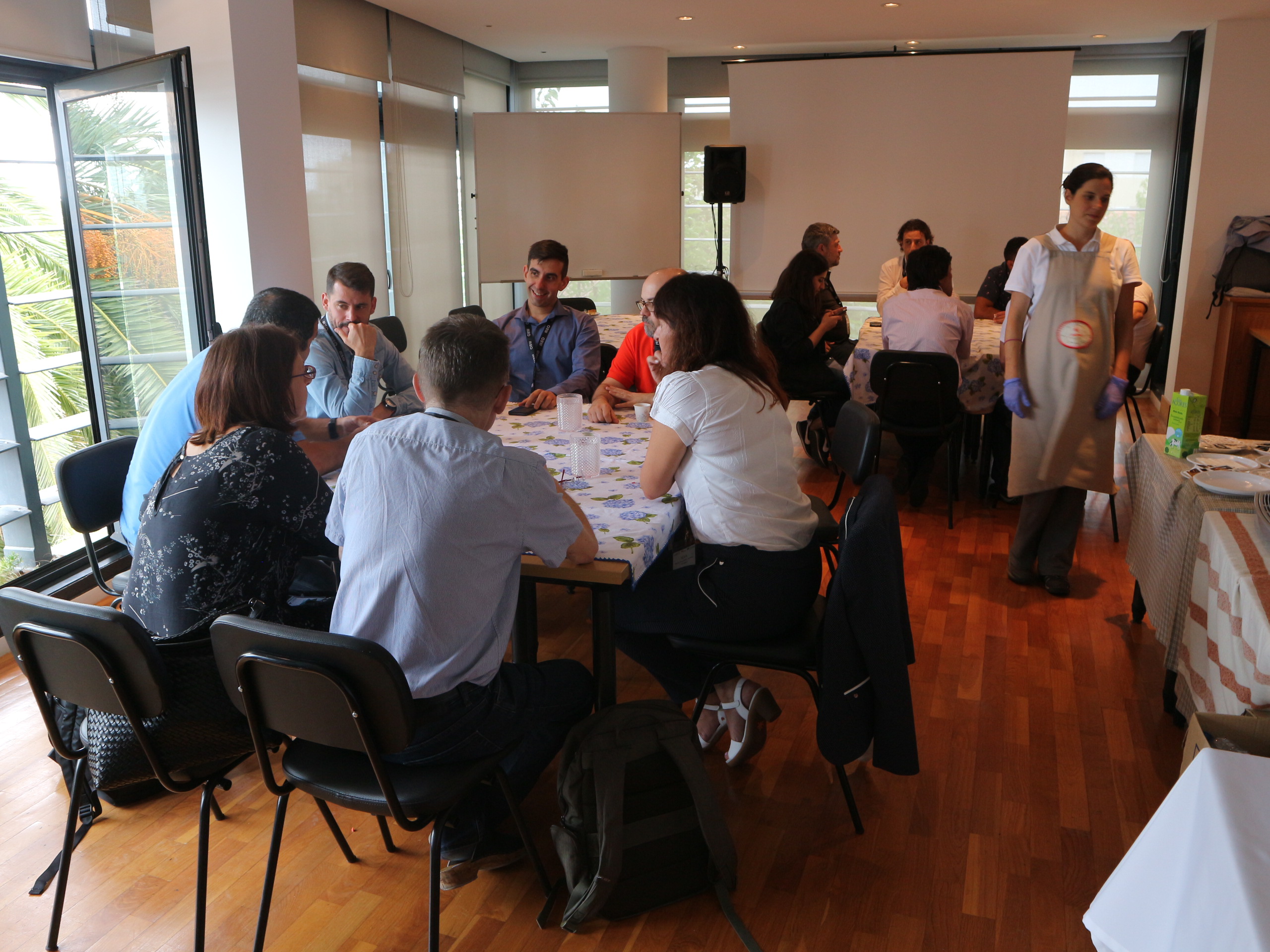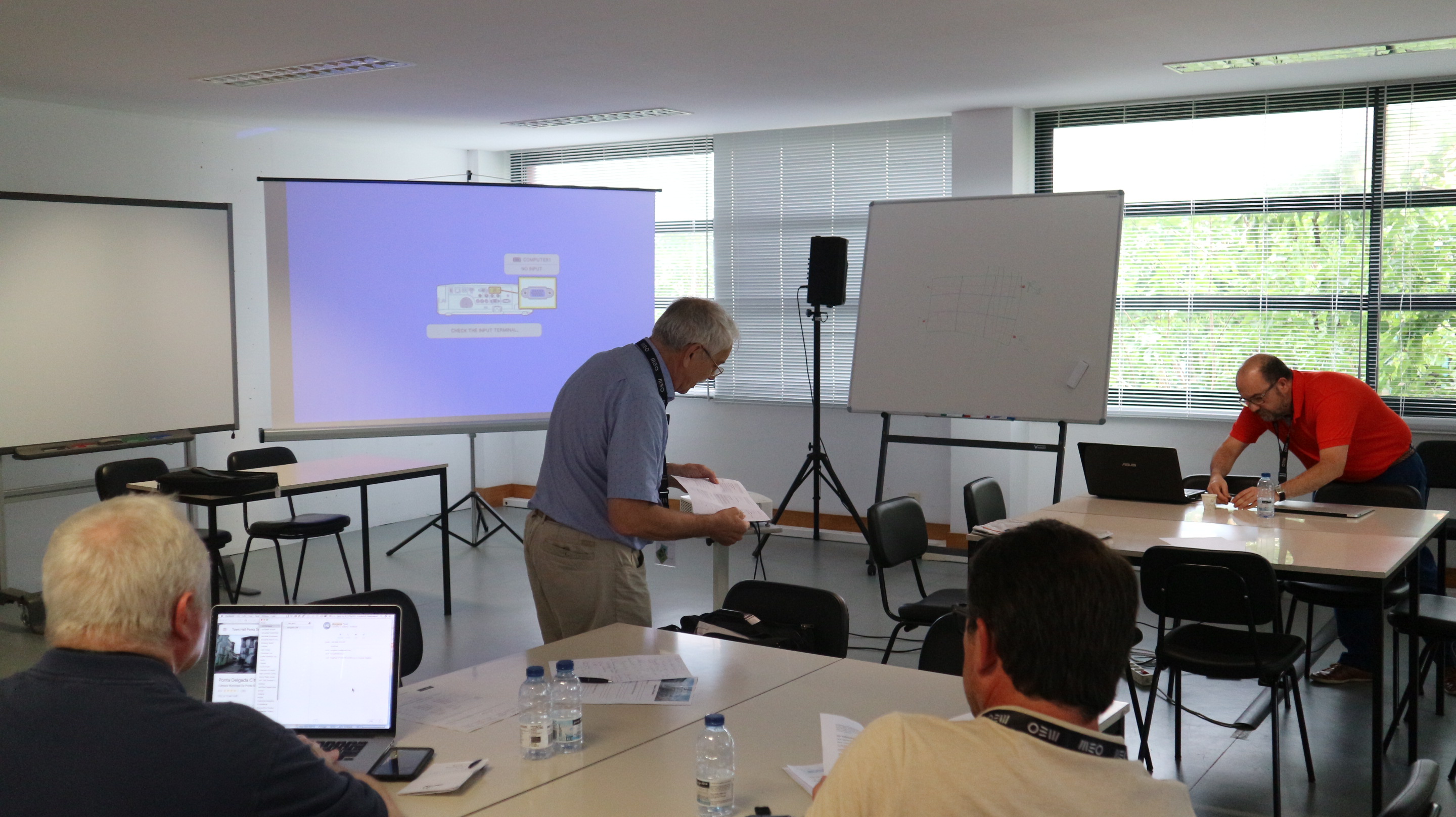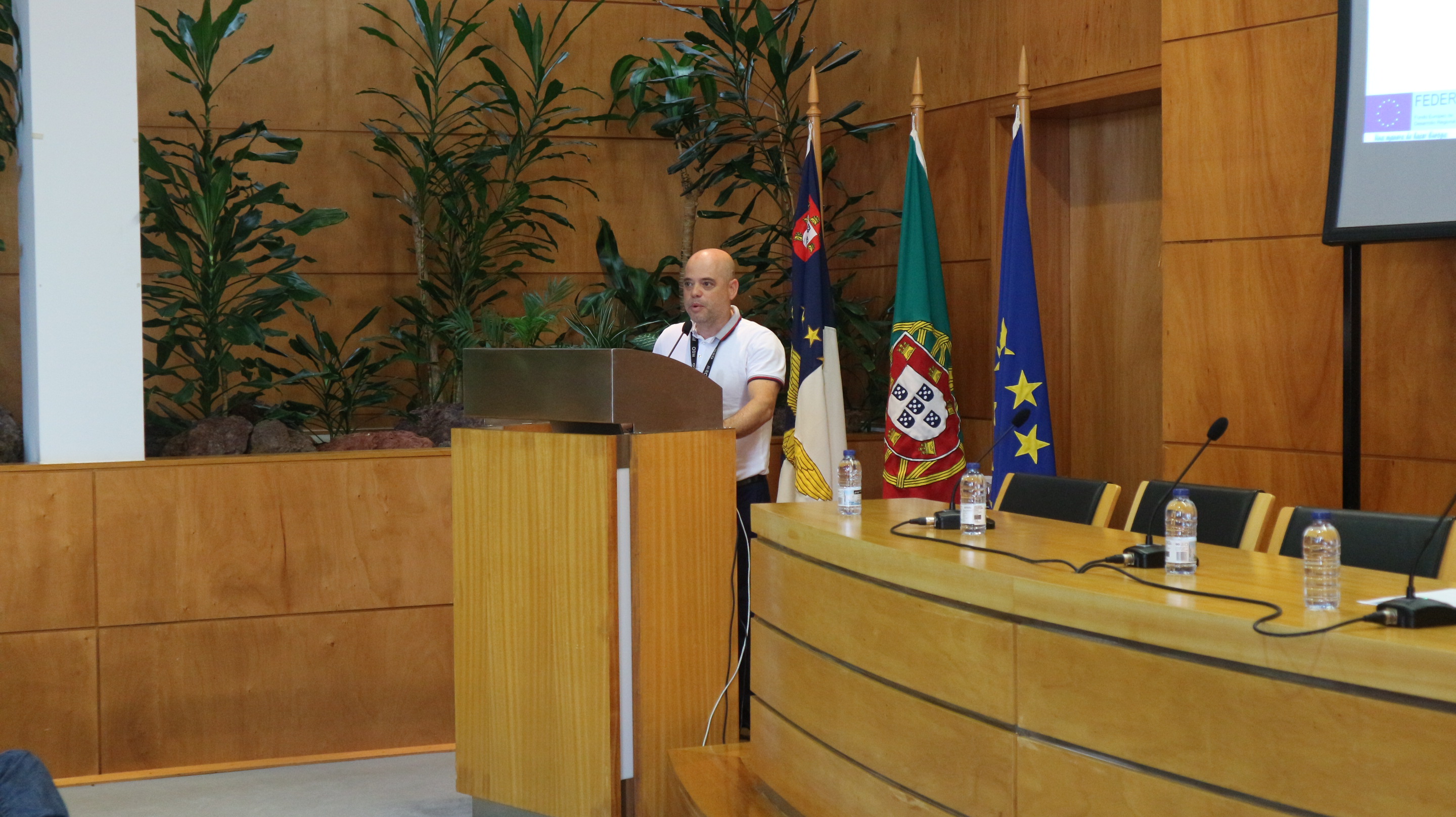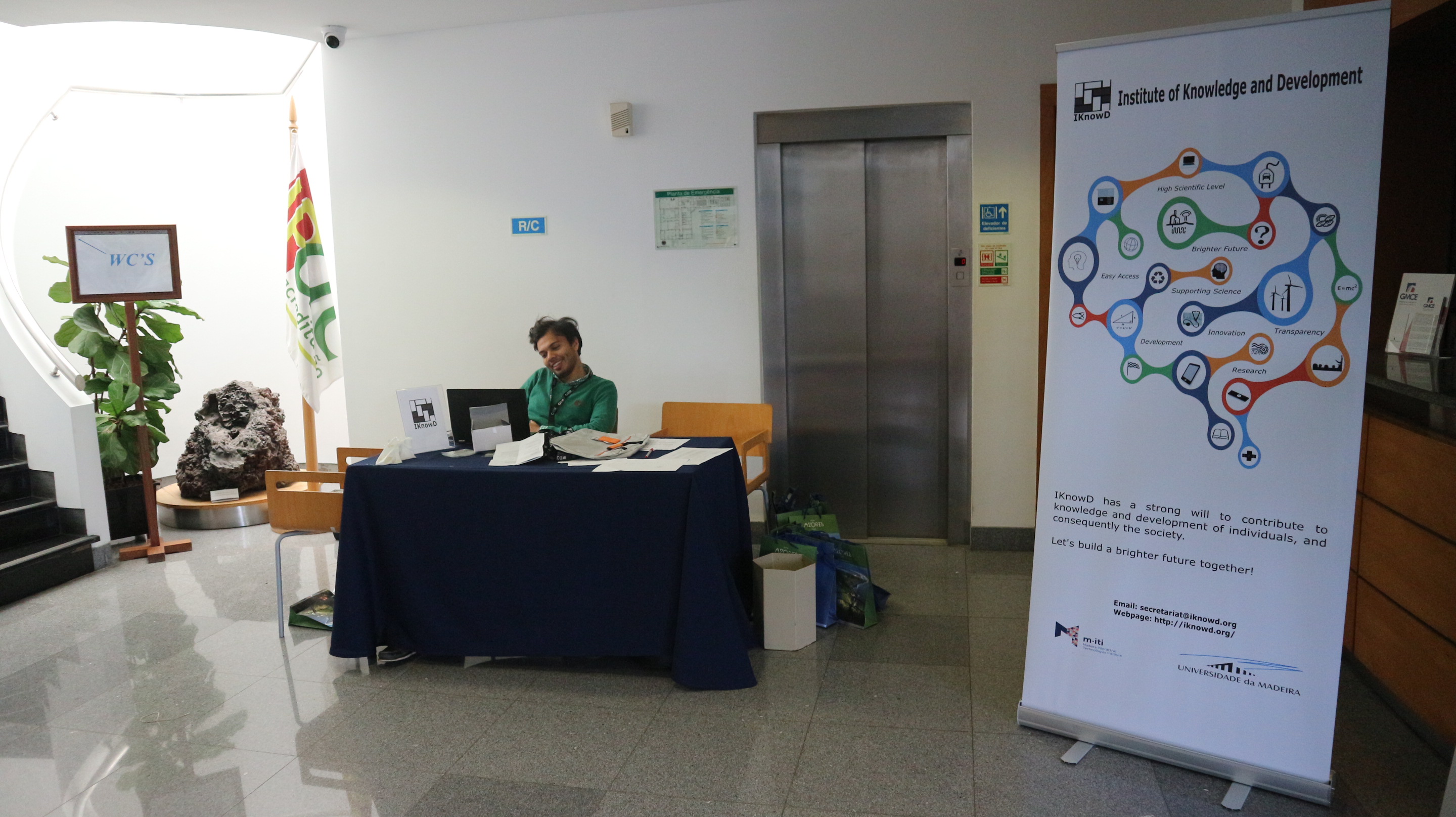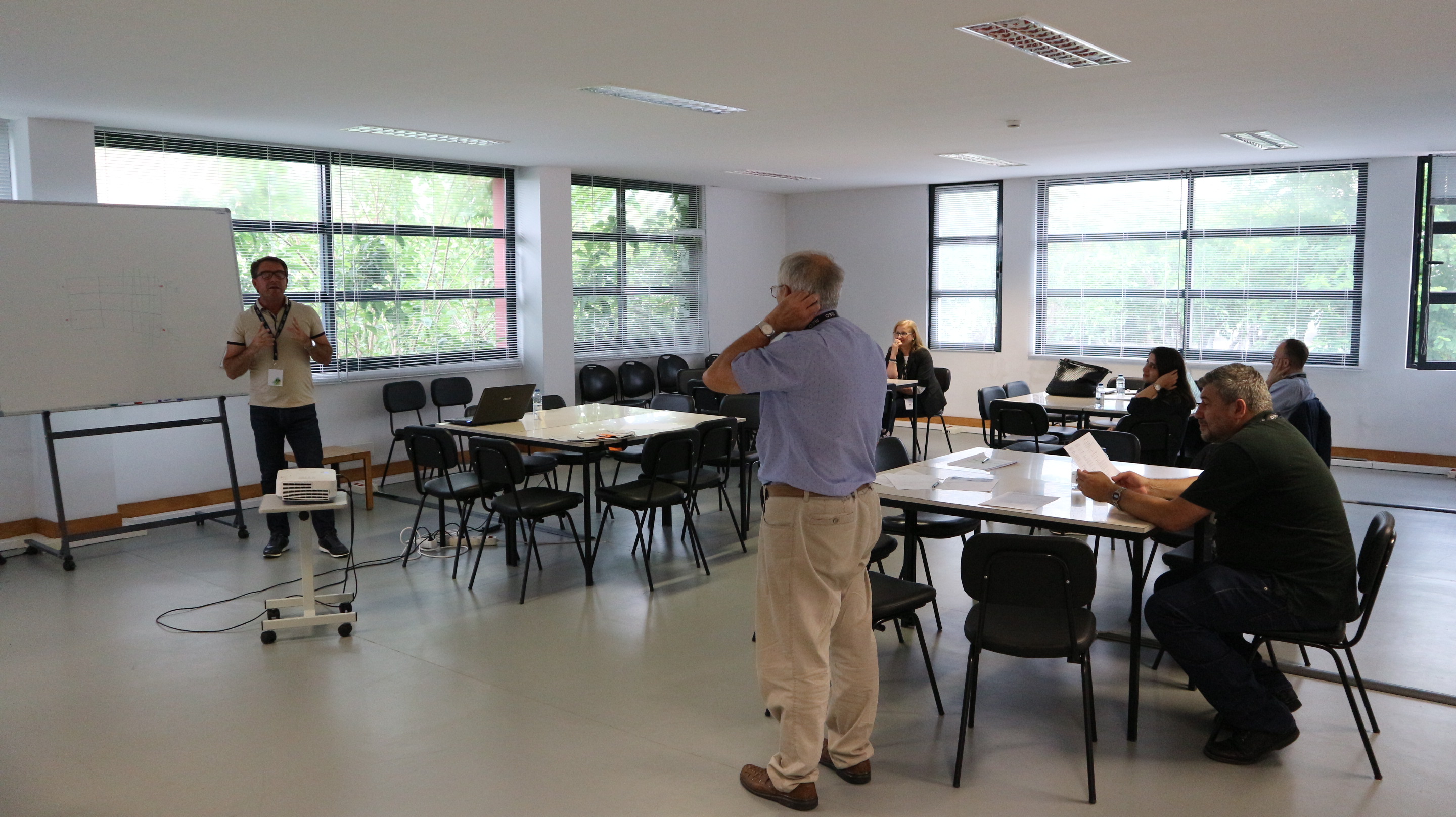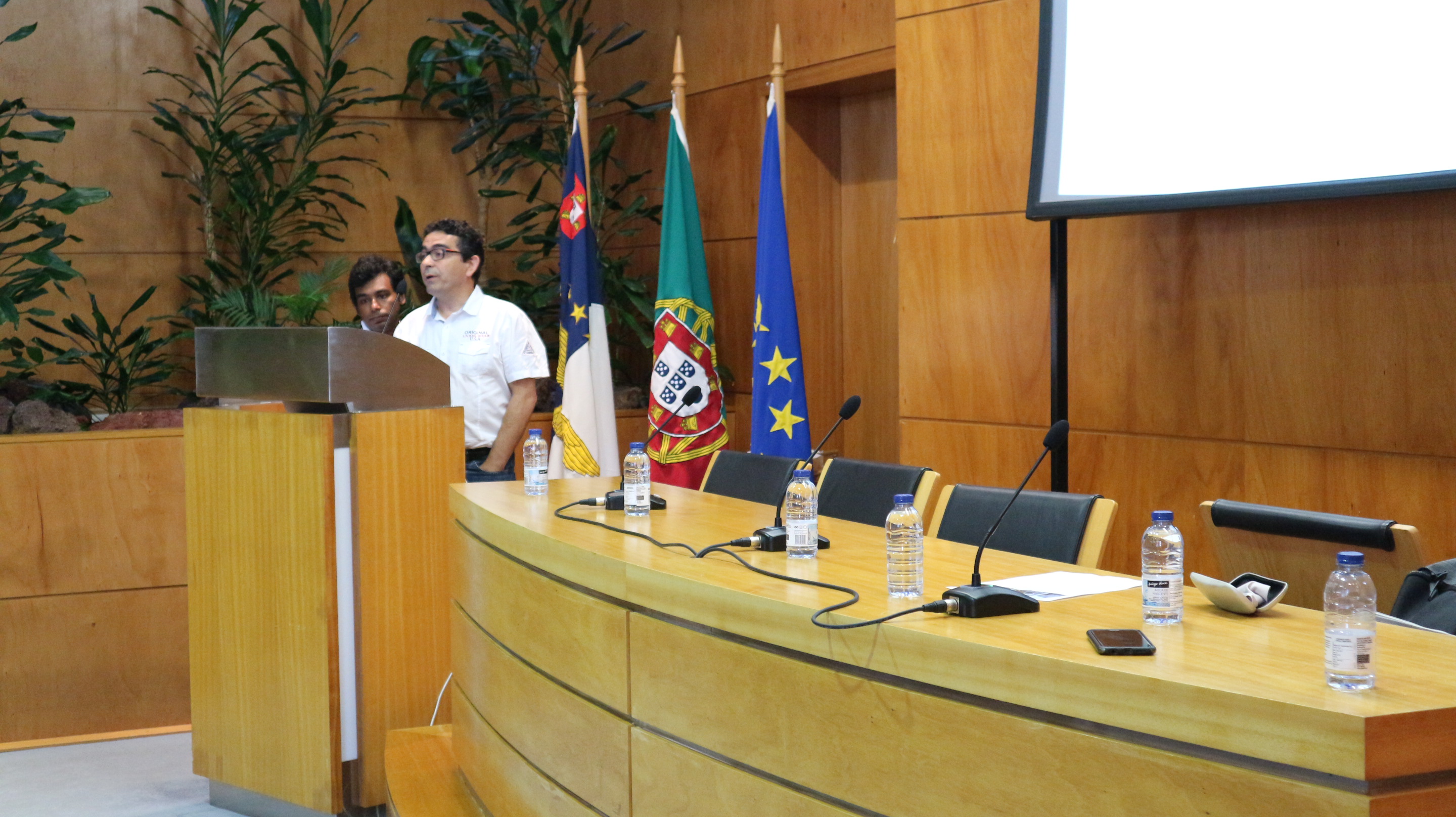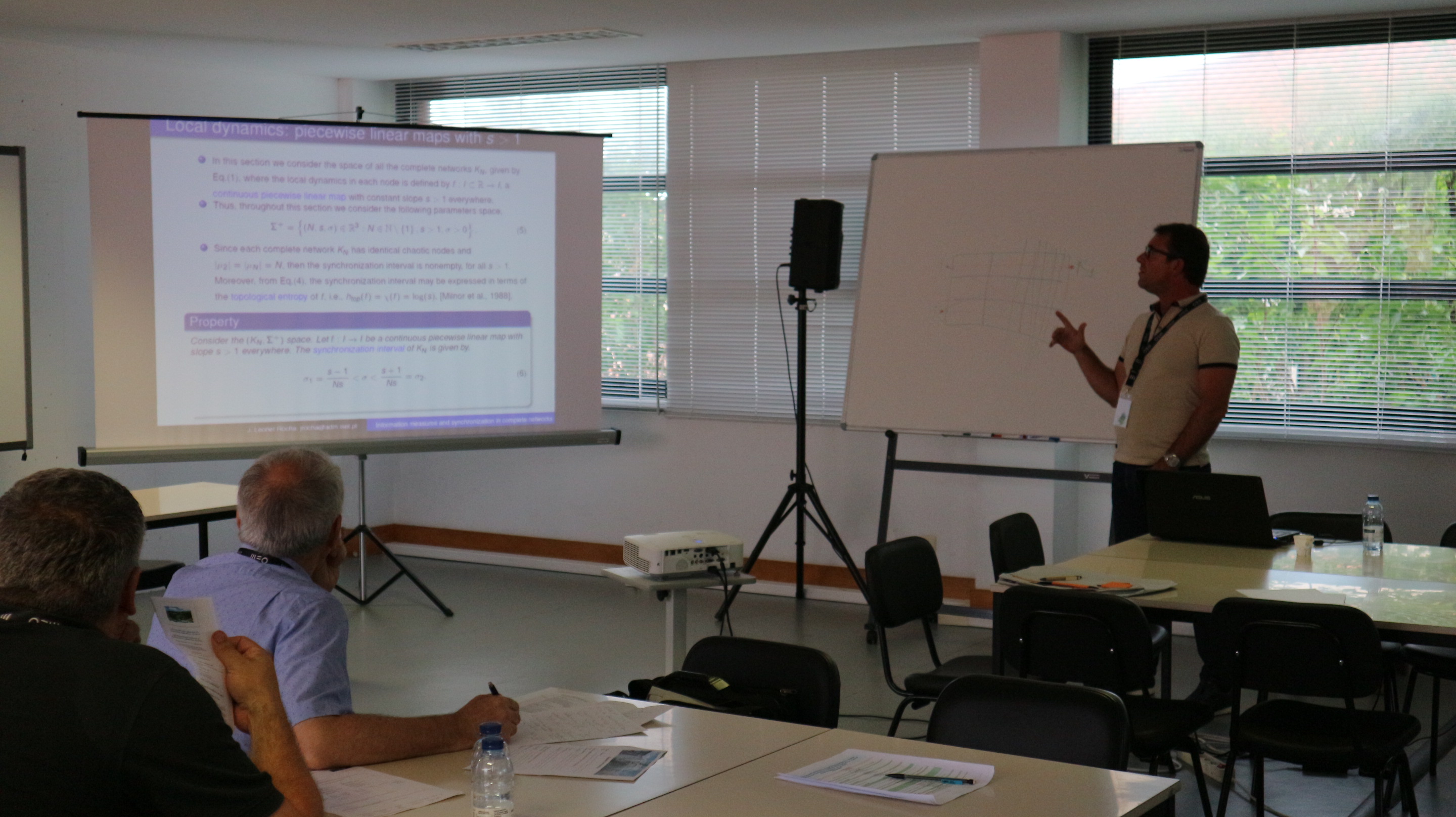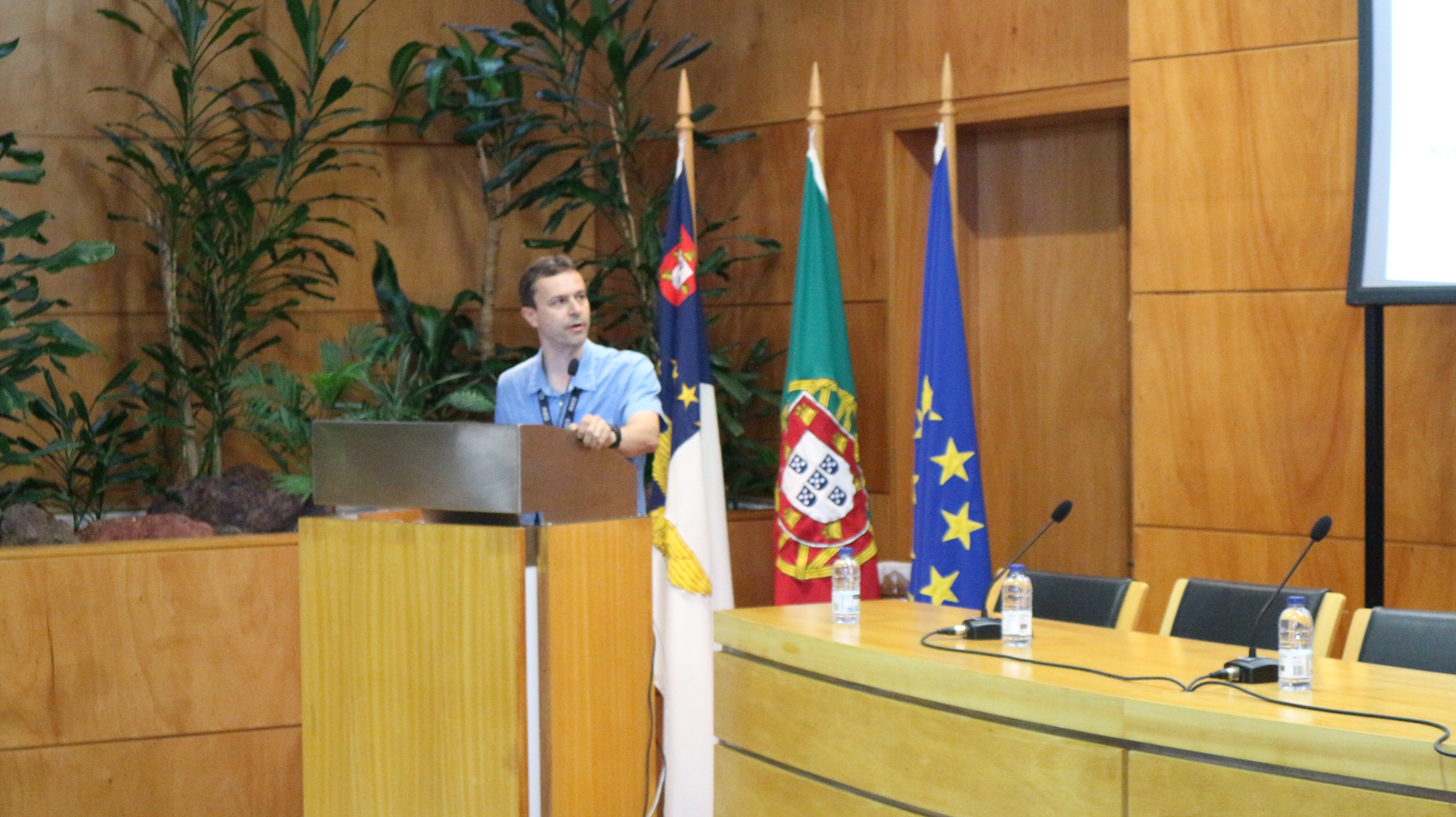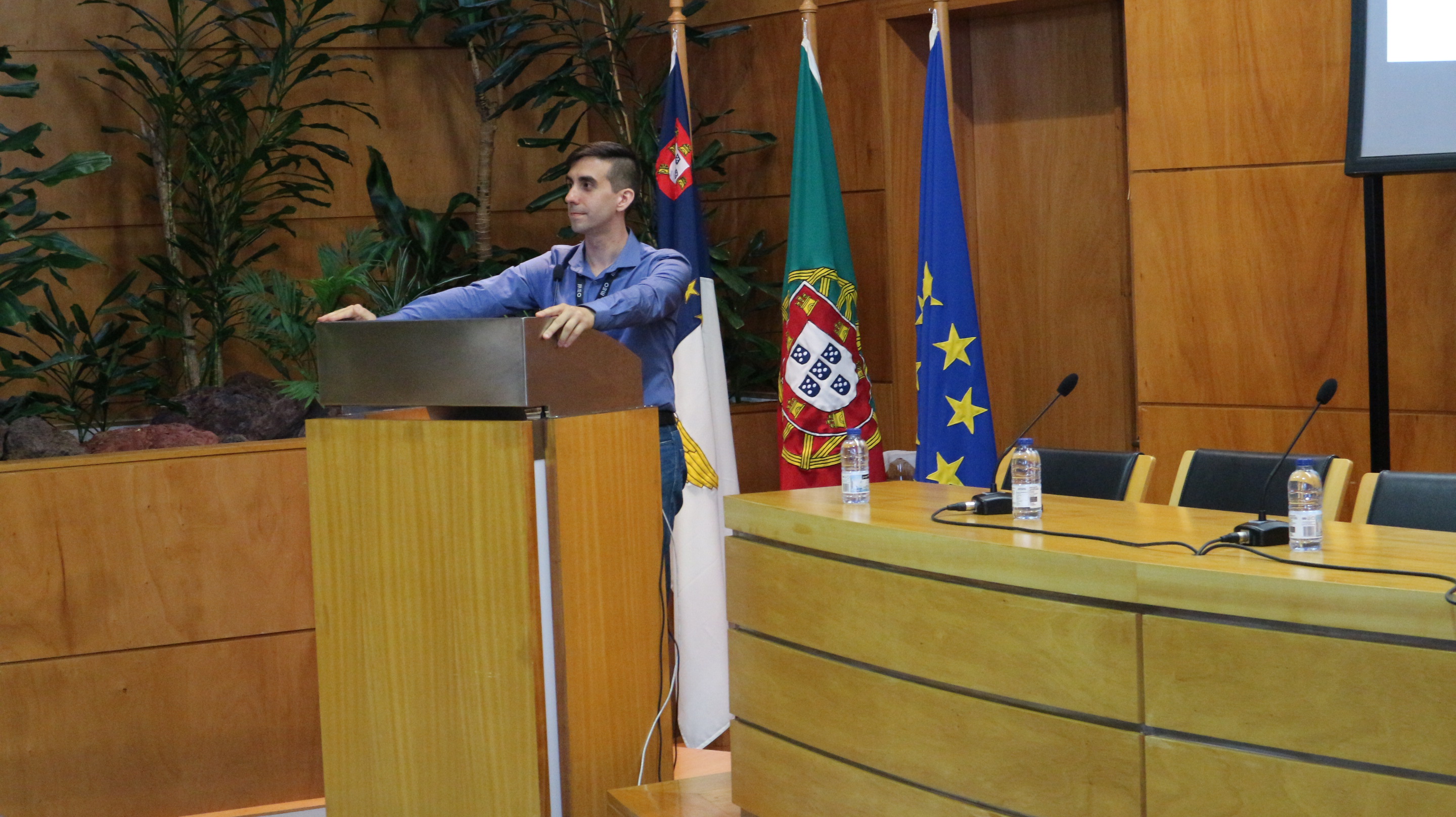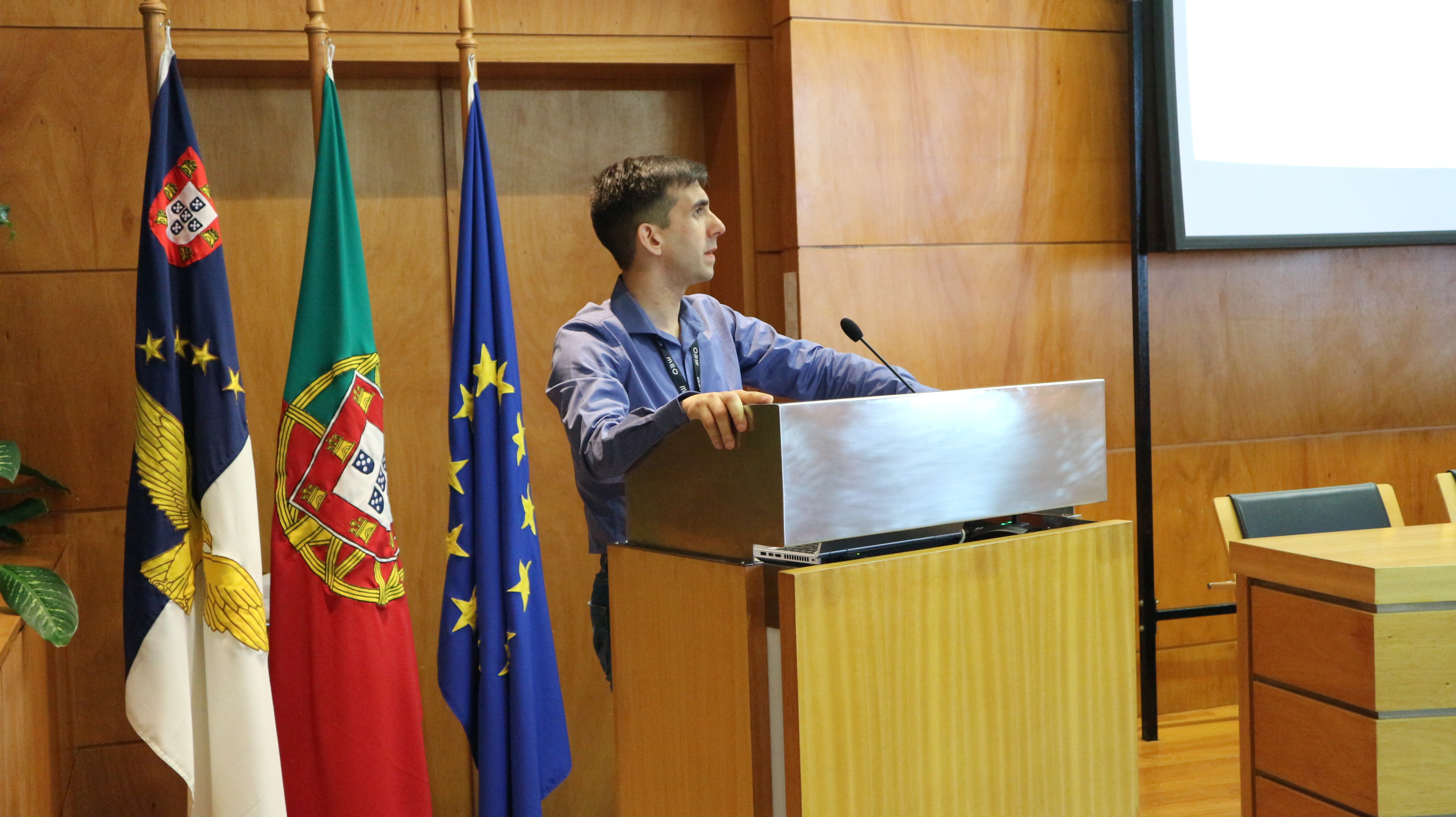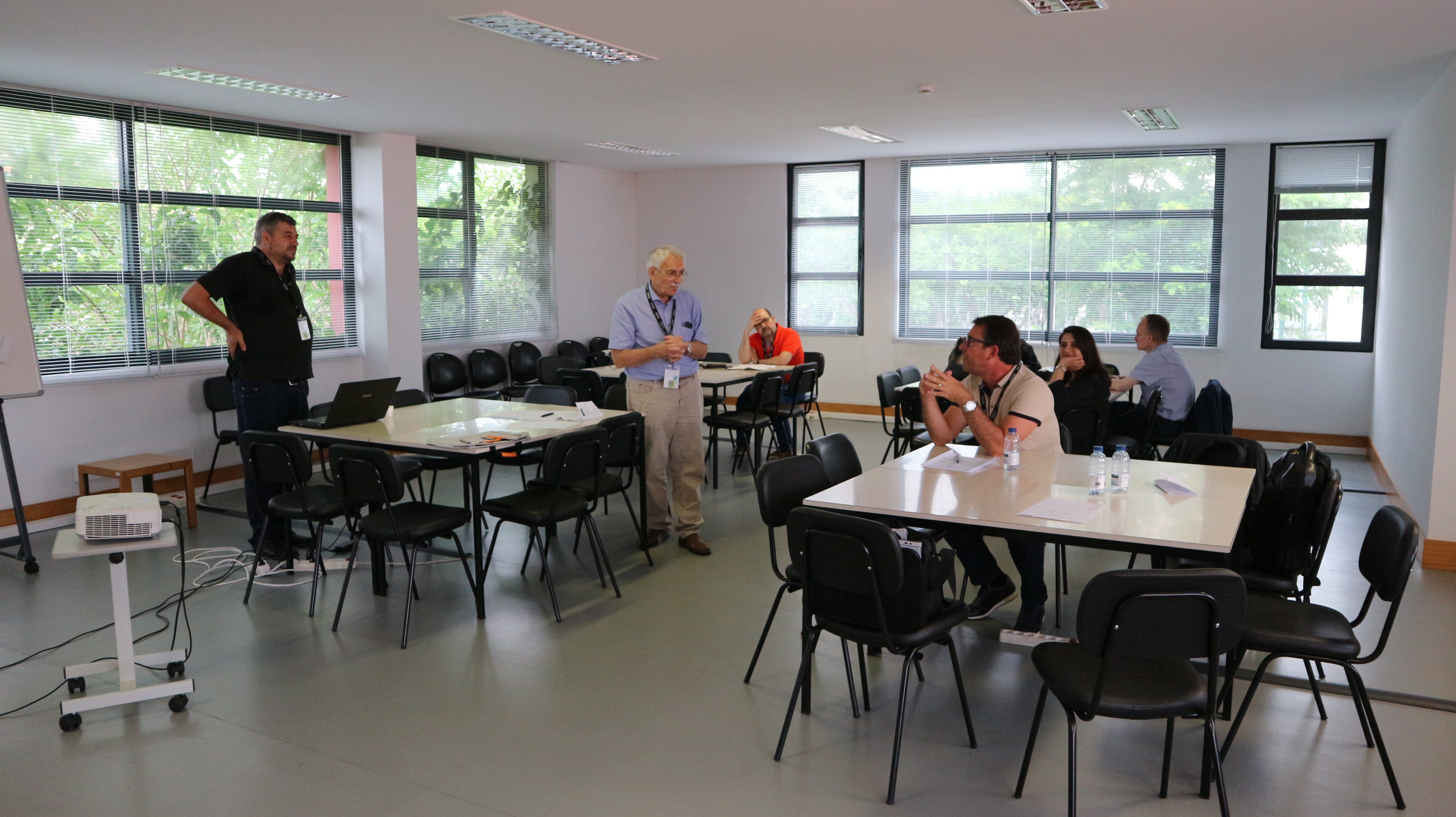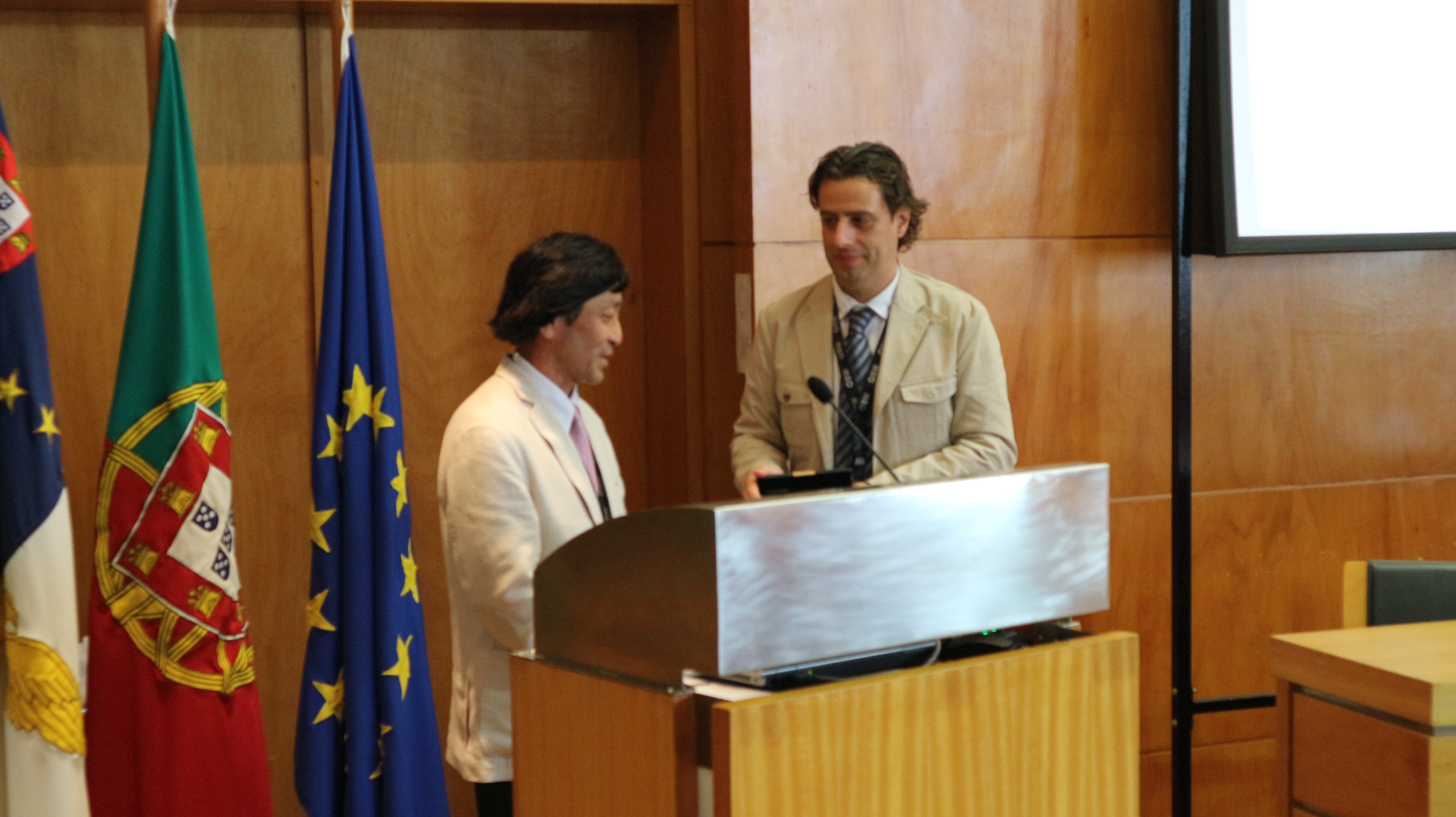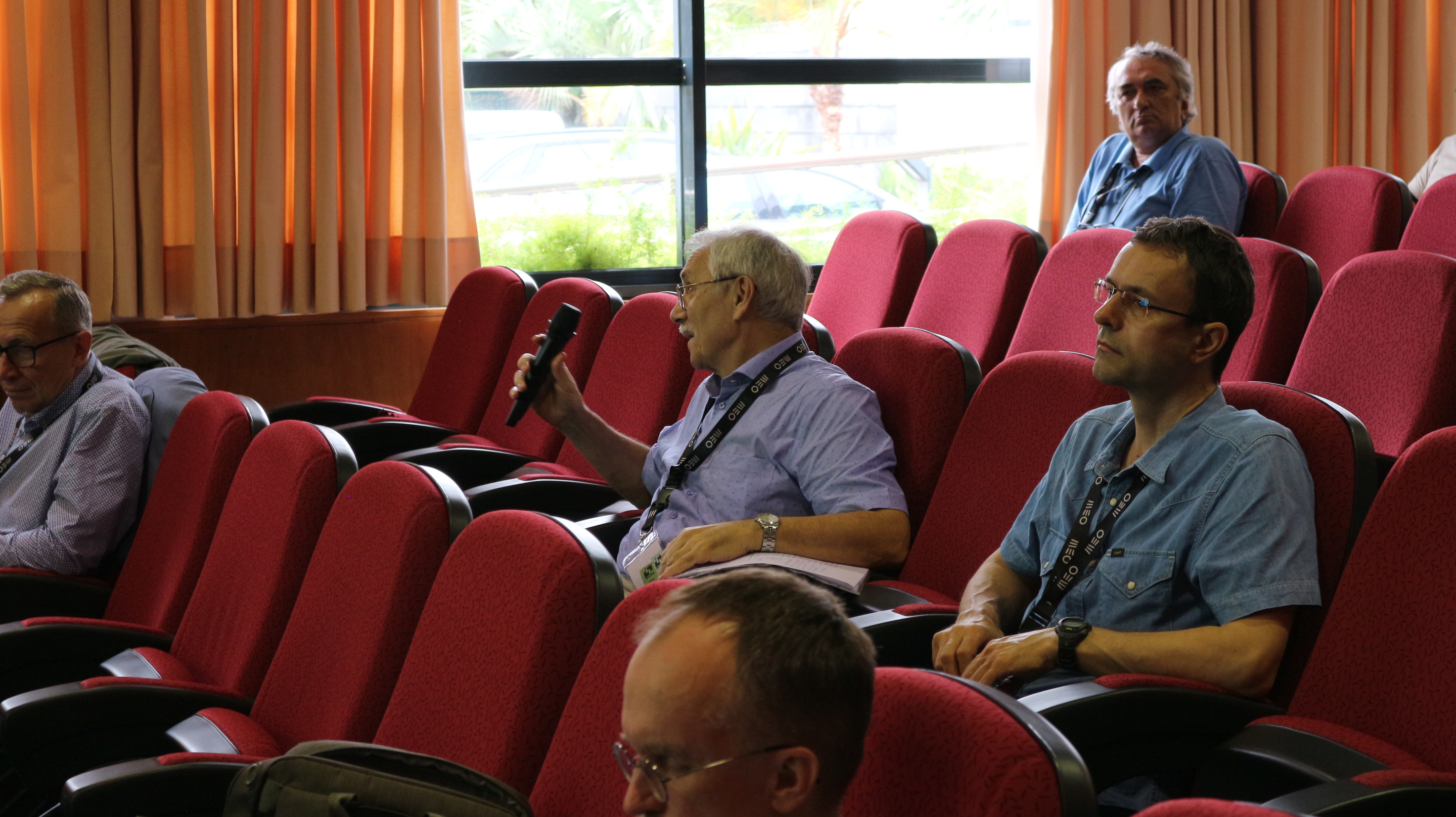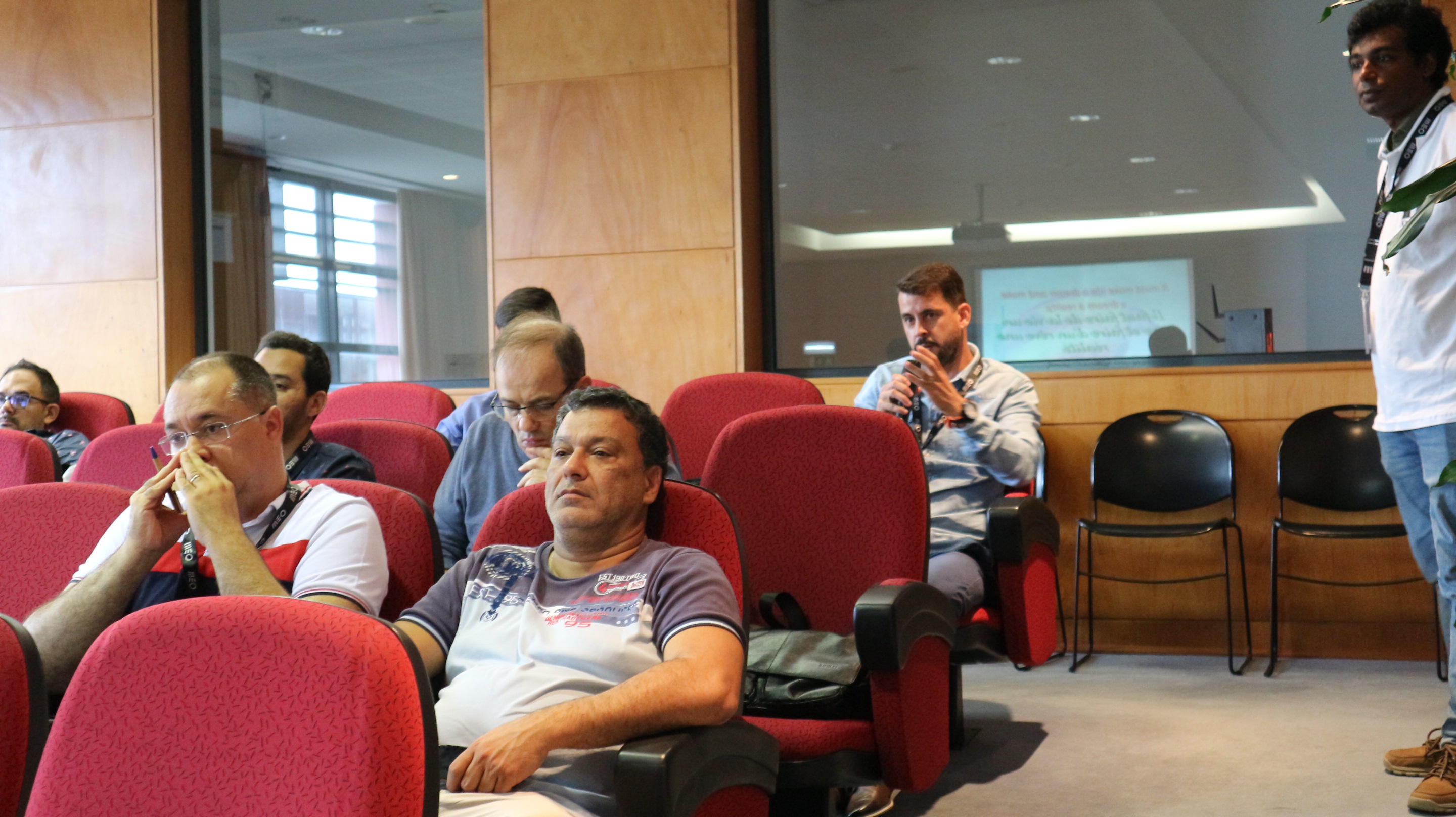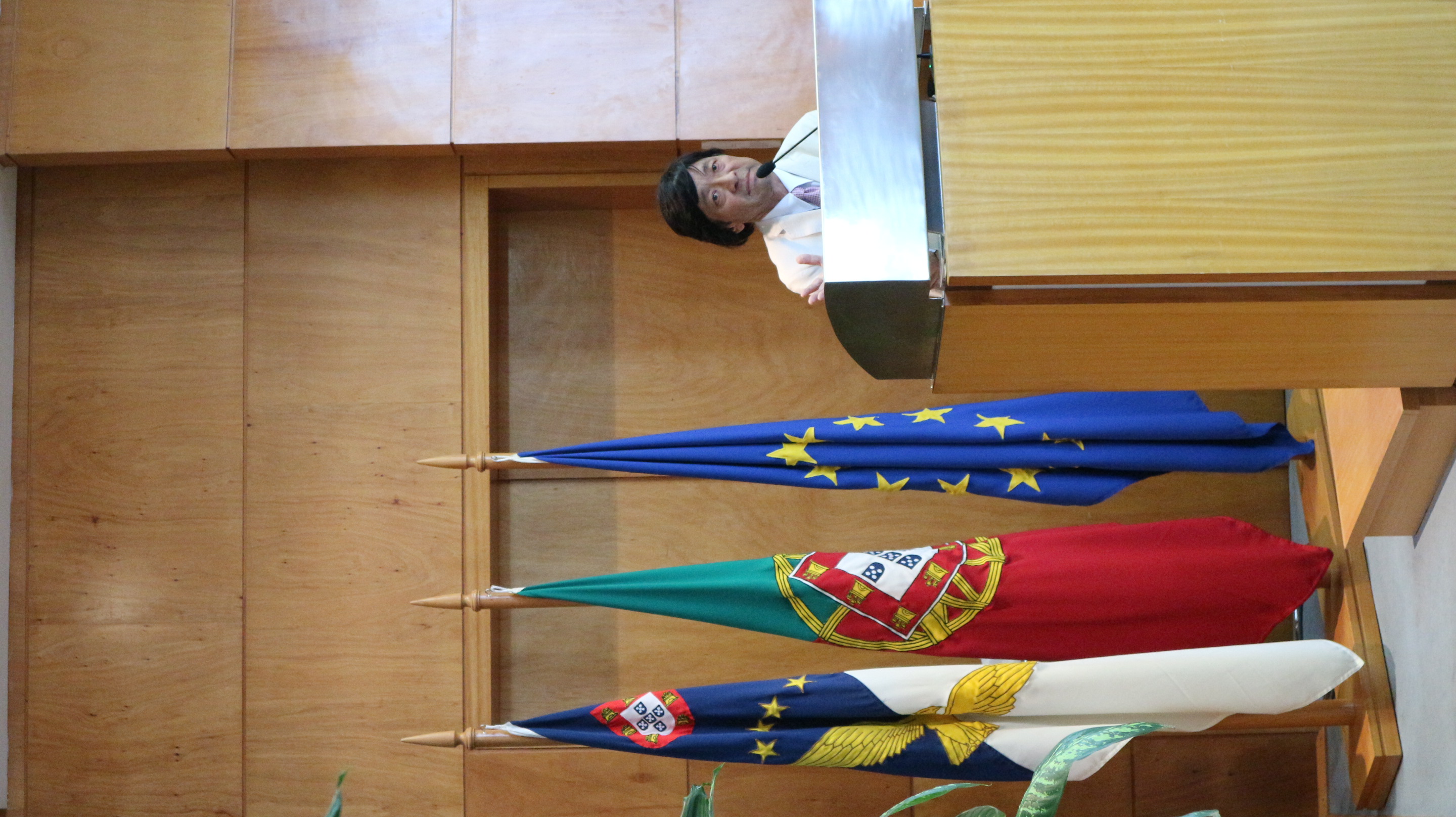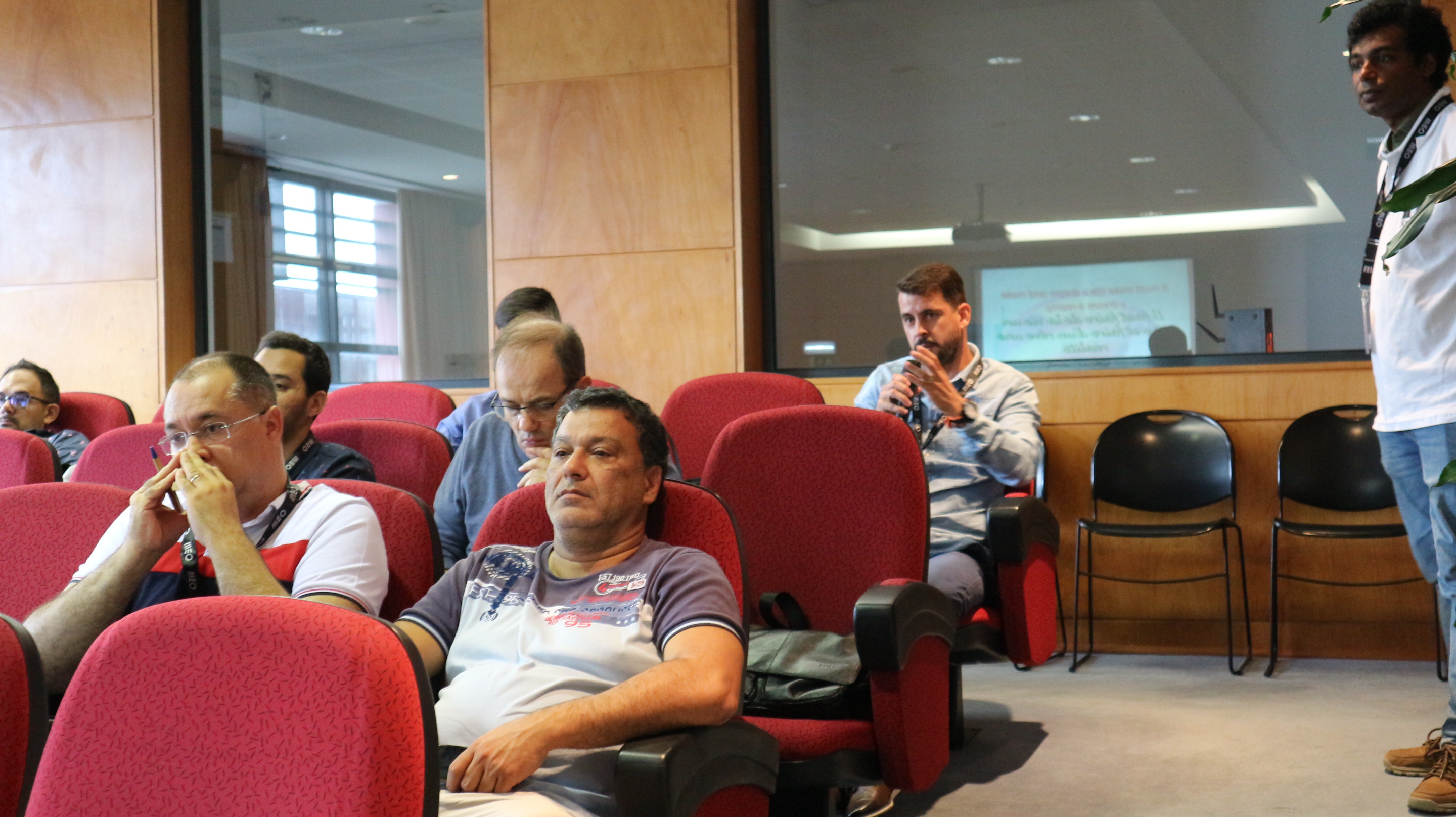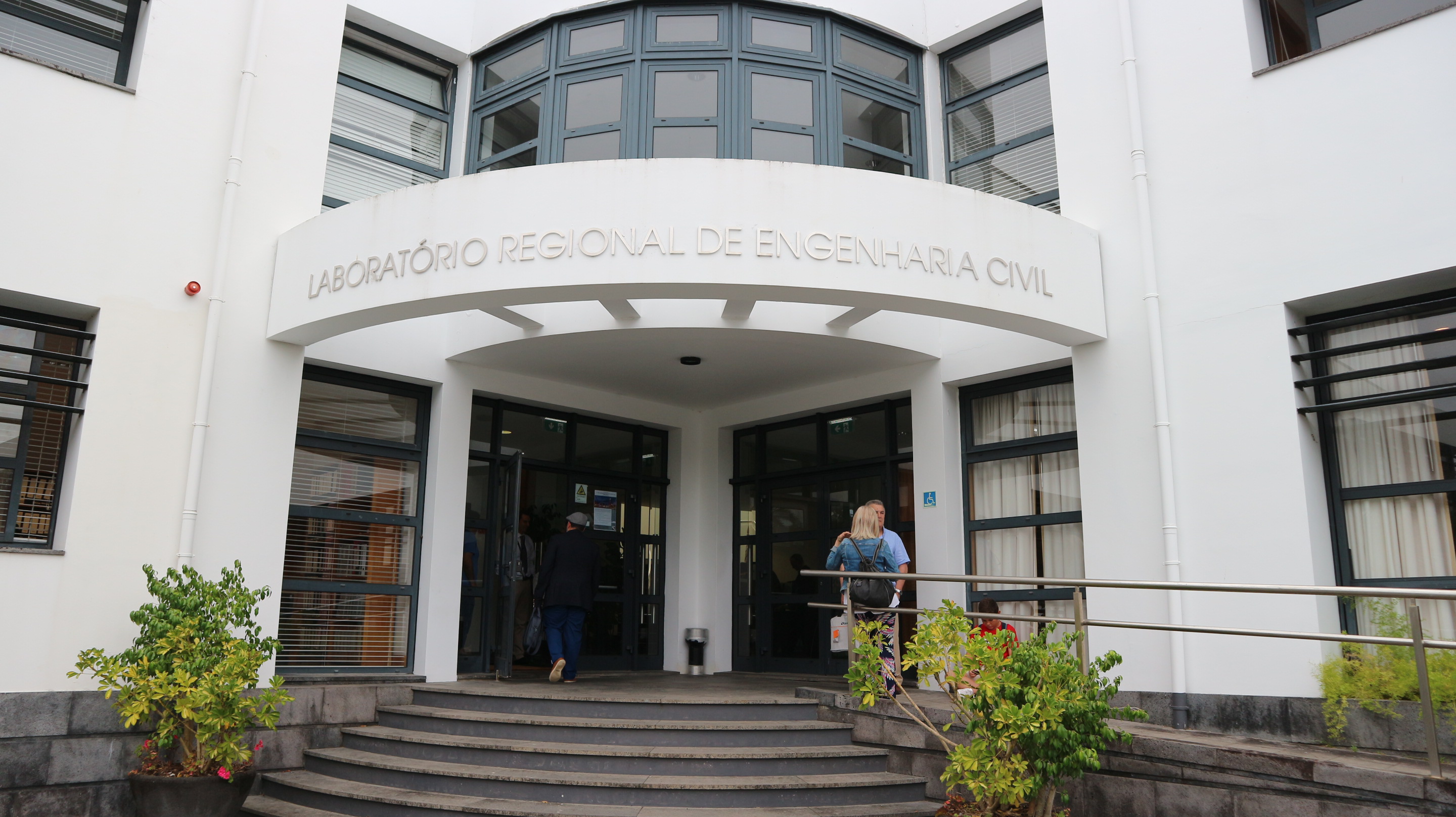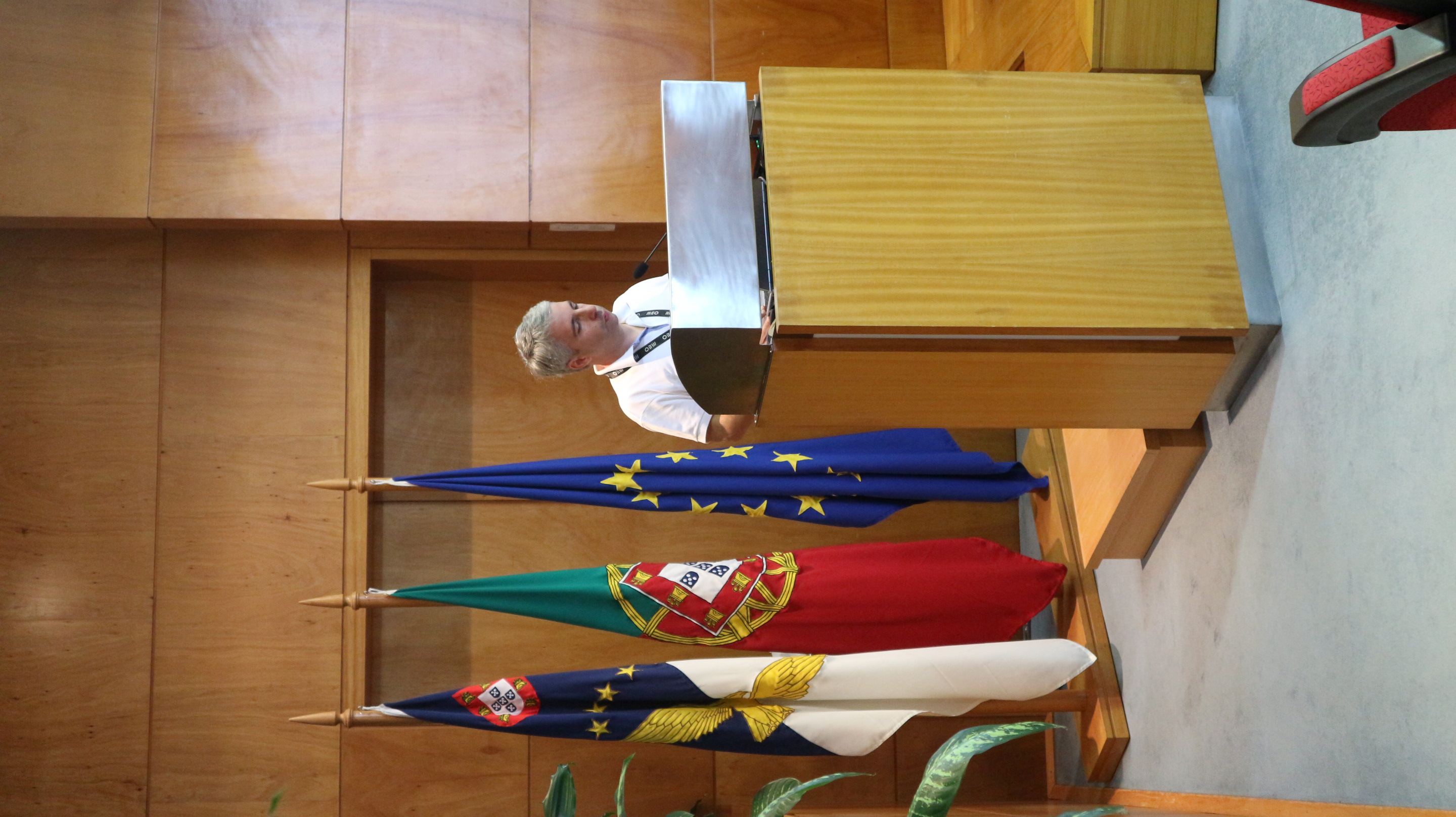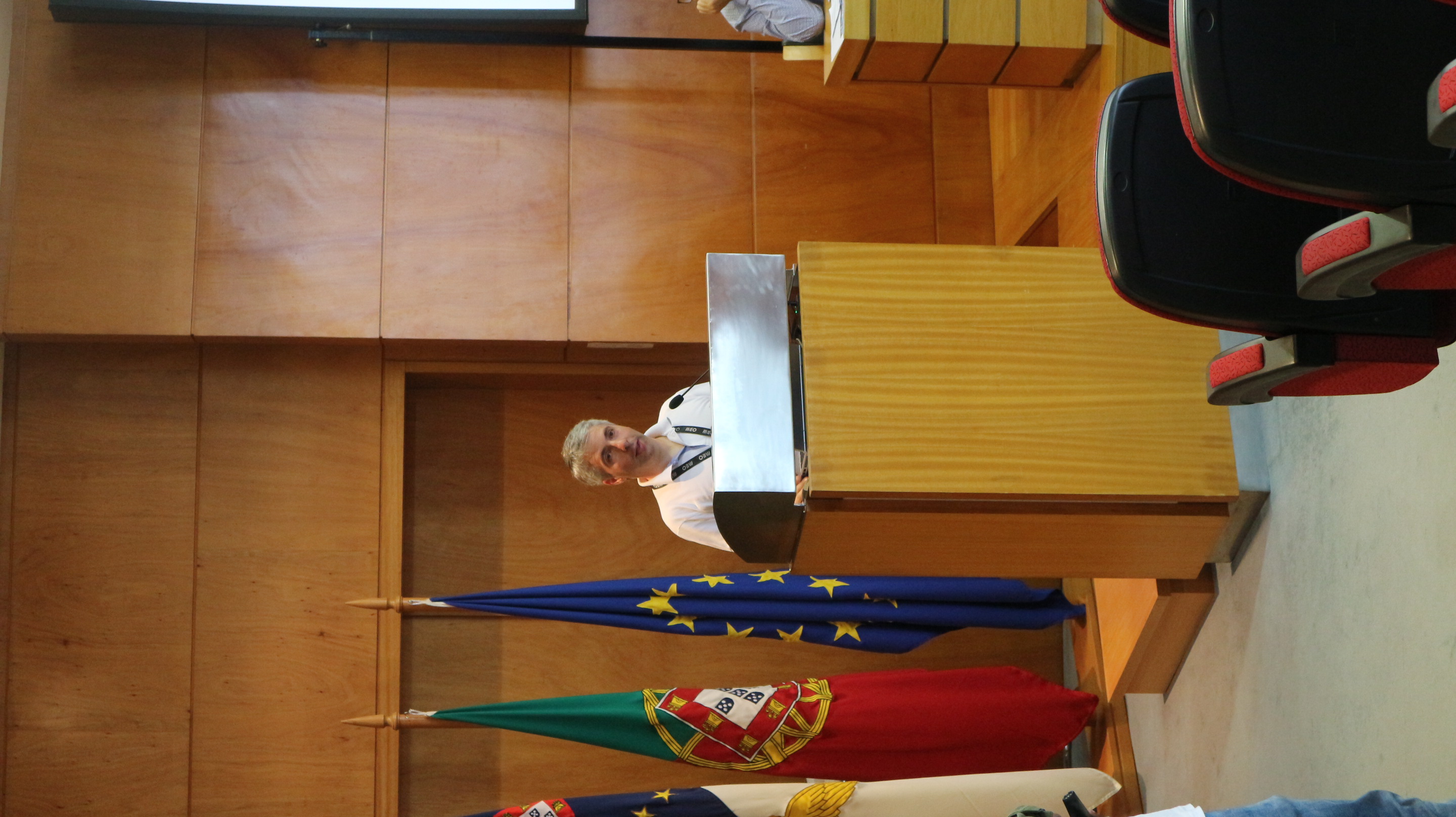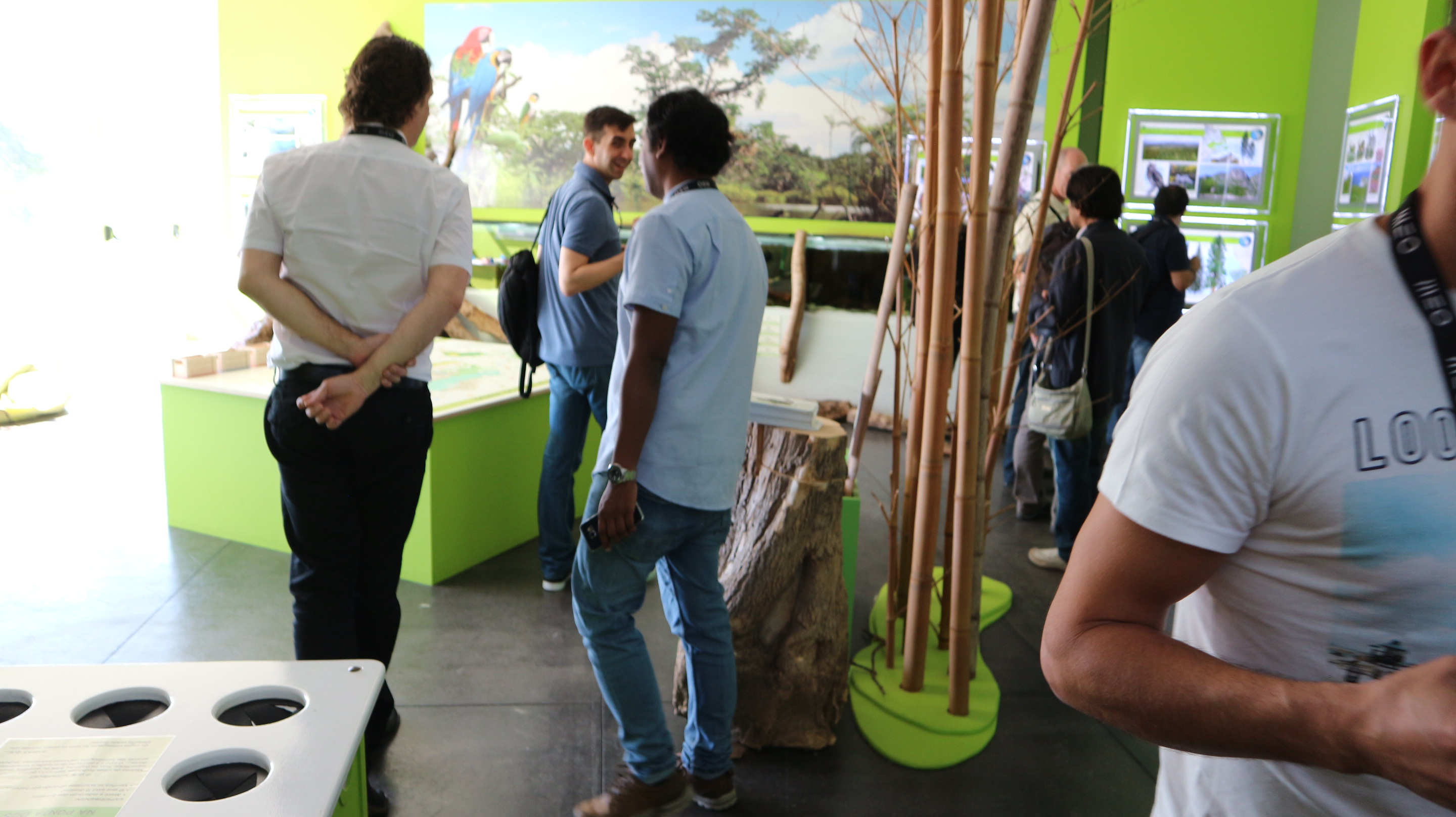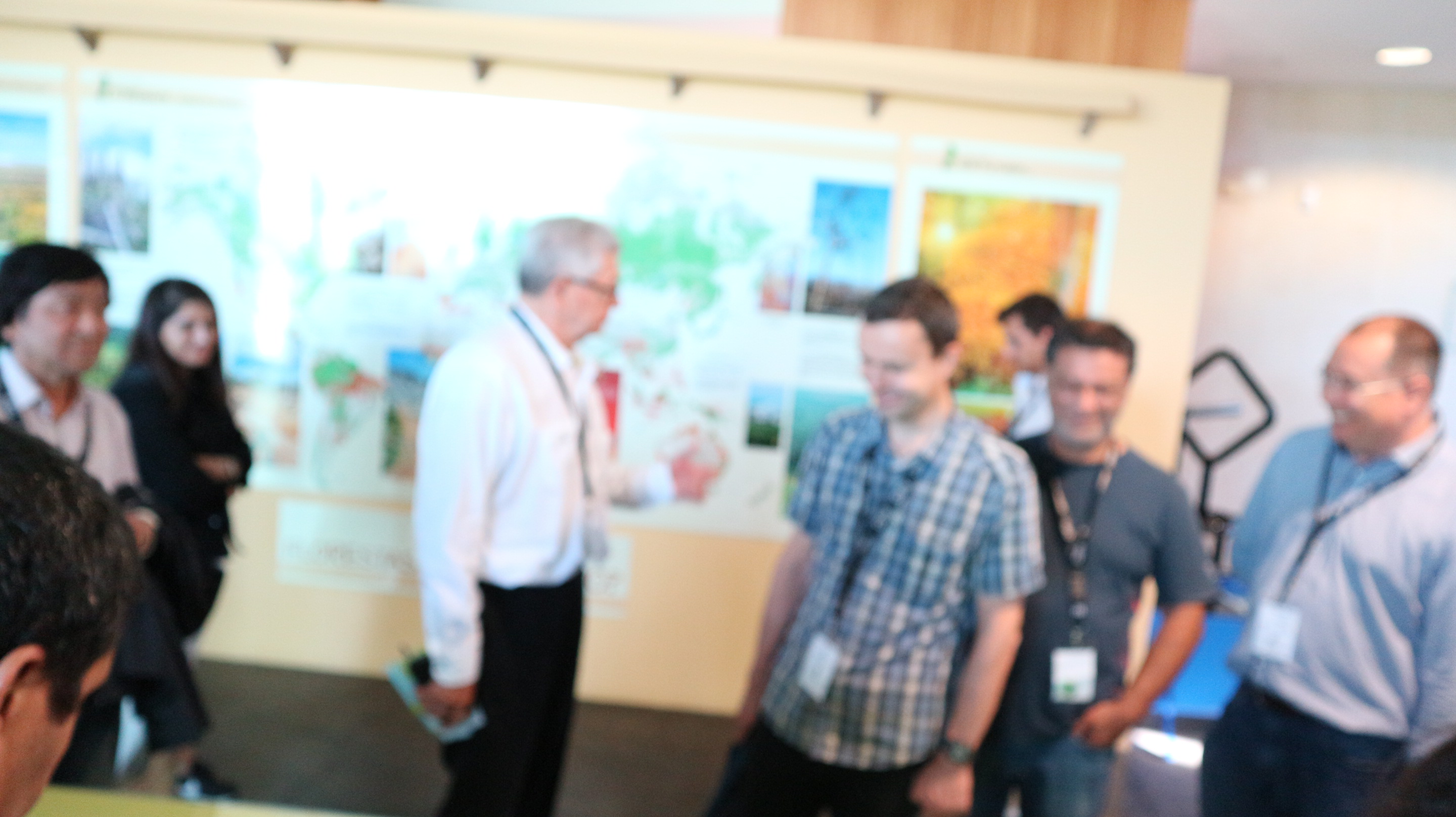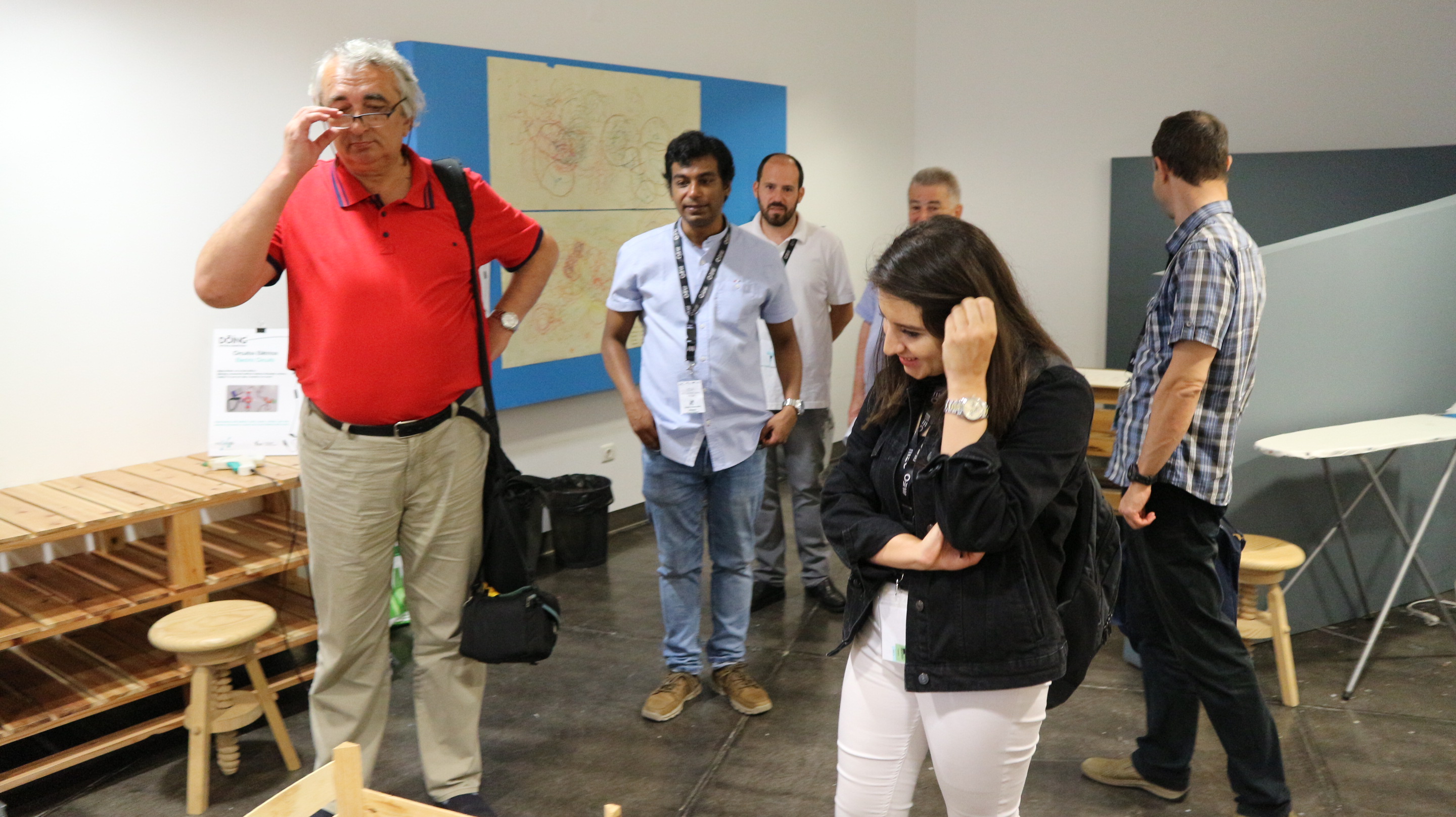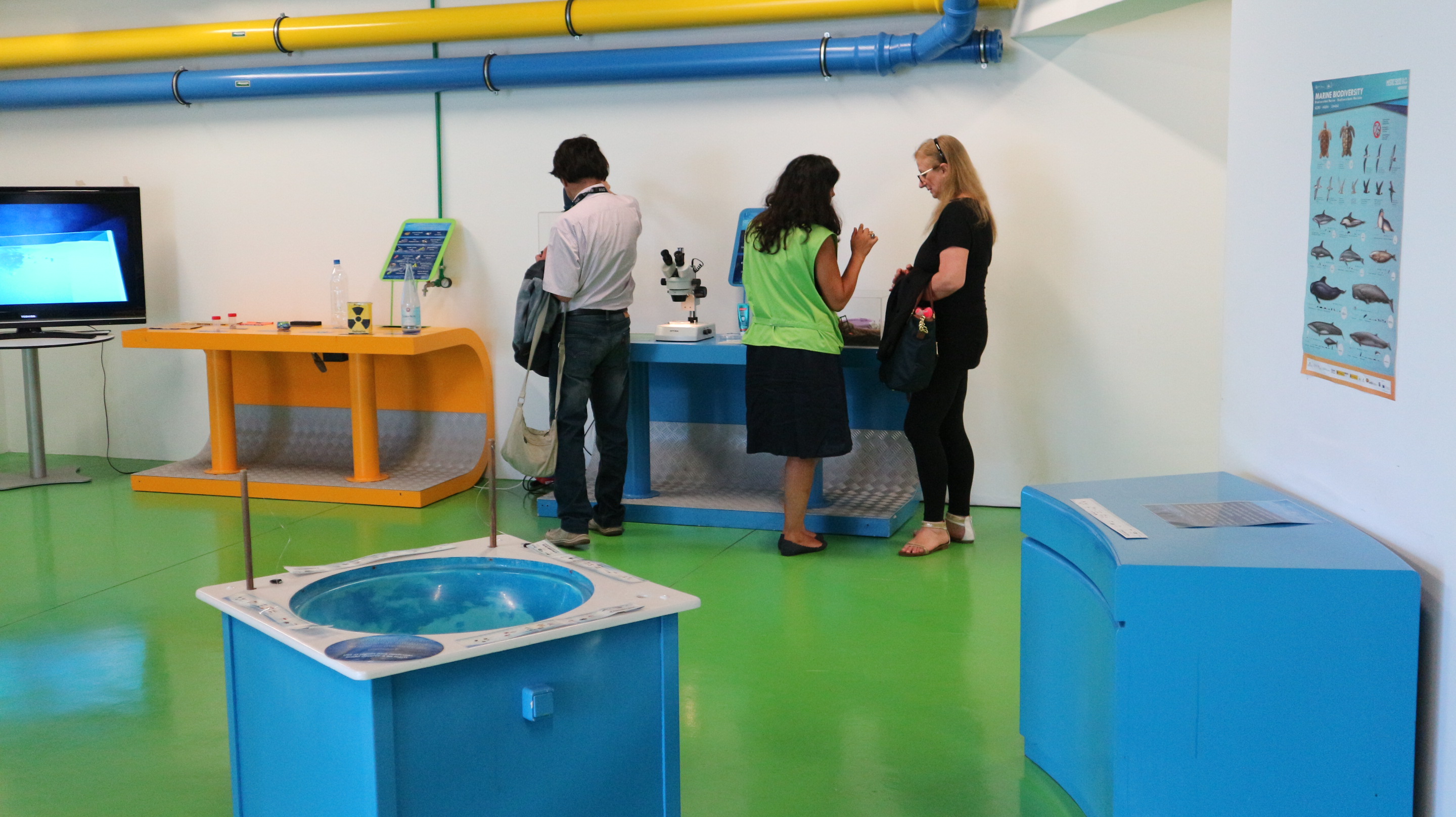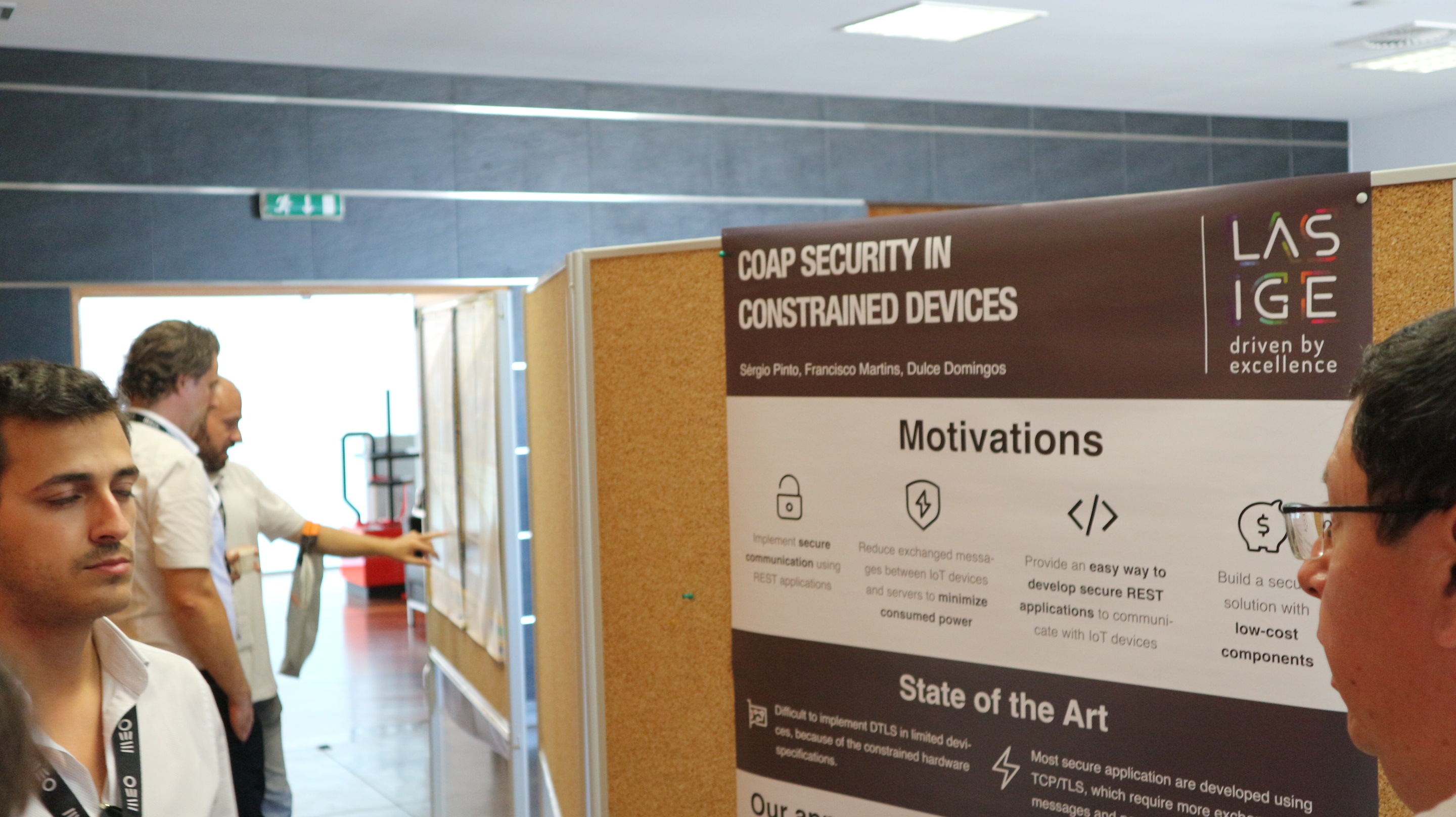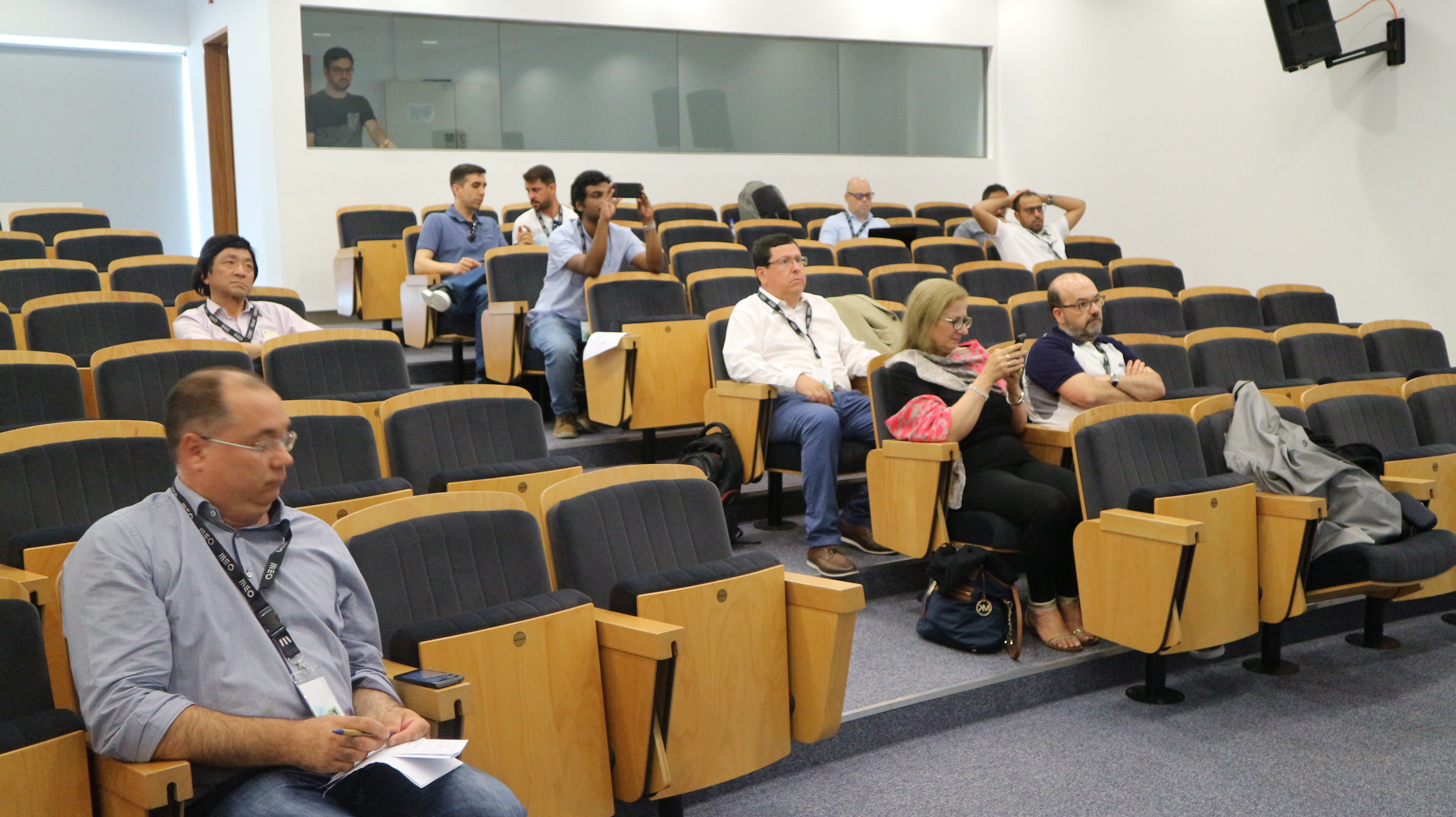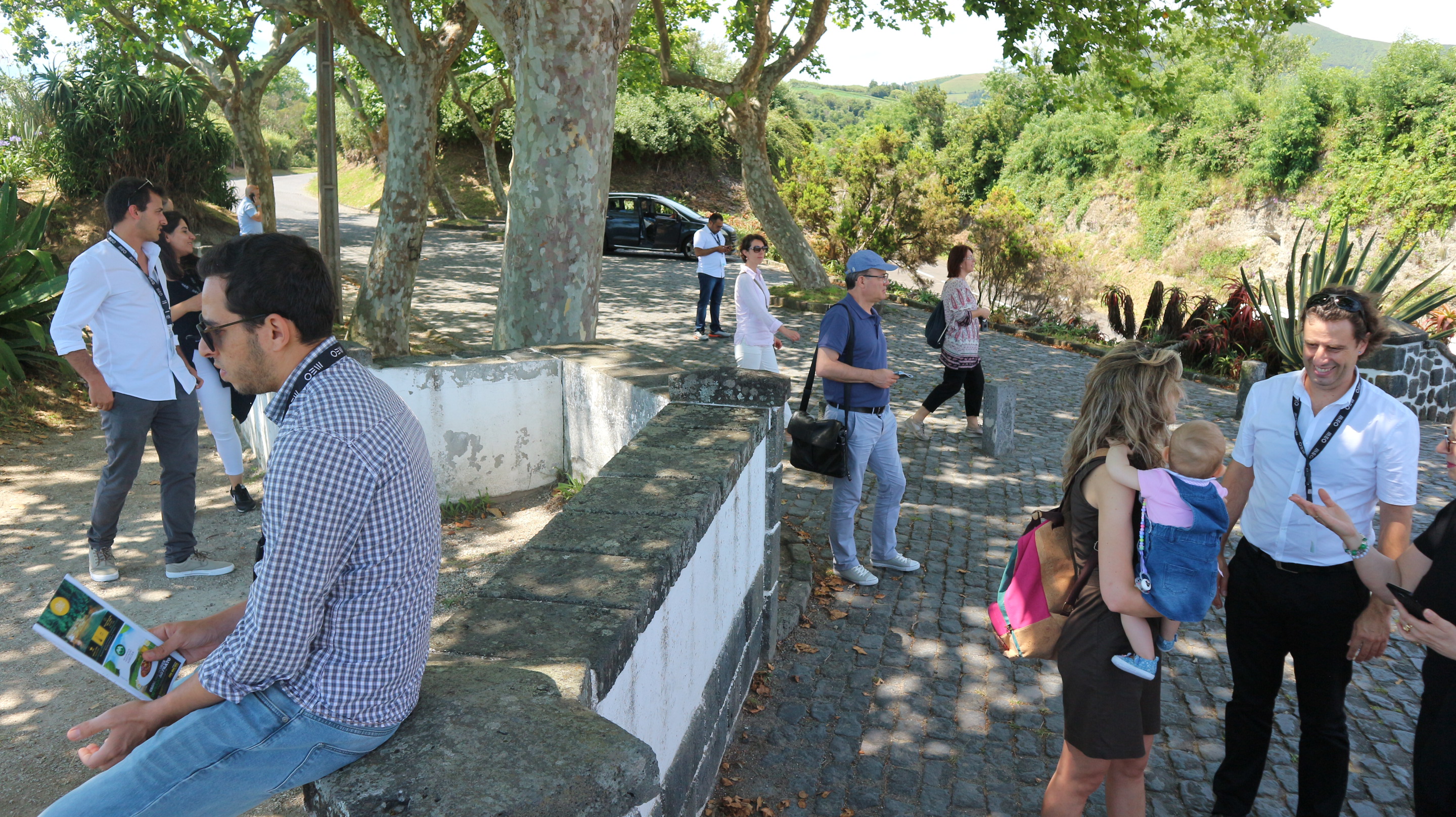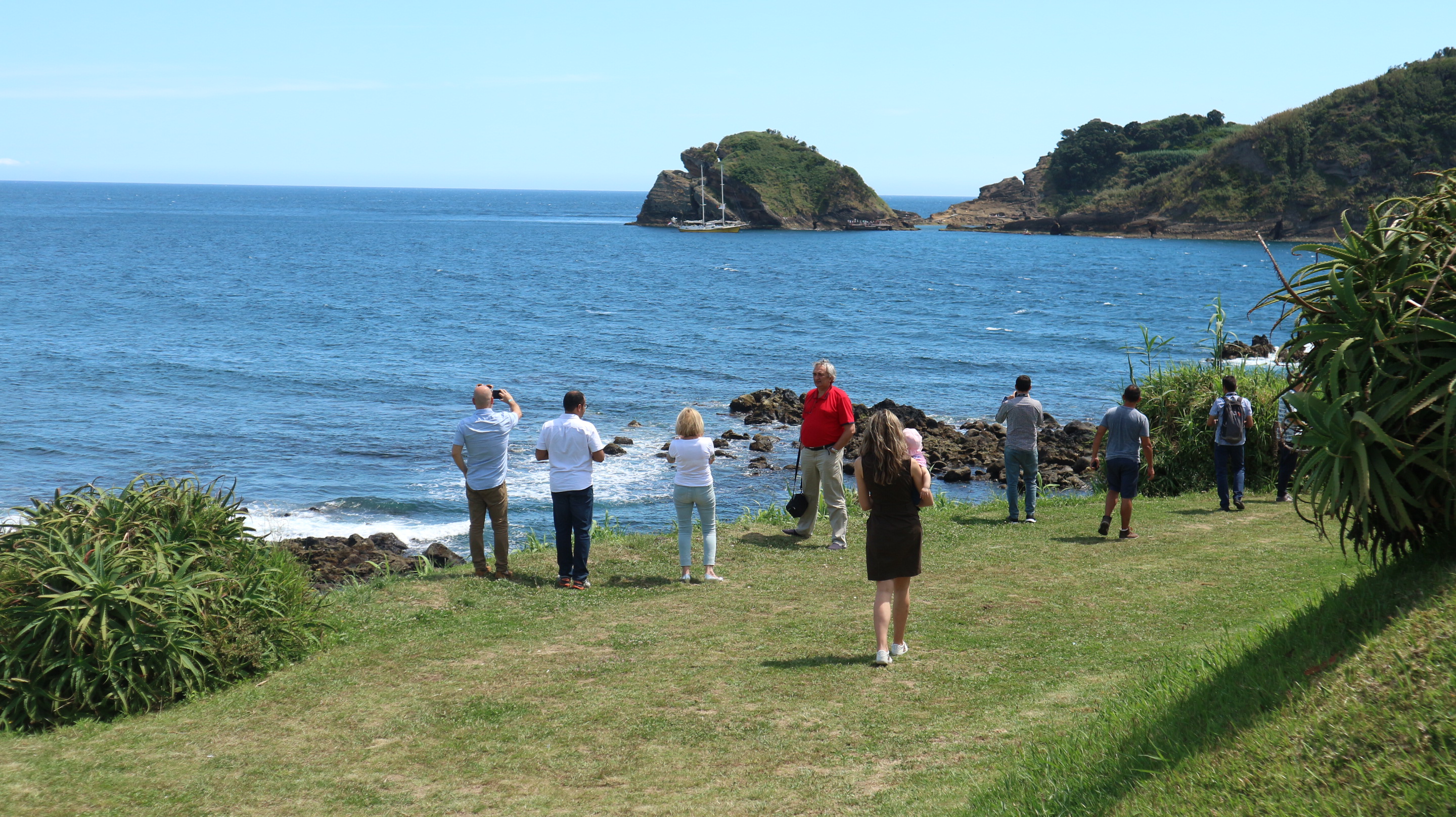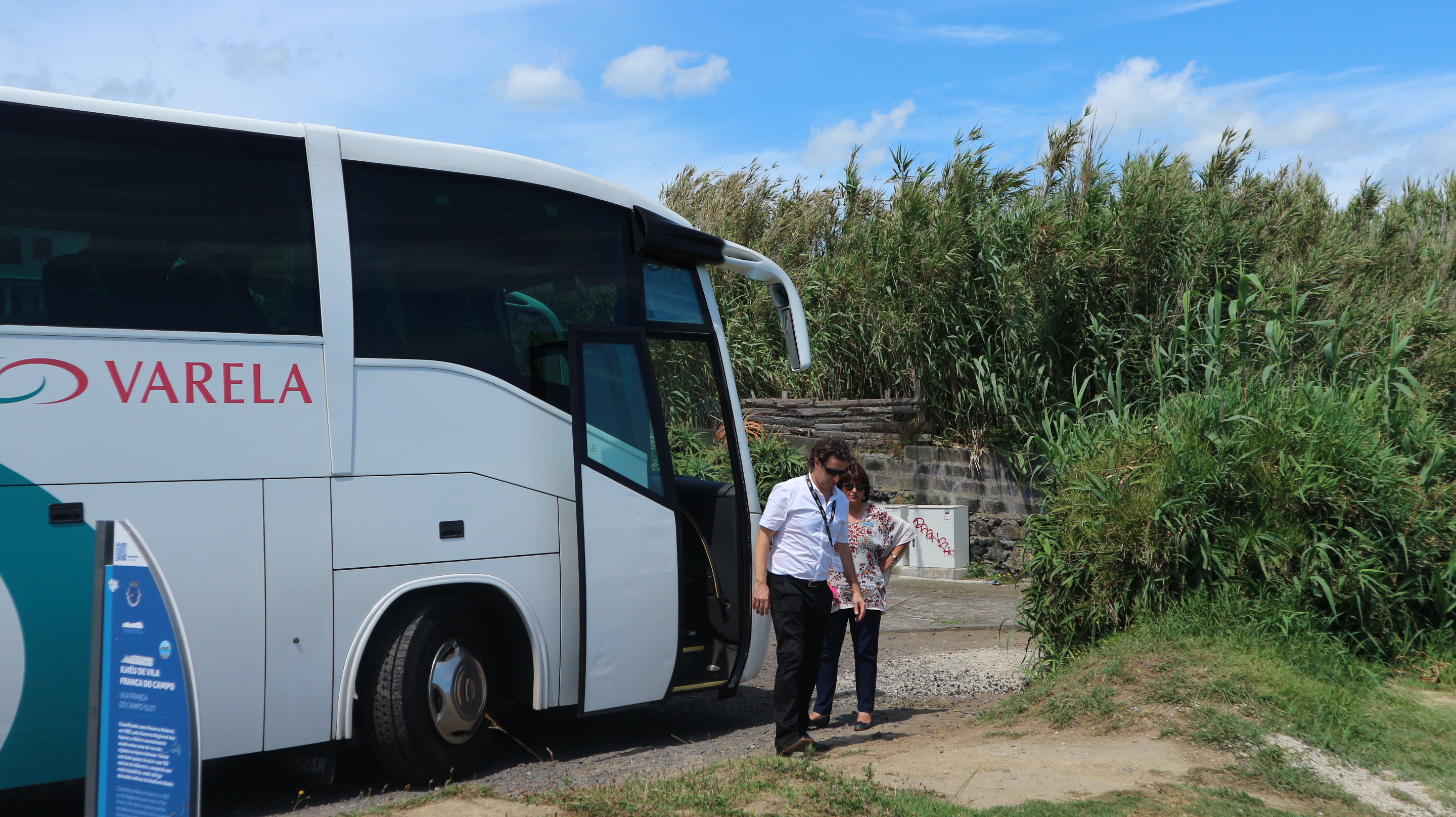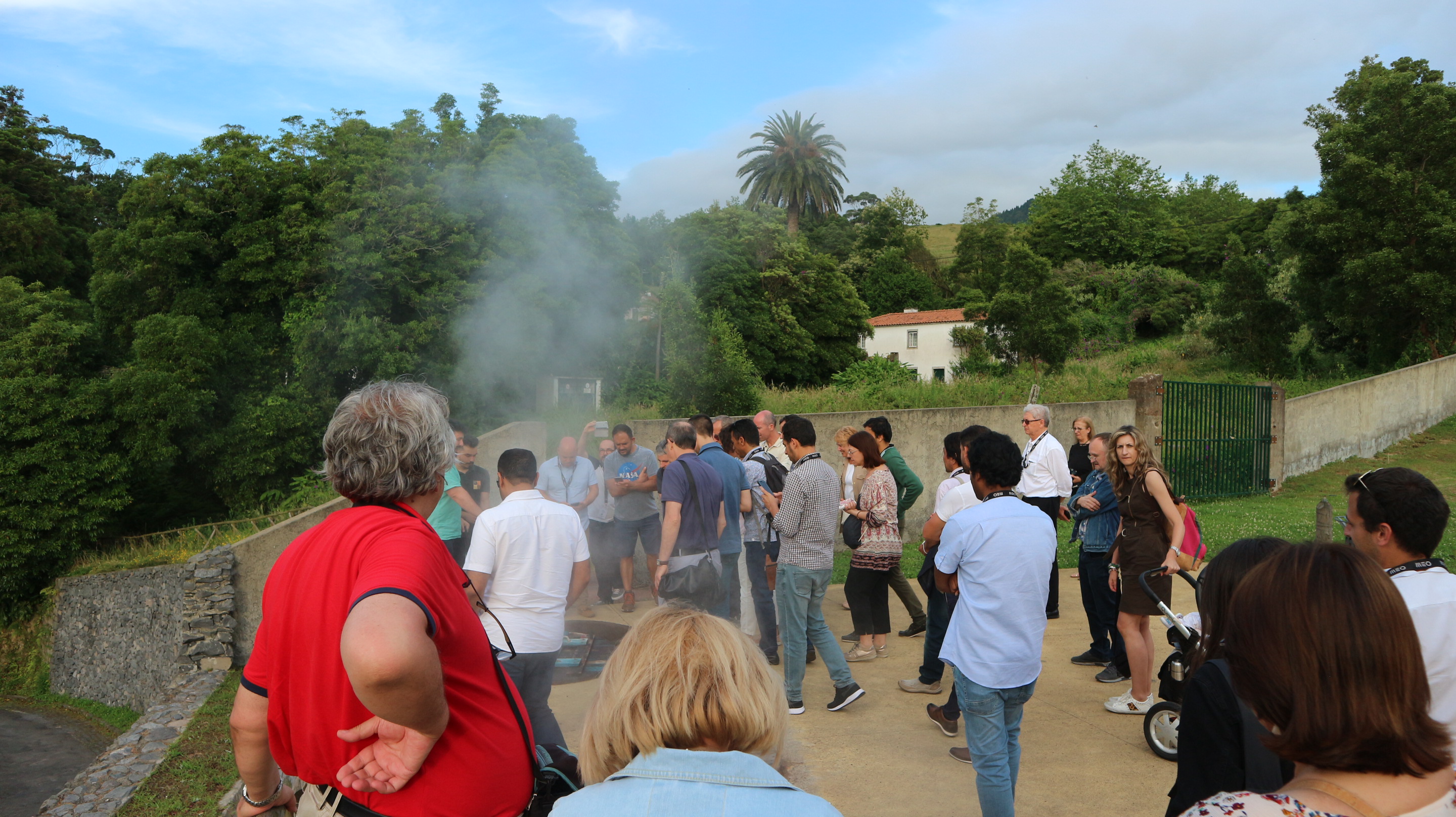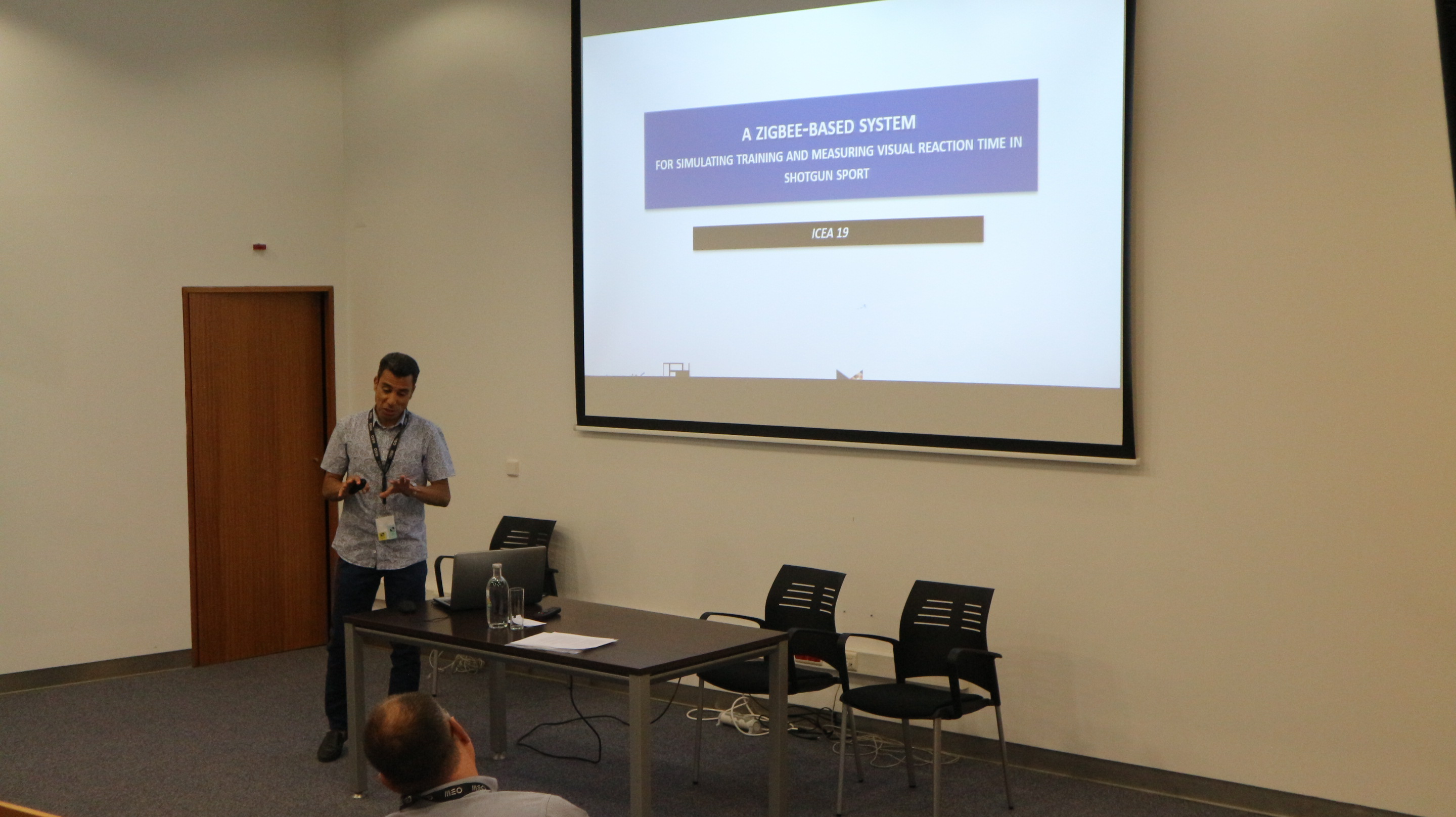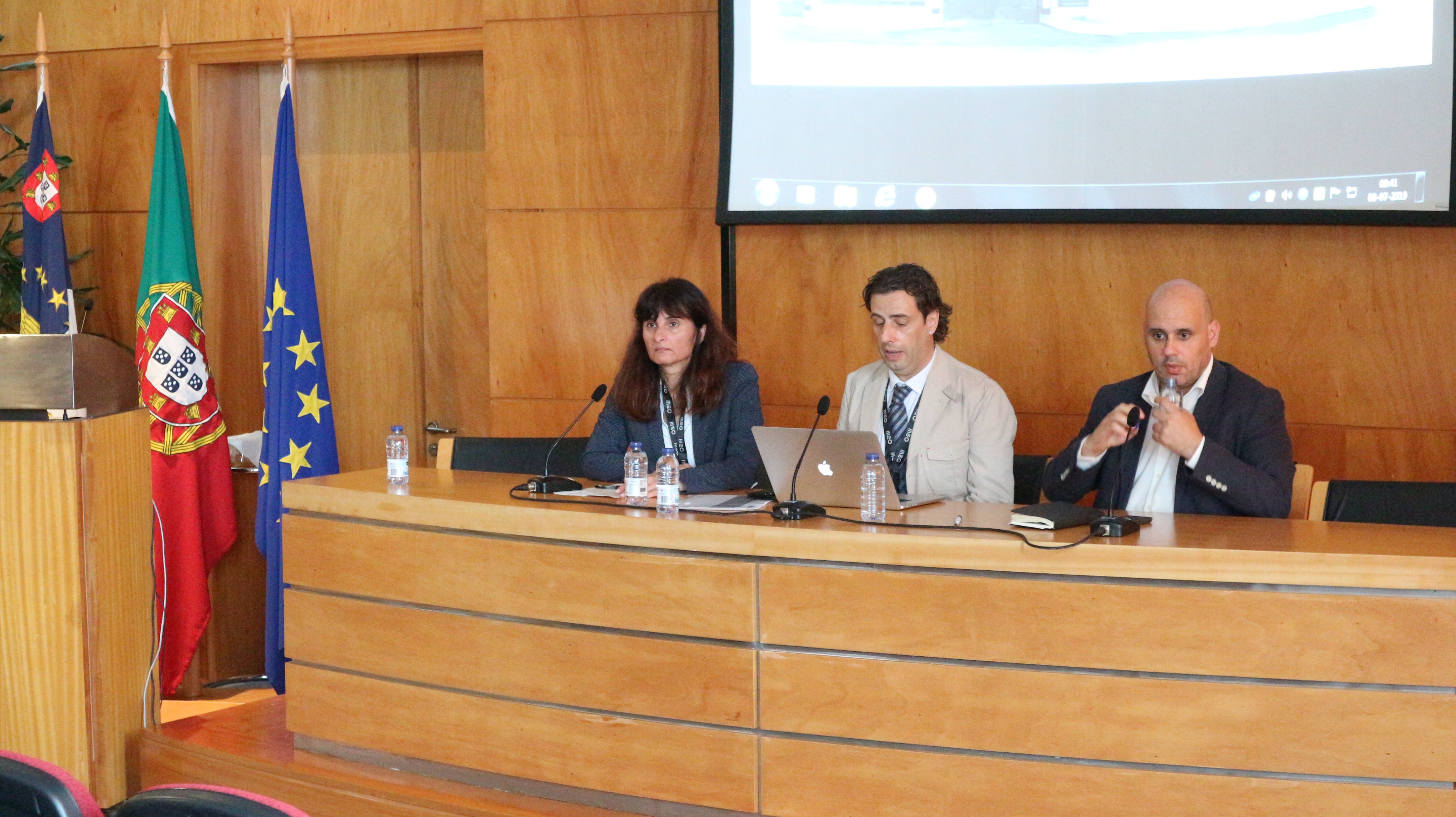Invited Speakers
Invited Speakers
| Professor Jair Minoro Abe (PhD) Full Professor, University of Sao Paulo, Brazil |
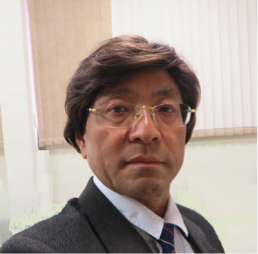 |
Keynote Talk: Towards Paraconsistent Engineering
Jair Minoro Abe received B.A. and MSc in Pure Mathematics – University of Sao Paulo, Brazil. Also received the Doctor degree and Livre-Docente title fromthe same University. He is currently coordinator of Logic Area of Institute of Advanced Studies – University of Sao Paulo Brazil and Full Professor at Paulista University – Brazil. His research interest topics include Paraconsistent Annotated Logics and AI, ANN in Biomedicine and Automation, among others. He is Senior Member of IEEE.
Professor Abe is a studious of a family of Paraconsistent Annotated Logic which is used to solve many complex problems in engineering. He has authored/edited books on Paraconsistent and related logic published by Springer Germany and other reputed publishers.
He is the recipient of many awards including medals for his academic performance and also received many best papers awards. Professor Abe was the Editor-in-Chief of Publicações da Sociedade Paranaense de Matemática de 1990 – 1994. Presently, Professor Abe serves as Associate Editor and member of the EditorialBoard of somejournals related to the intelligent systems and applications.
Professor Abe has supervised a number of PhD candidates successfully and presented a number of keynote addresses.
He has authored/co-authored around 300+ publications including books, research papers, research reports, etc.
Professor Abe’s research interests include System design using conventional and Artificial Intelligence techniques, Paraconsistent Annotated Logic, Human factorsin Aviation, Intelligent Decision Making, Teaching &Learning practices, and Cognitive Studies.
________________________________
| Reinhard Haas, PhD
(University professor) Energy Economics Group, Institute of Energy Systems and Electric Drives, Vienna University of Technology |
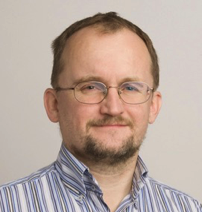 |
Biography:
Reinhard Haas is university professor of Energy Economics at Vienna University of Technology in Austria. He teaches Energy Economics, Regulation and Competition in Energy markets, and Energy Modelling.
His current research focus is on (i) evaluation and modelling of dissemination strategies for renewables; (ii) modelling paths towards sustainable energy systems; (iii) liberalisation vs regulation of energy markets; (iv) energy policy strategies.
He works in these fields since more than 20 years and has published more than 60 papers in reviewed international journals. Moreover, he has coordinated and coordinates projects for Austrian institutions as well as the European Commission and the International Energy Agency.
________________________________
| Professor Maria Teresa Restivo (PhD) Full Professor, University of Porto |
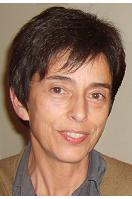 |
WORKSHOP: Experimental activity, engineering students’ skills, innovation, industry and societyThe role of universities, and especially of their engineering schools, to plan and optimize their output of future professionals, represents a terribly demanding challenge due to our globalization era, with an unprecedented speed of change in the global environment.
The traditional slow adjustment of past curricular reforms in engineering schools has been accelerated to provide student profiles suitable to the global industry and to society demands. Topics such as project management, technology evaluation, engineering innovation and product testing are a few examples of current student skills to be add to scientific and technical knowledge.
As a simple example, I will look at the approach of the Laboratory of Instrumentation for Measurement (LIM) at the Faculty of Engineering of University of Porto and I will try to analyse its initiatives either in involving students in applied research activities and their outputs or in other activities within the society, with intensive gain in complementary skills.
LIM has provided resources, inspiration topics and freedom to their collaborators to work on innovating solutions, in contact with different areas of academic knowledge and listening society needs, gaining skills required by any successful engineering professional.
In each one practical activity, where creativity, and problem-solving where required, these students have engaged in higher-order thinking processes that benefits them, their peers, their instructors, and society.
Different examples could be presented where LIM has been sharing with its students or young granted graduated members, international and national Awards, patents, publications, communications at international and national events, etc.
Additionally to this discussion, some demonstrations of smart equipment developed under these approaches will be performed.
